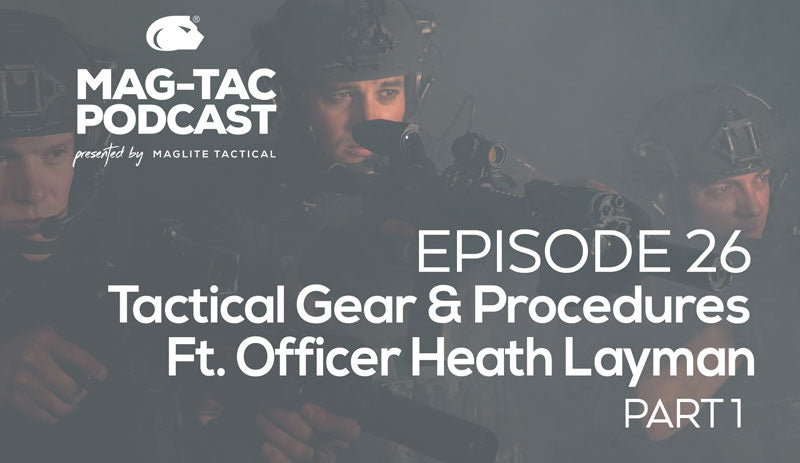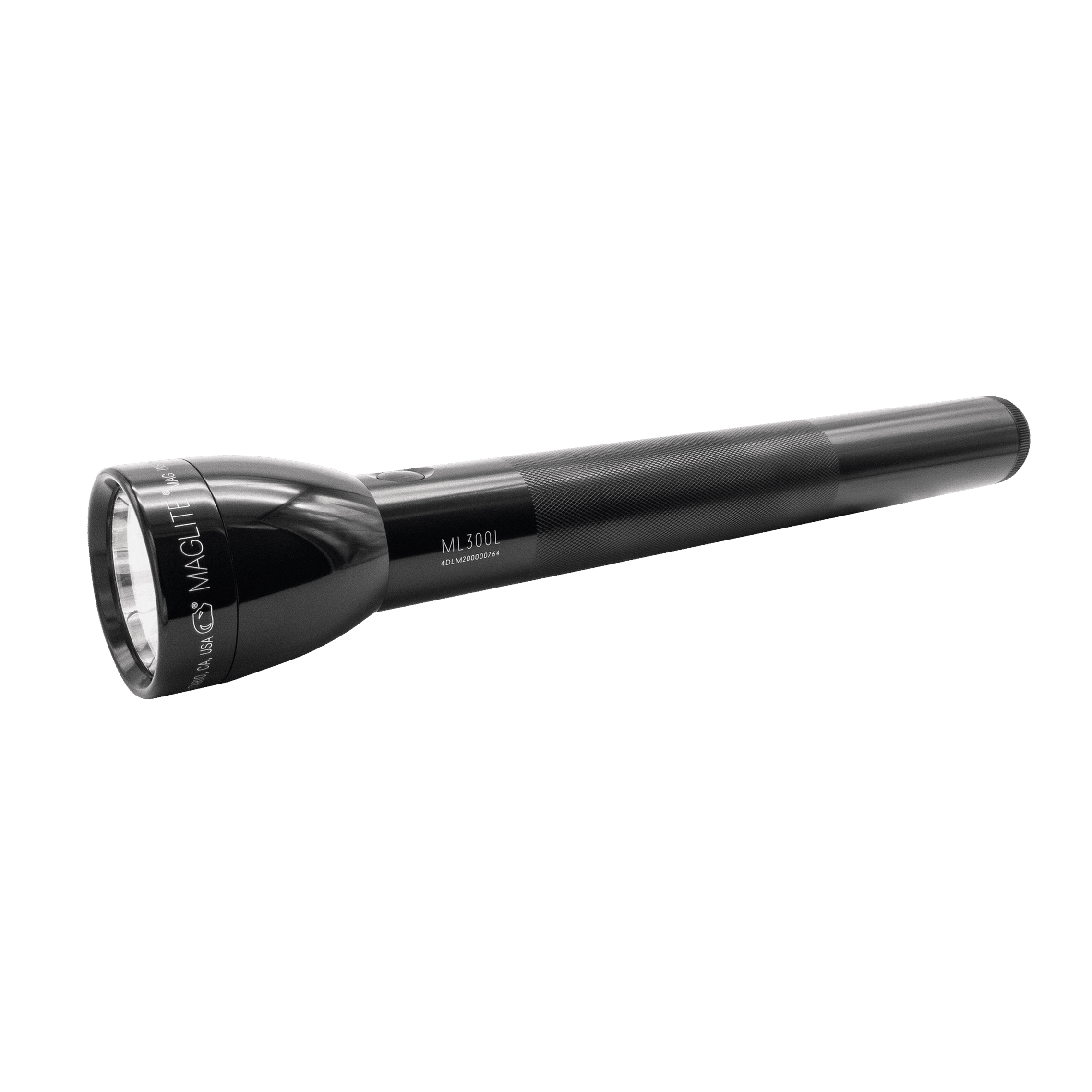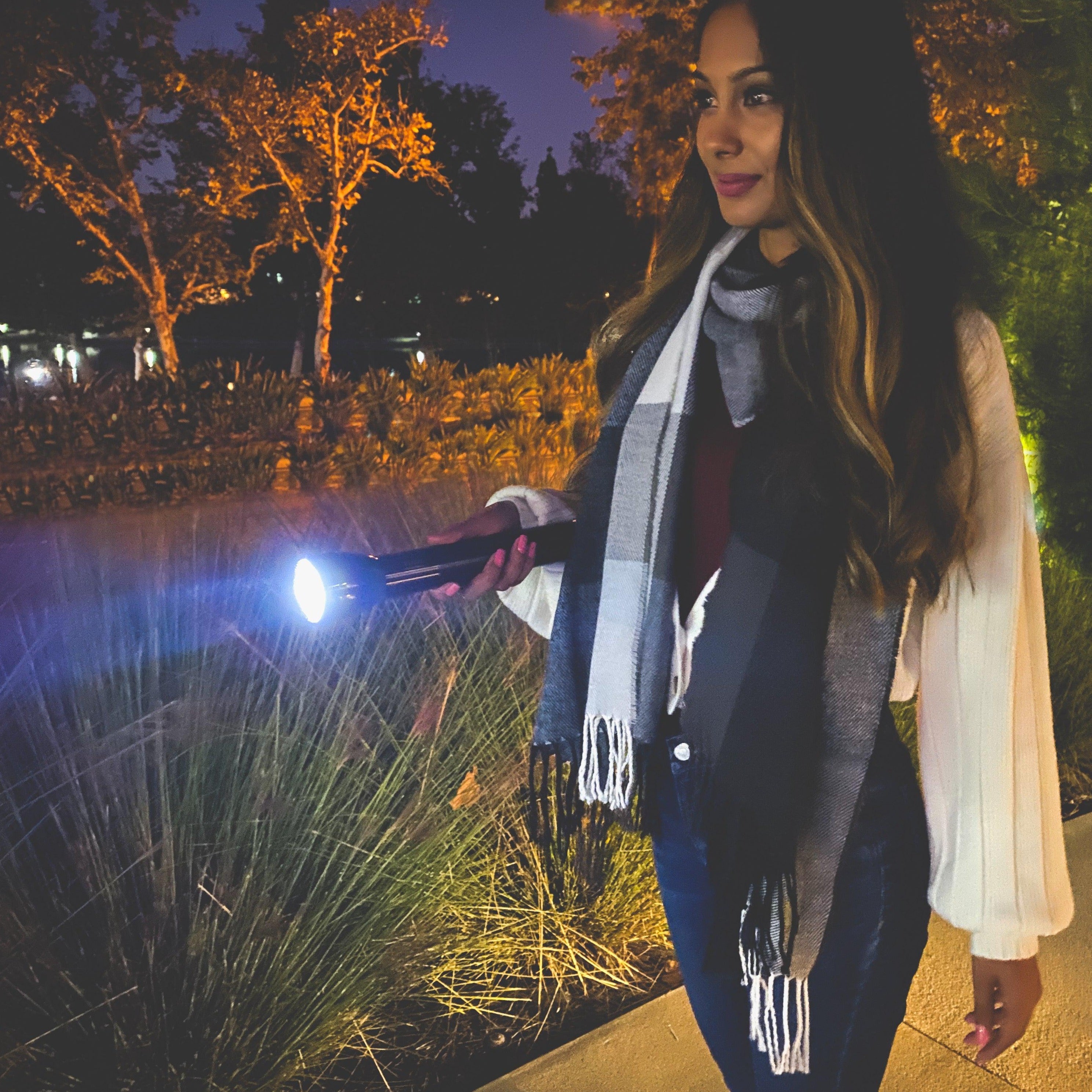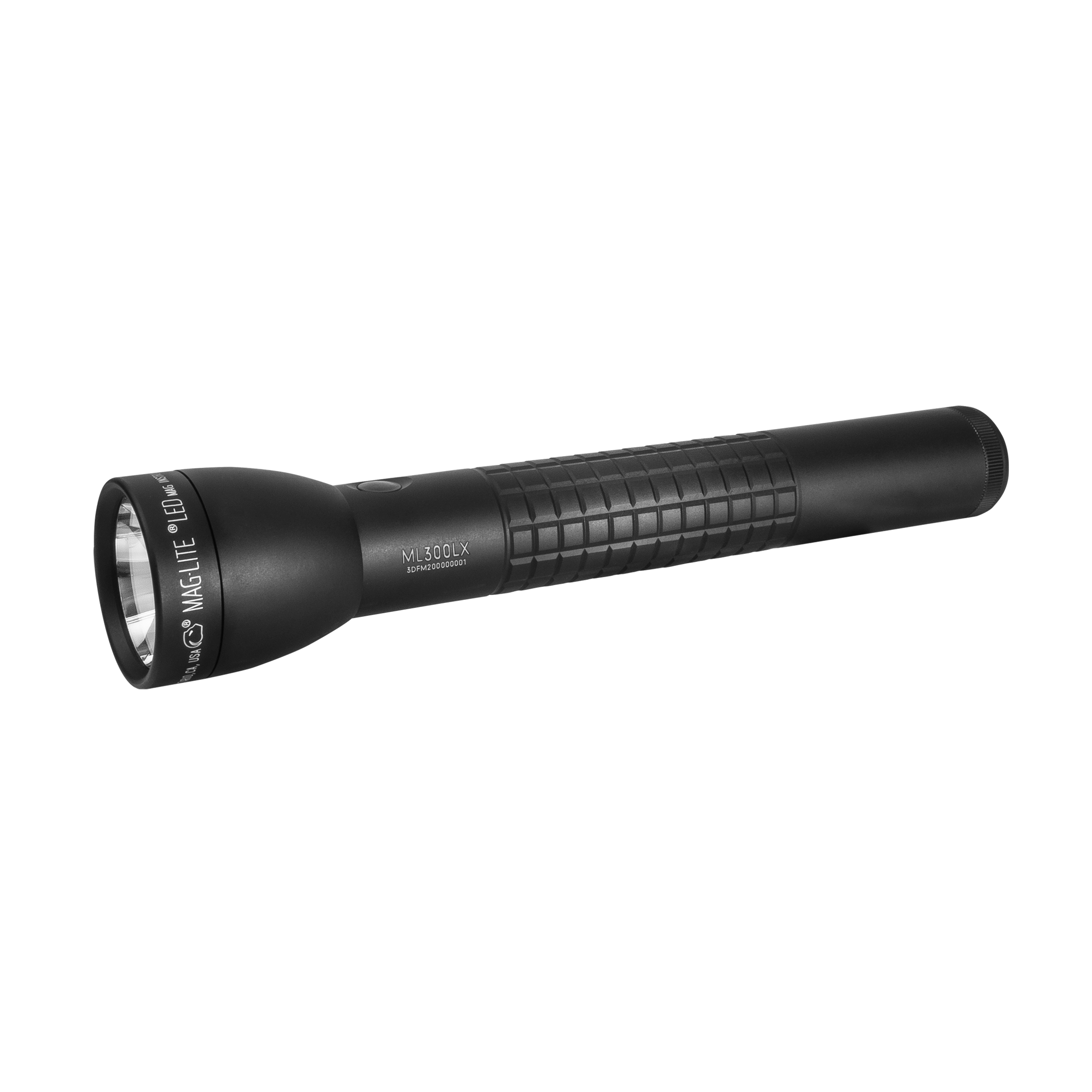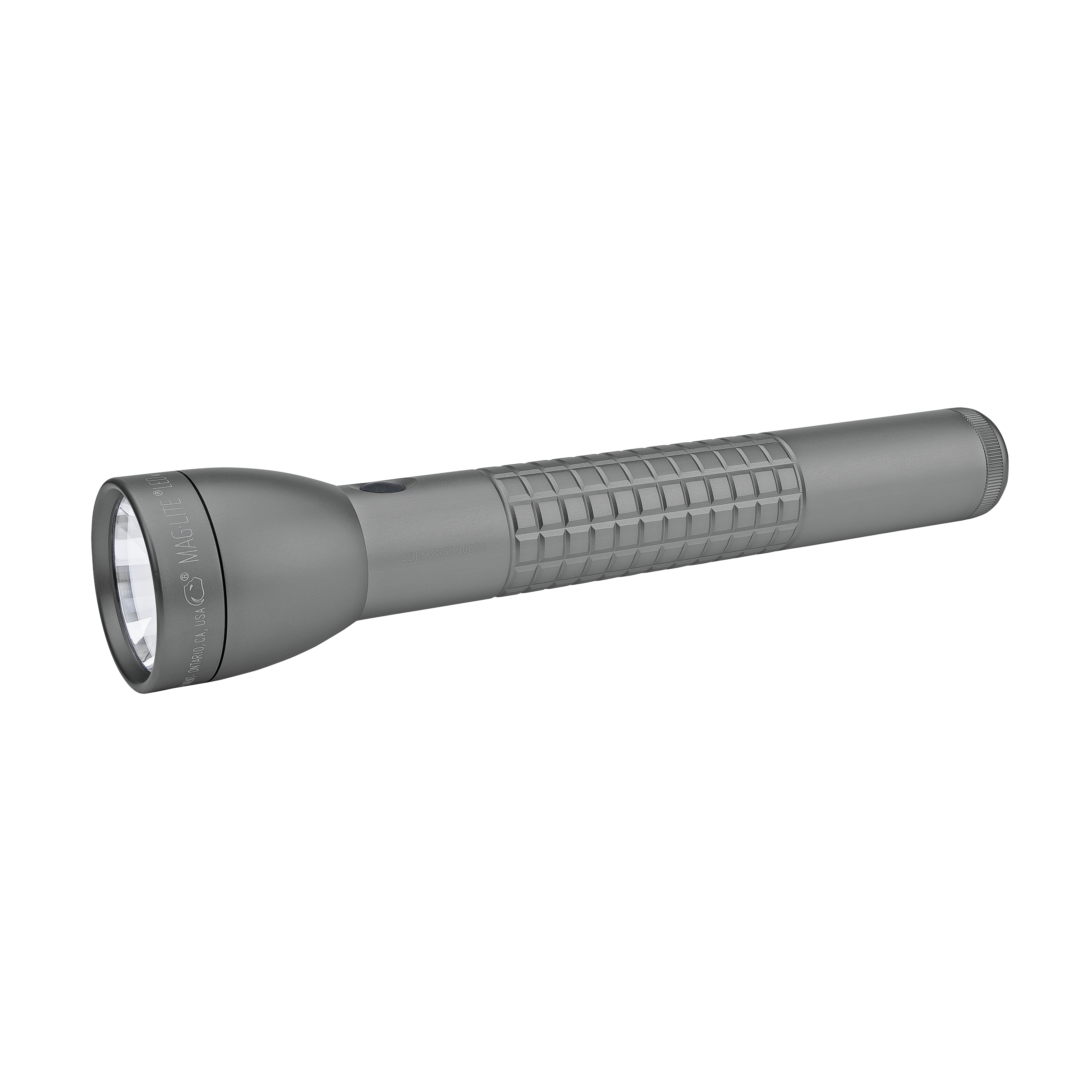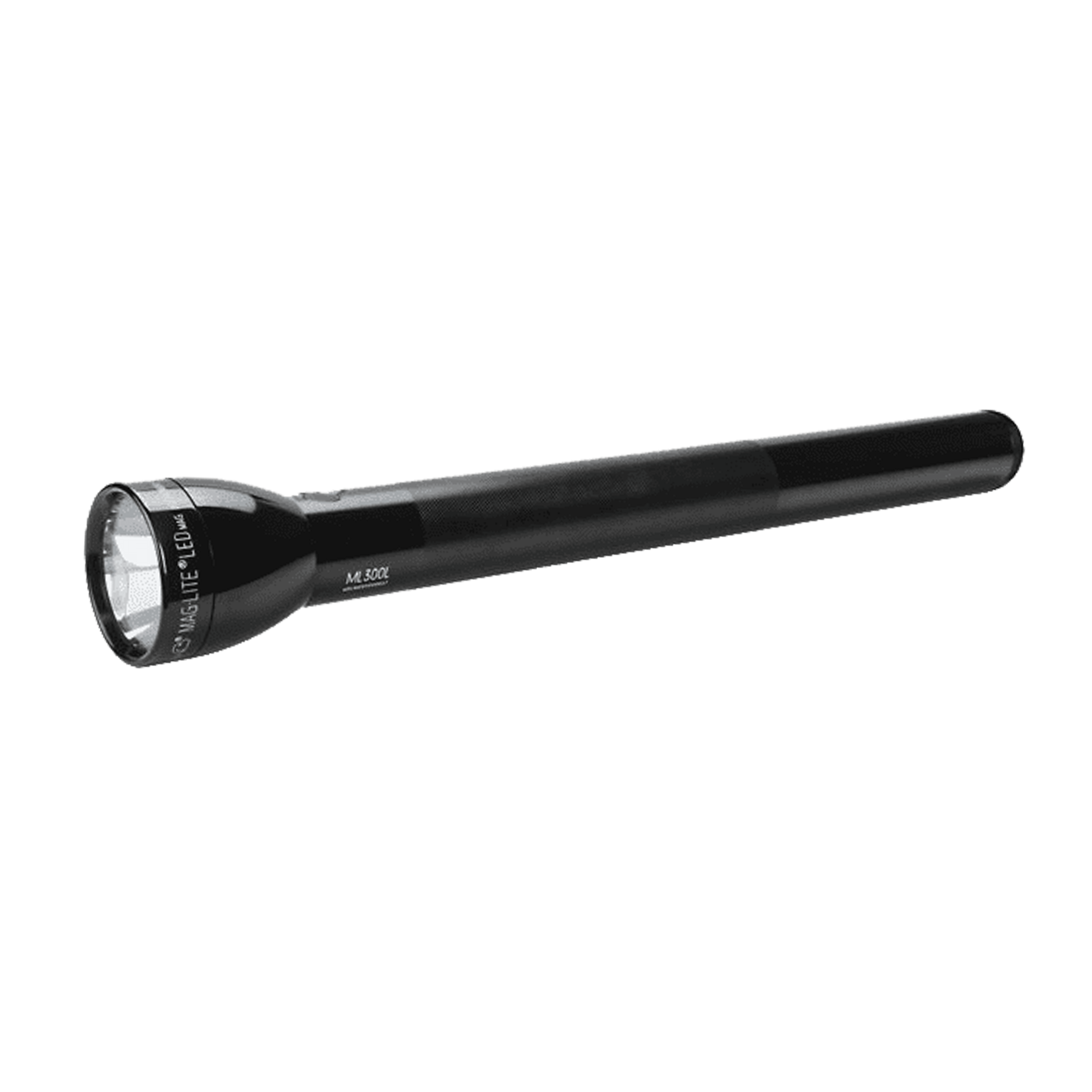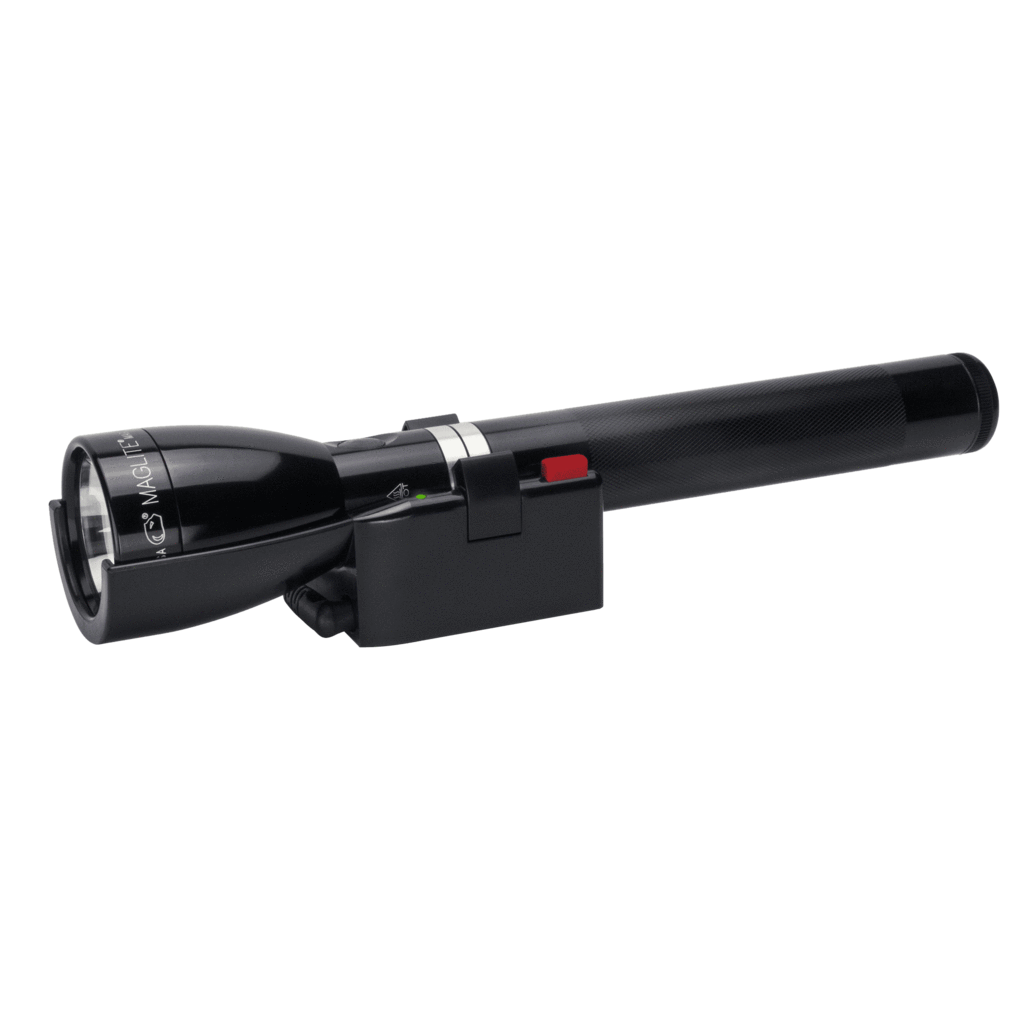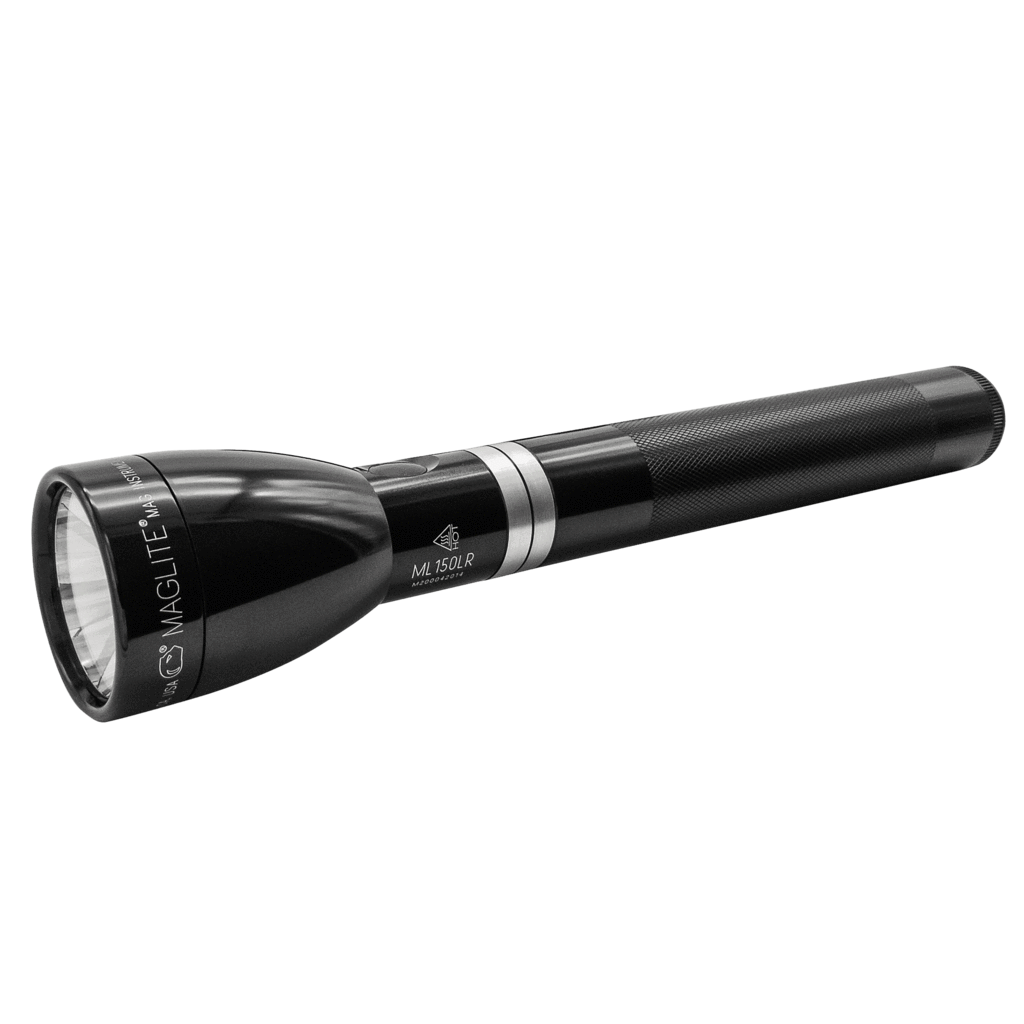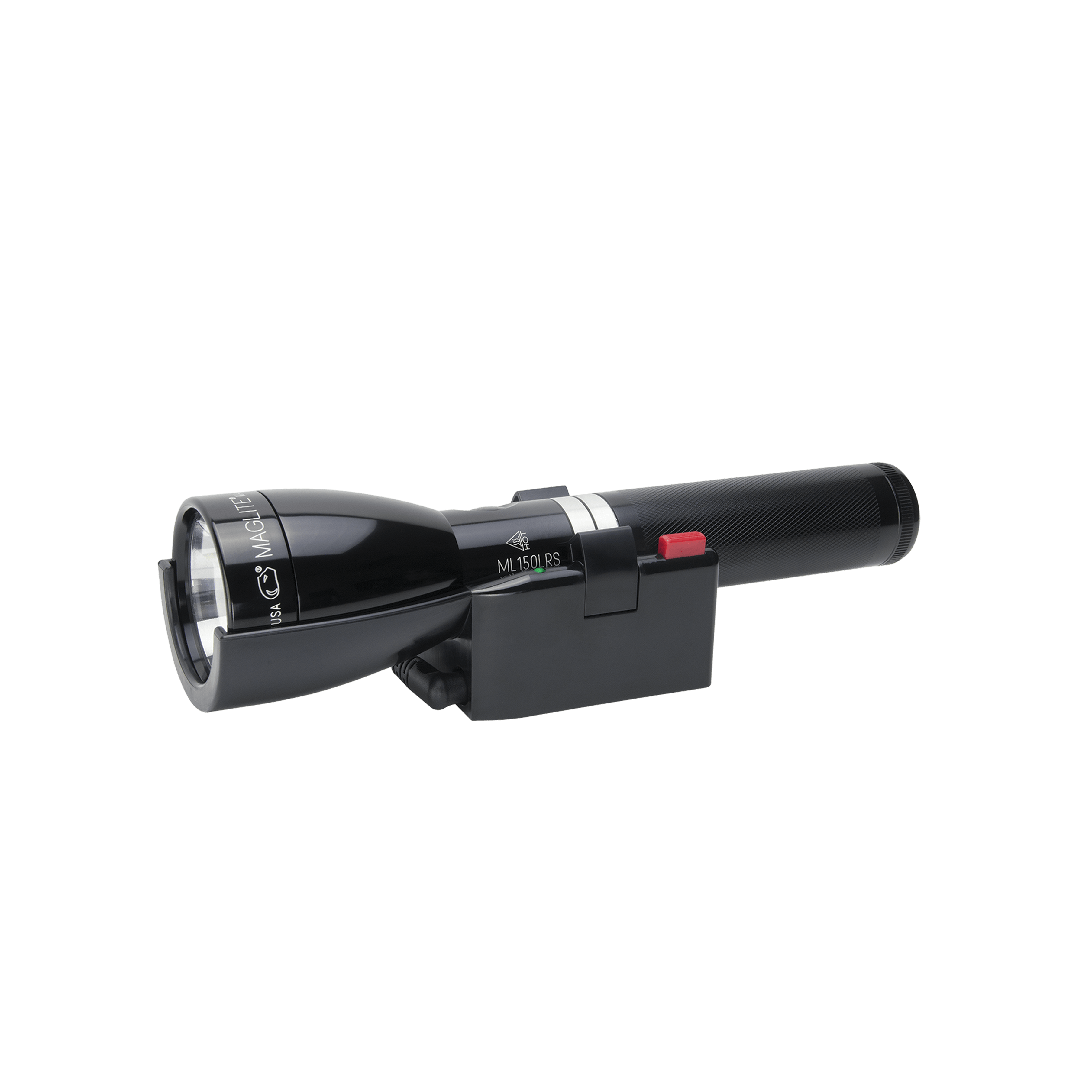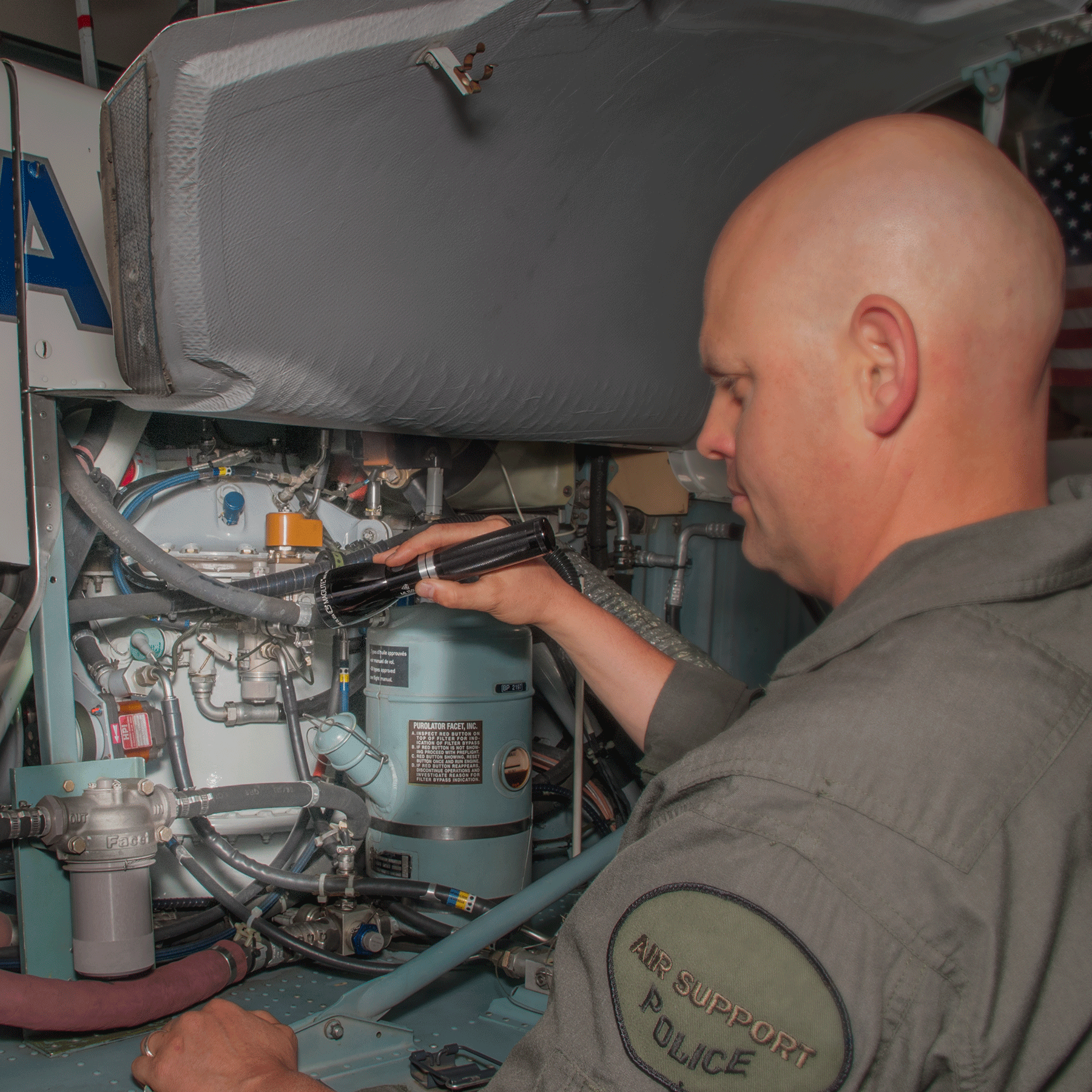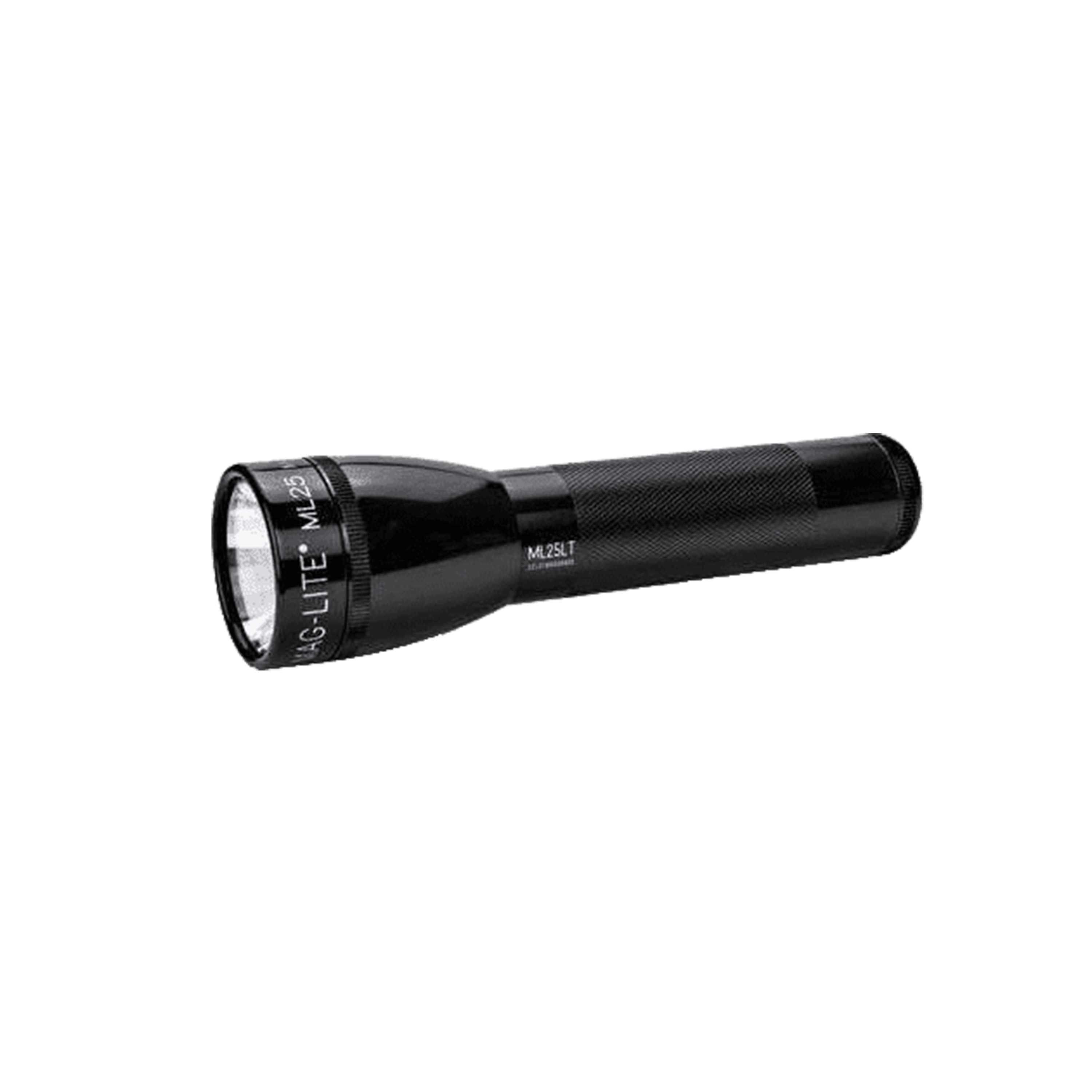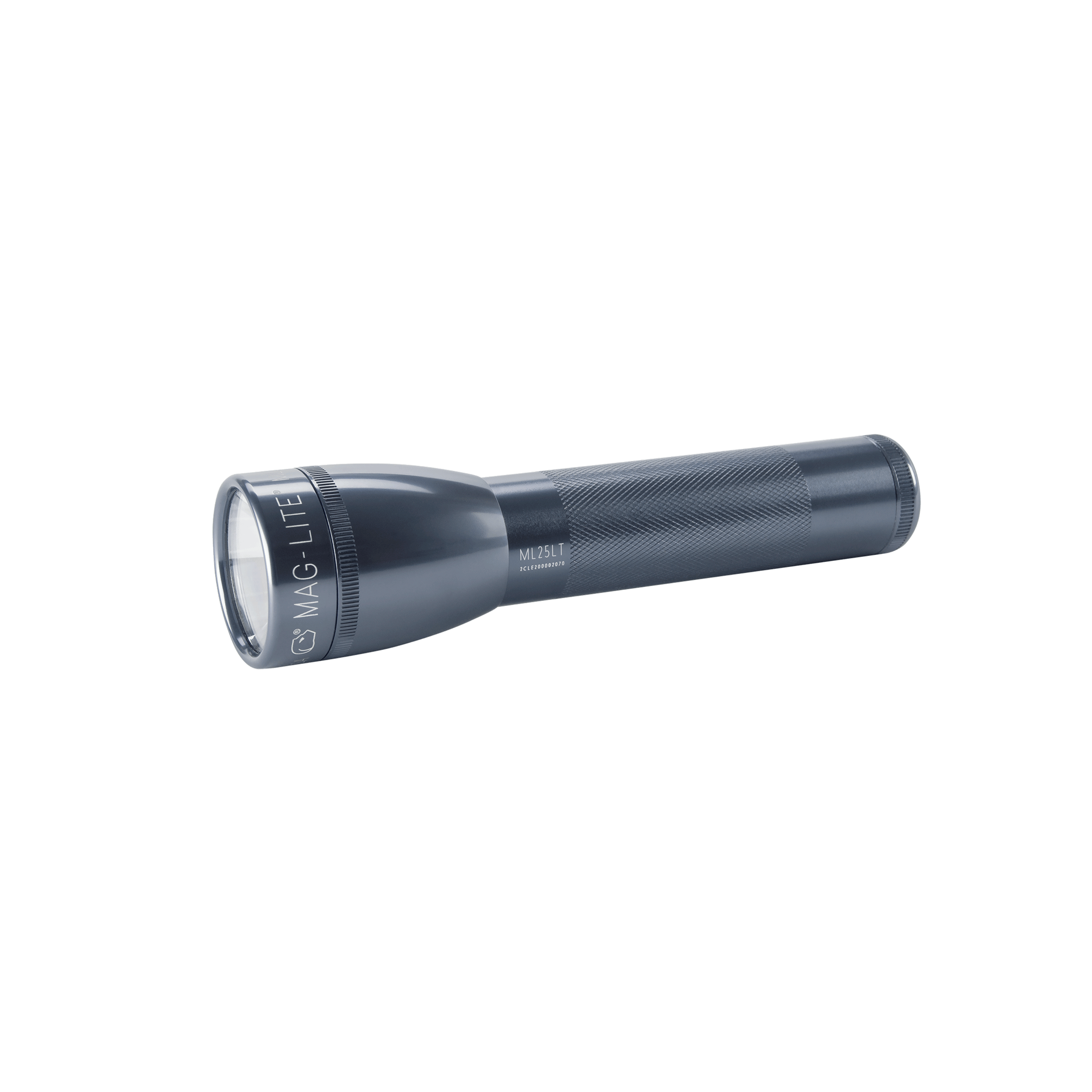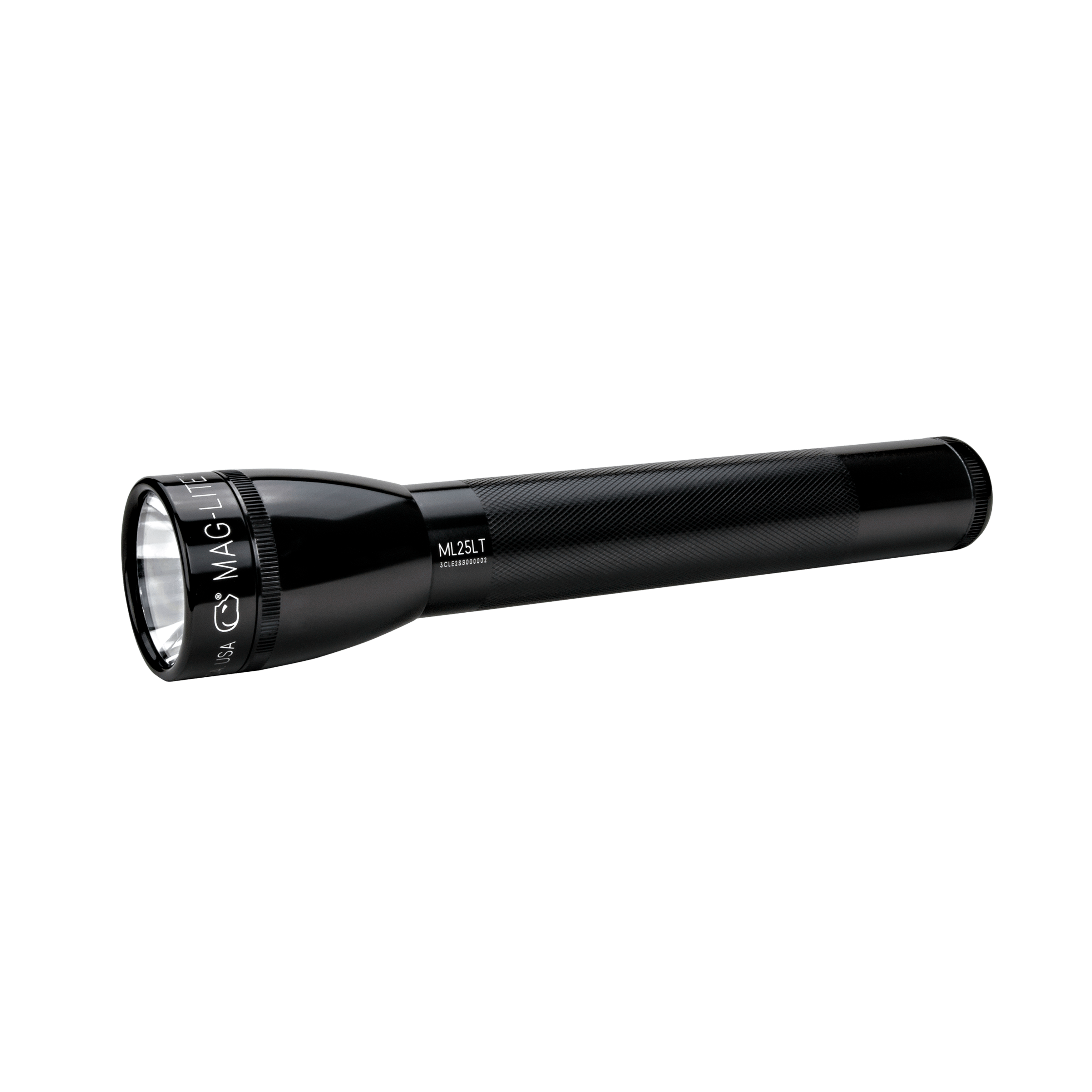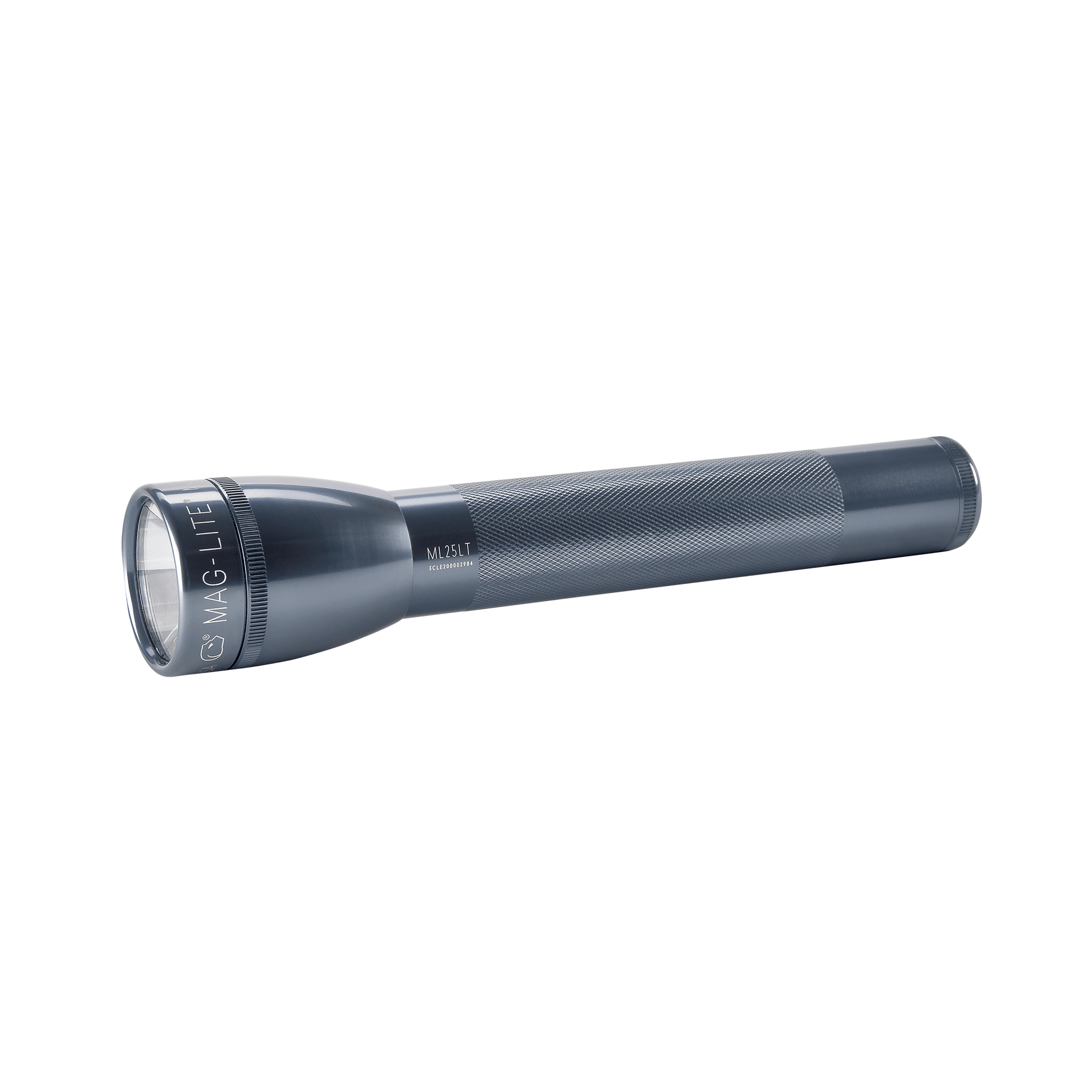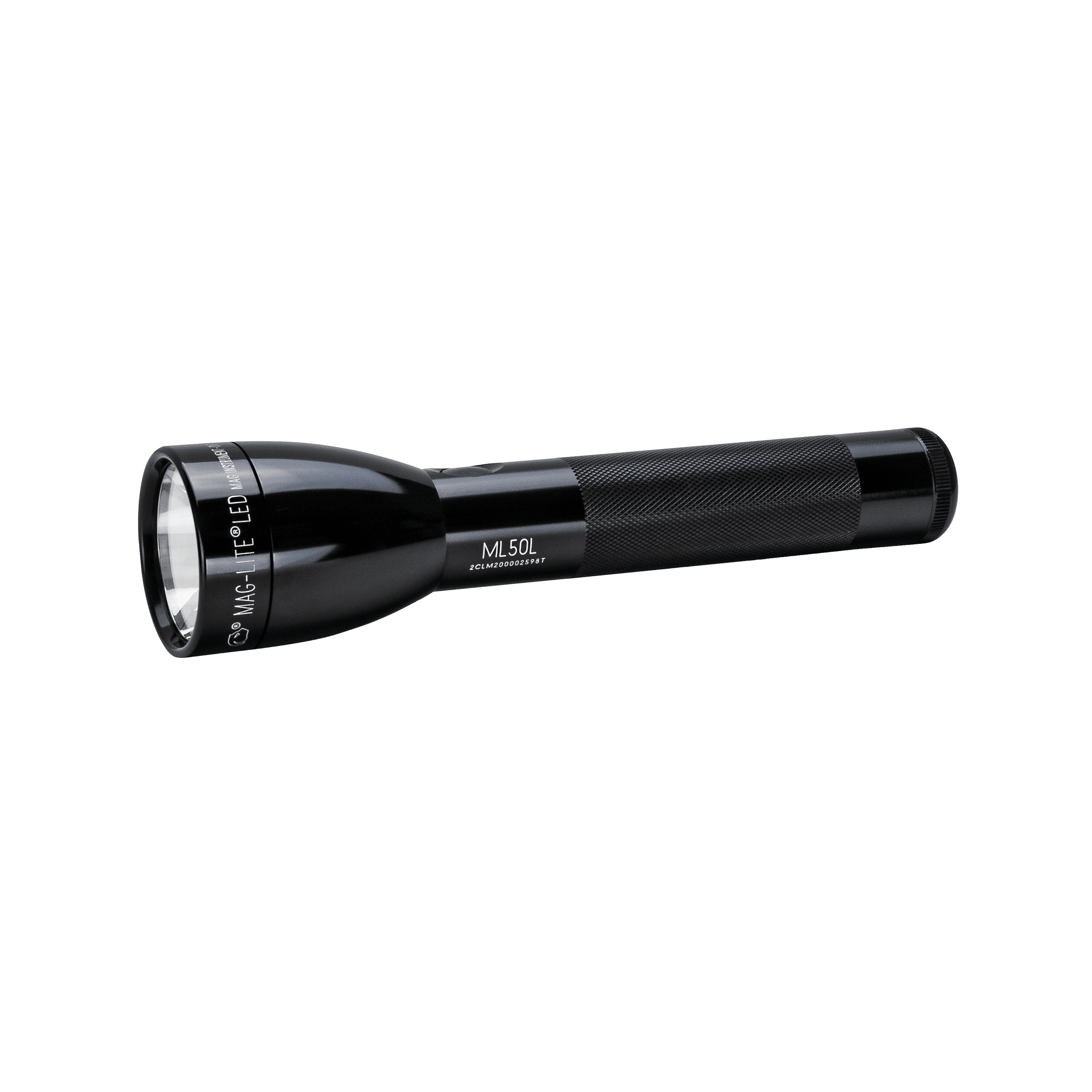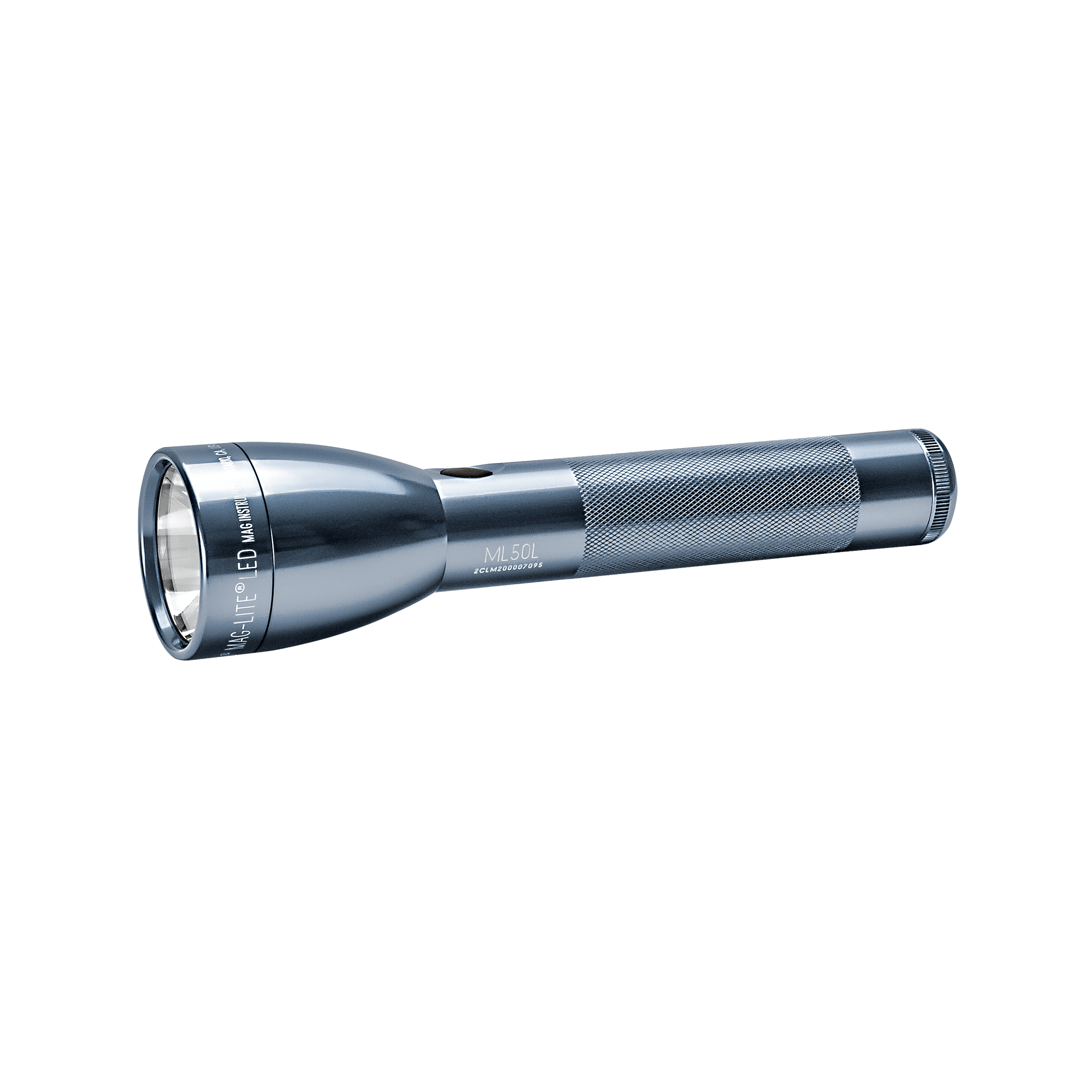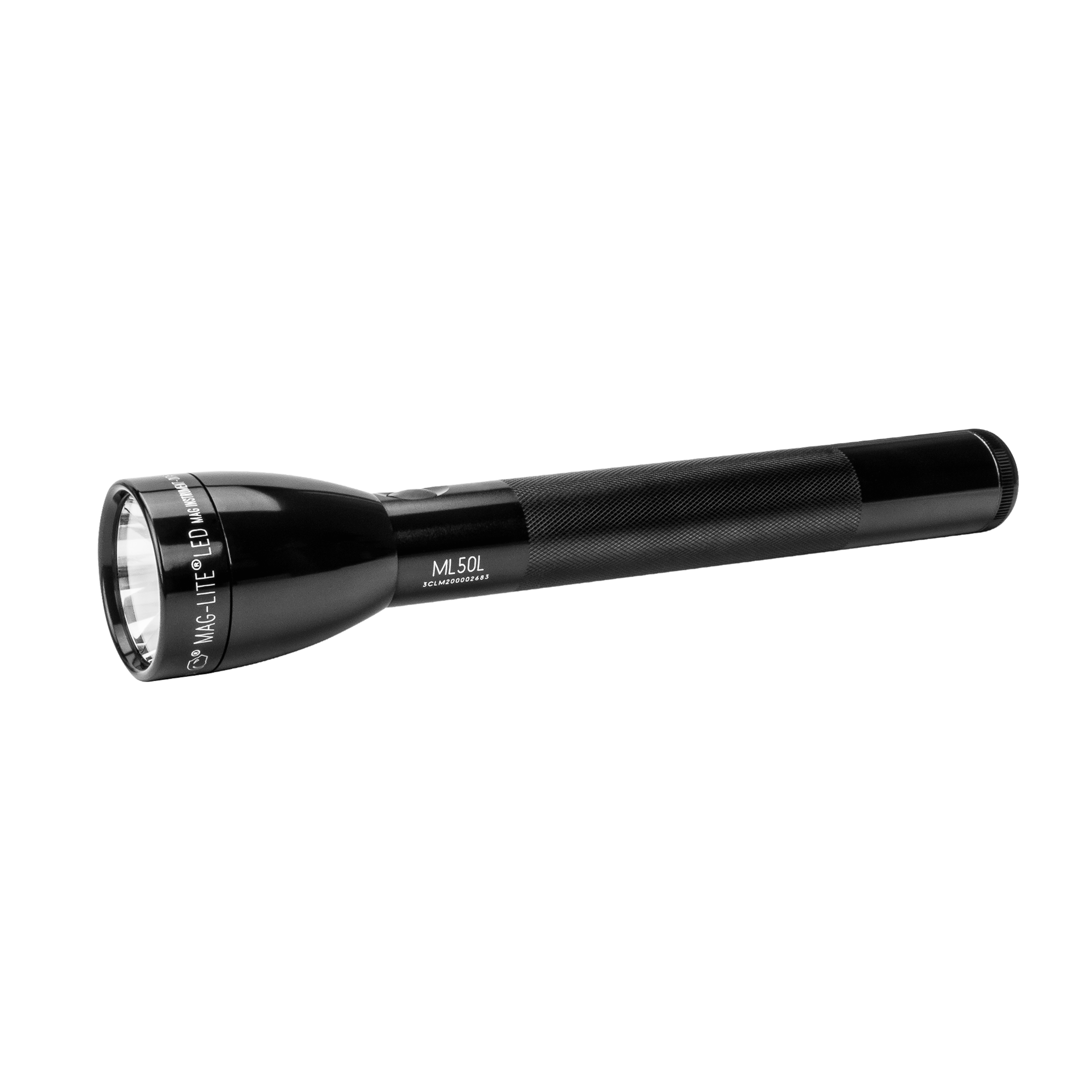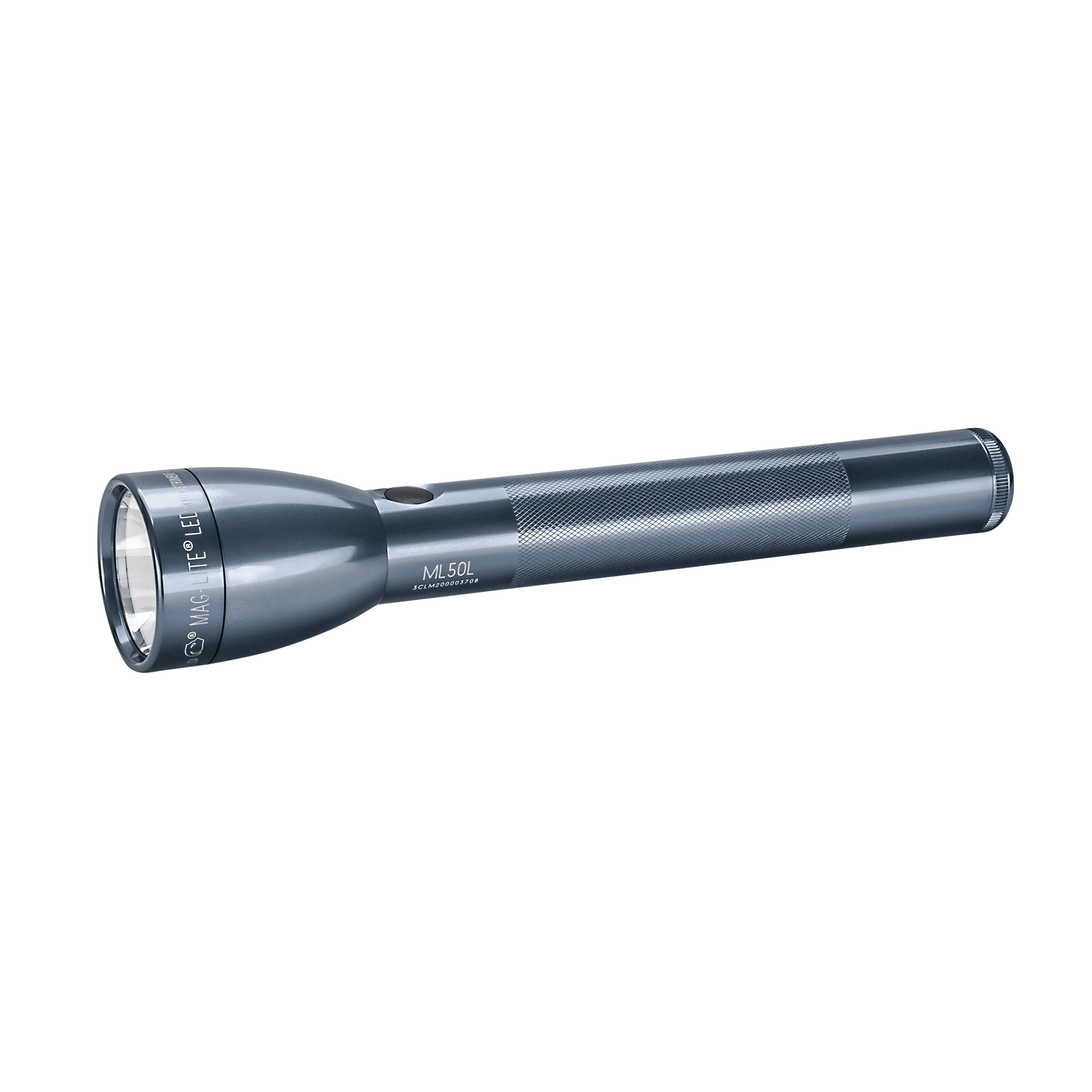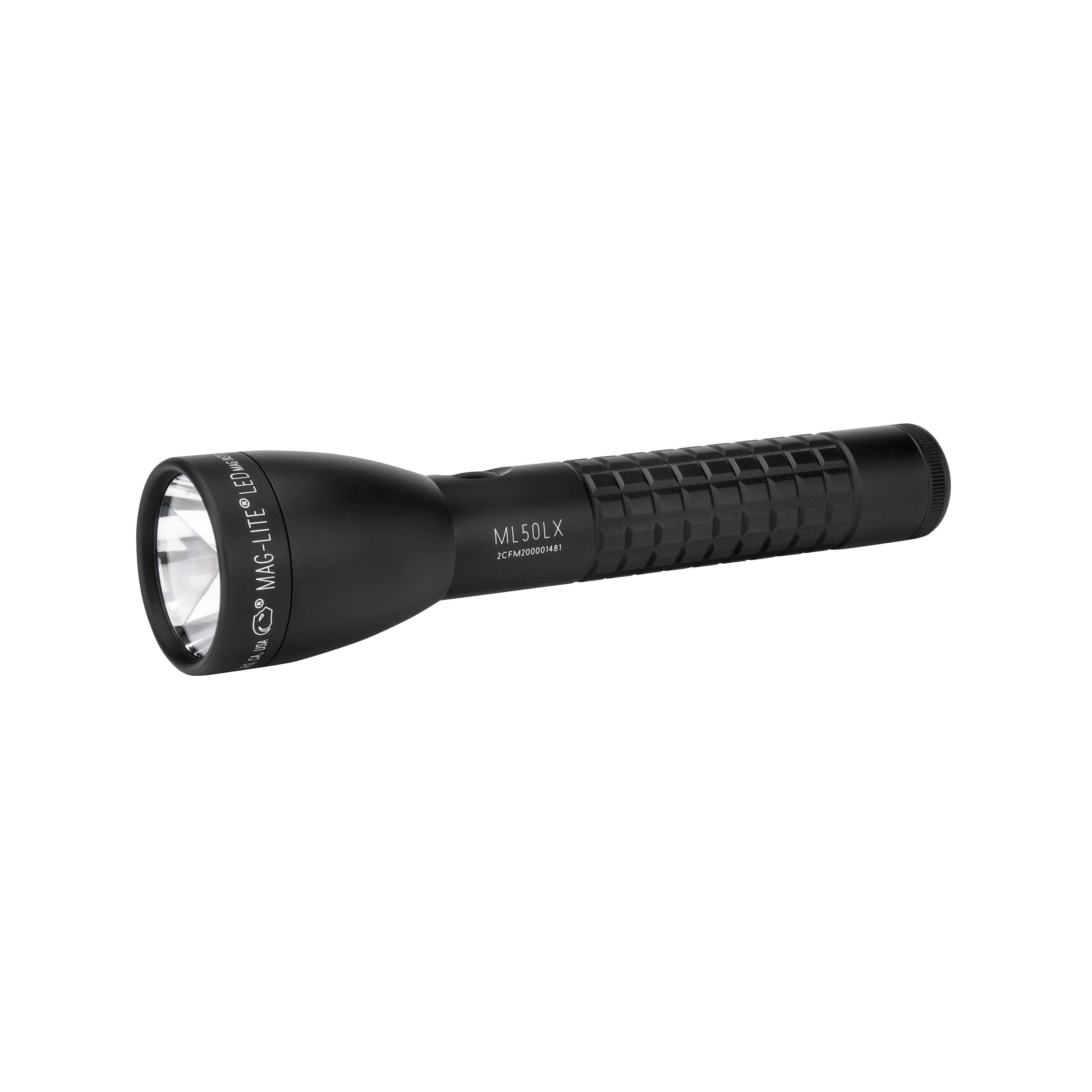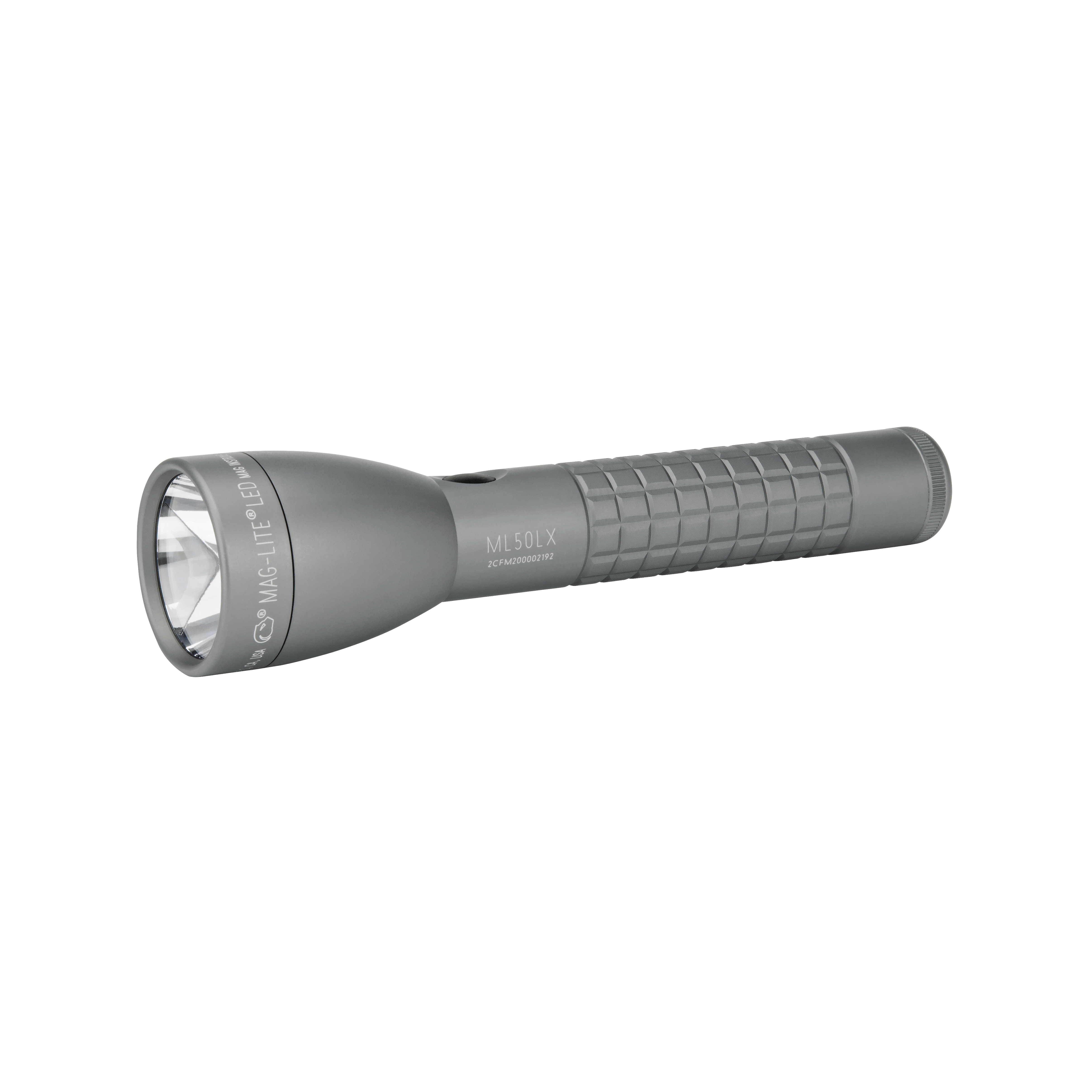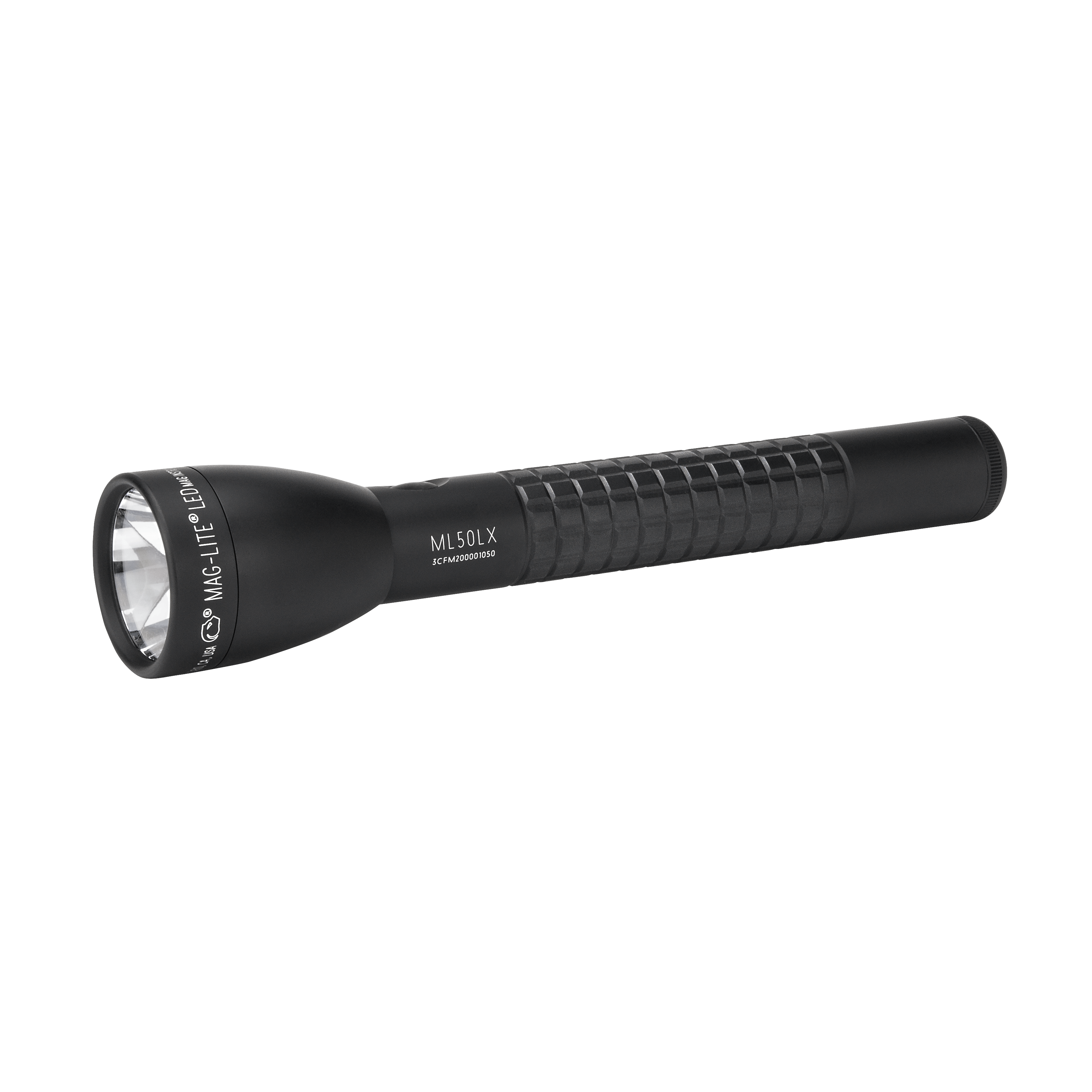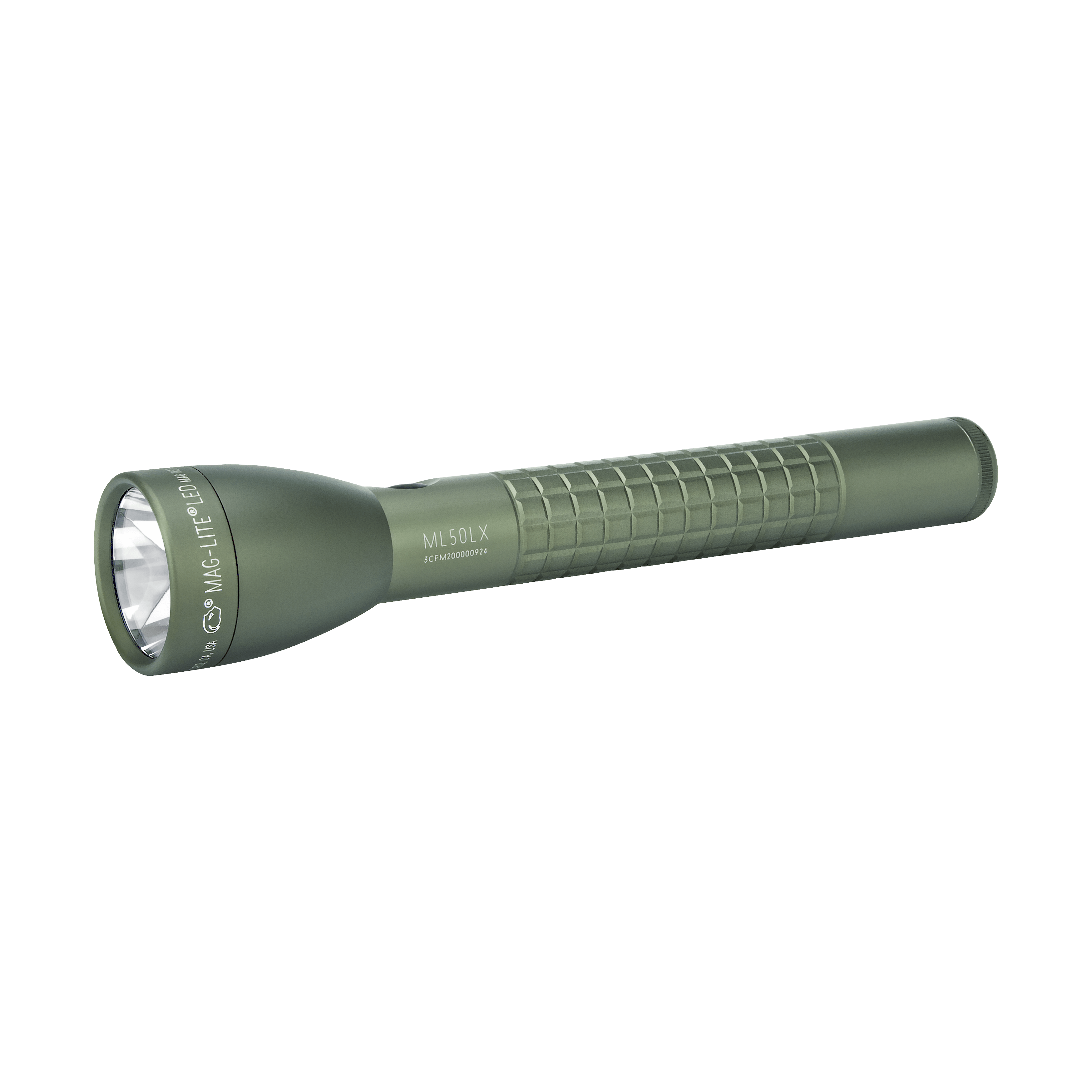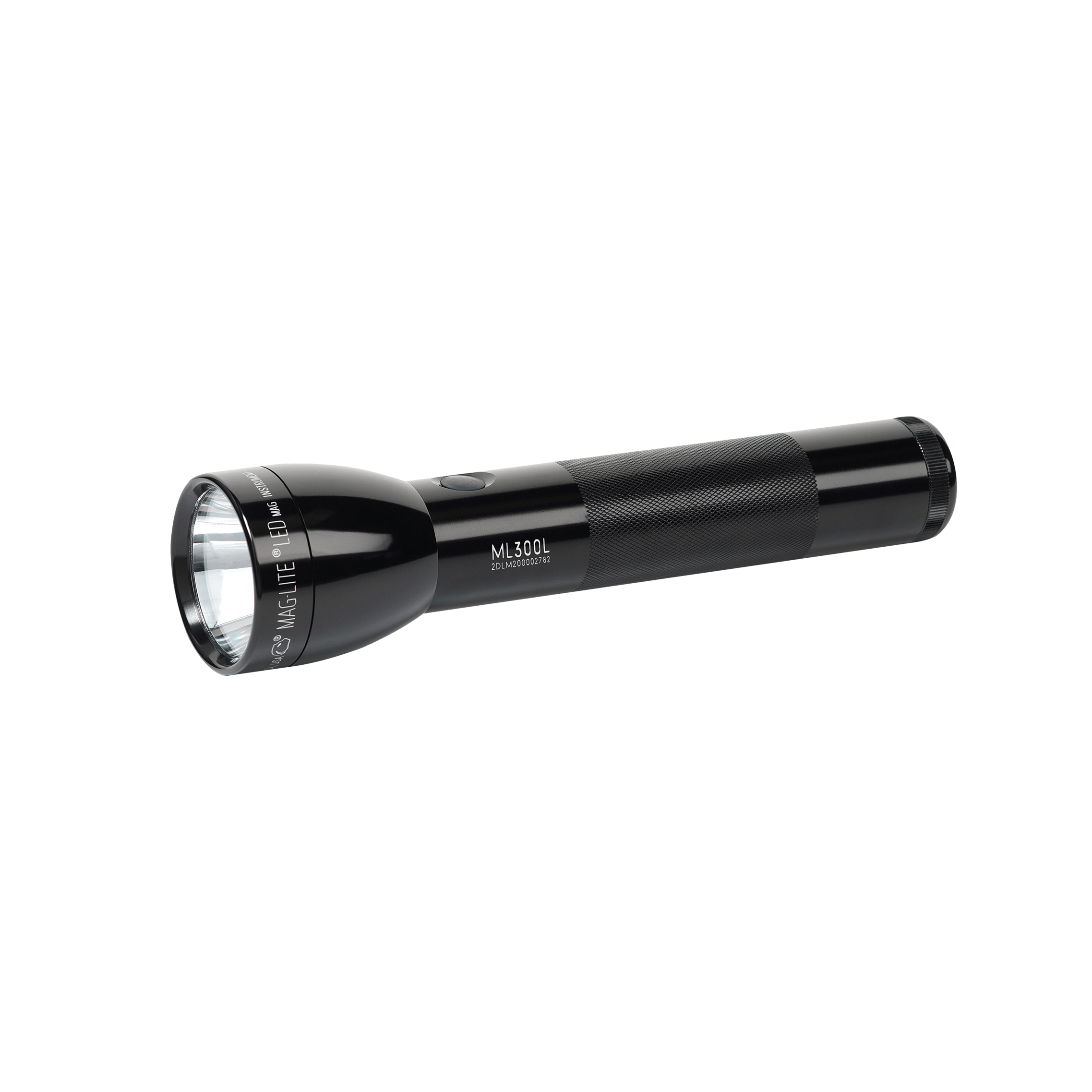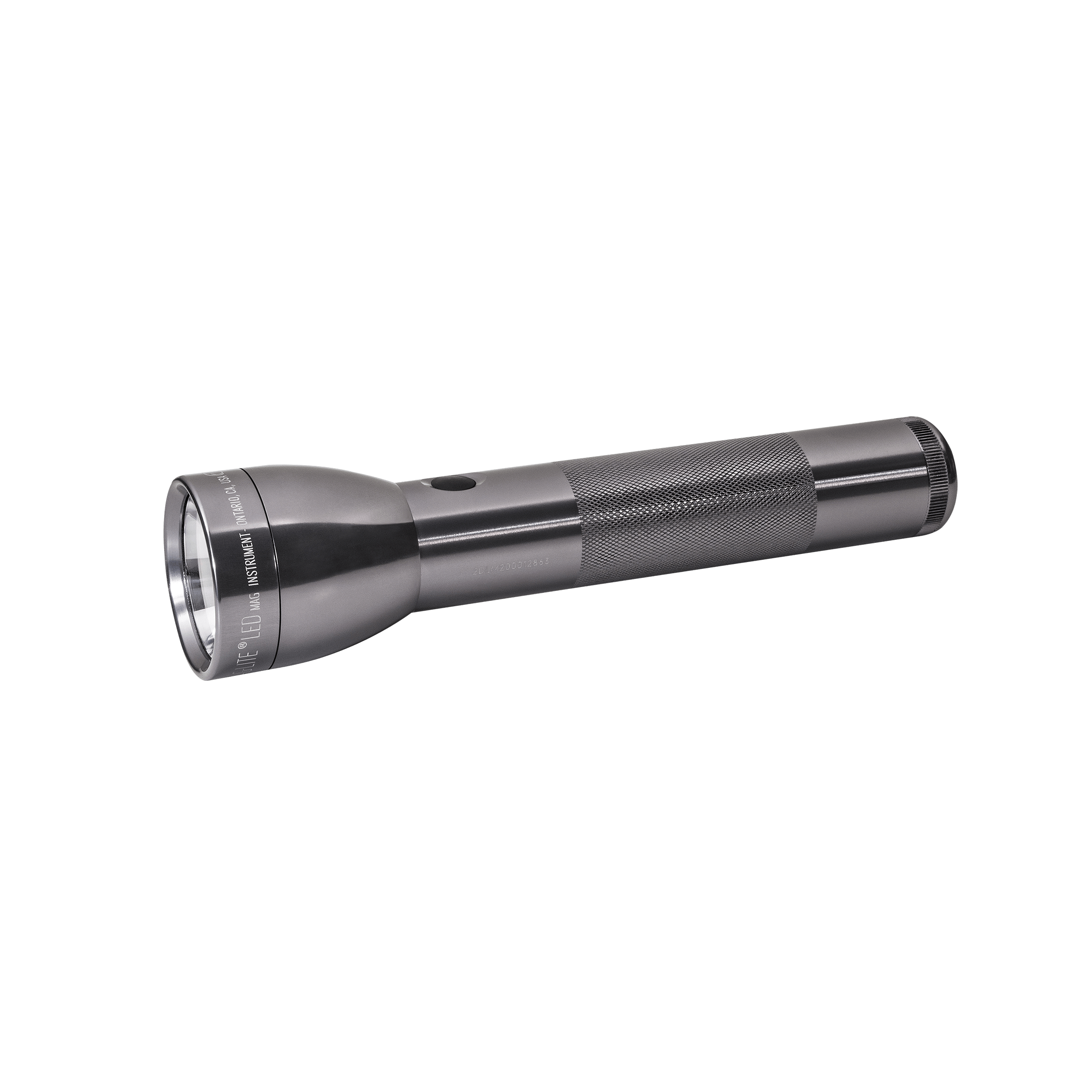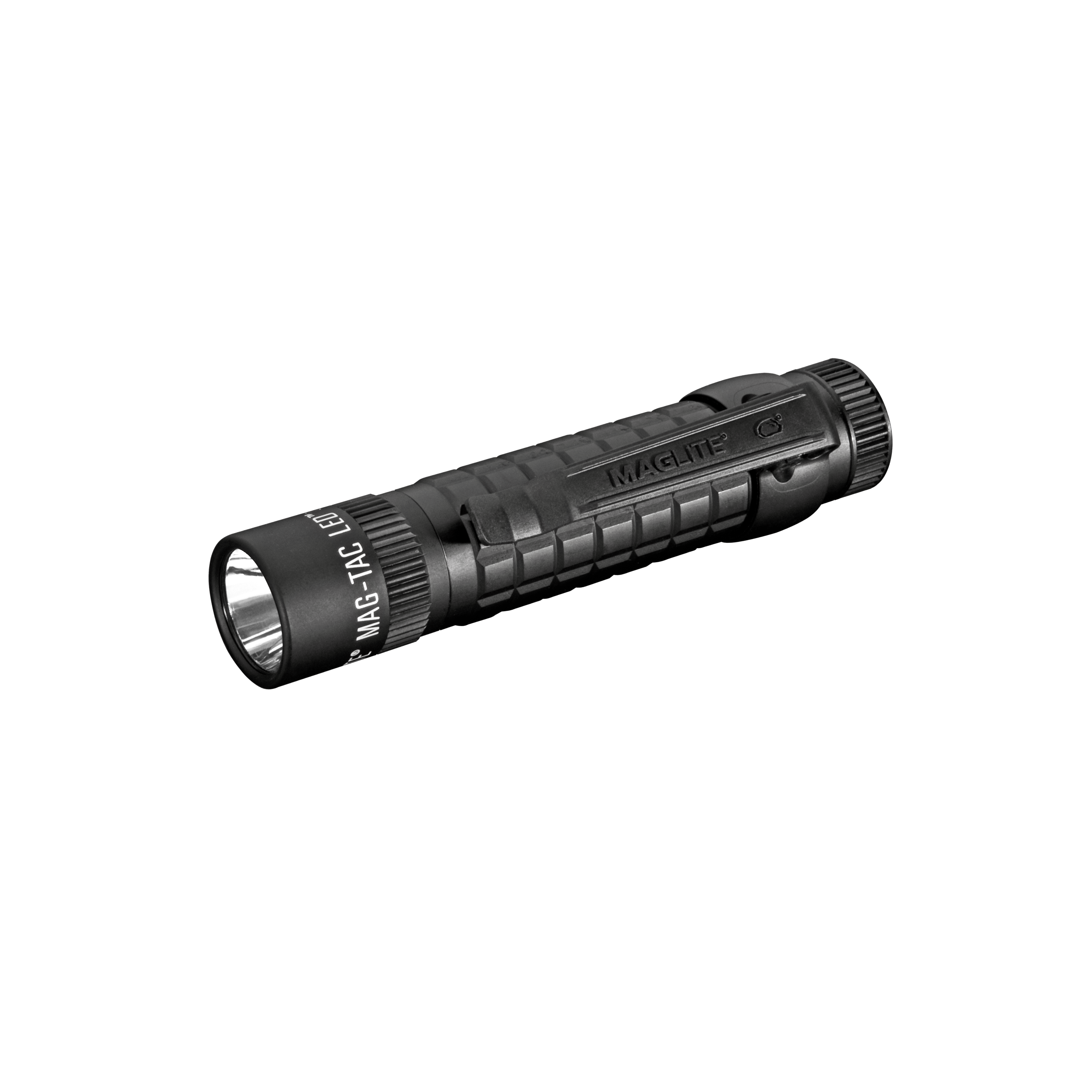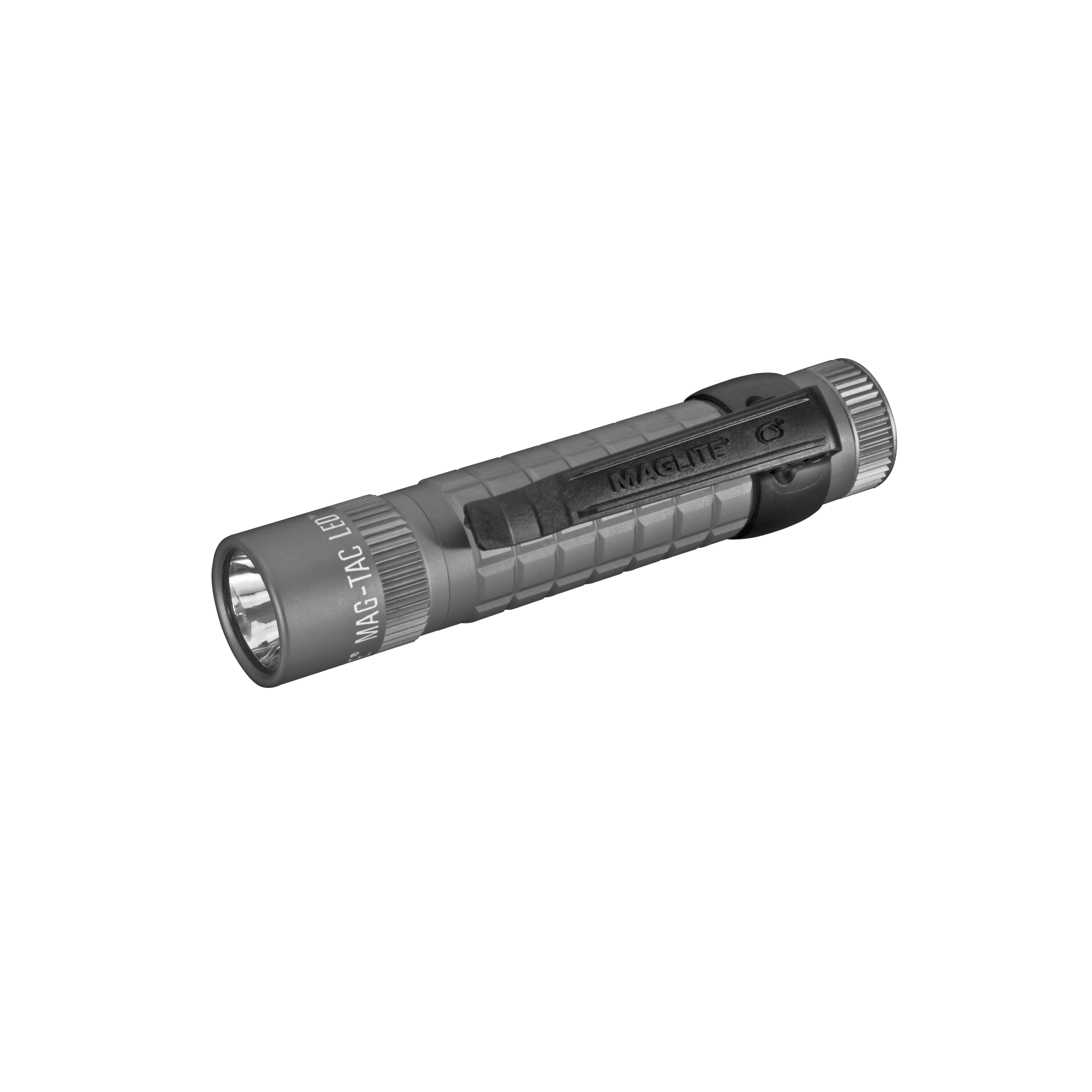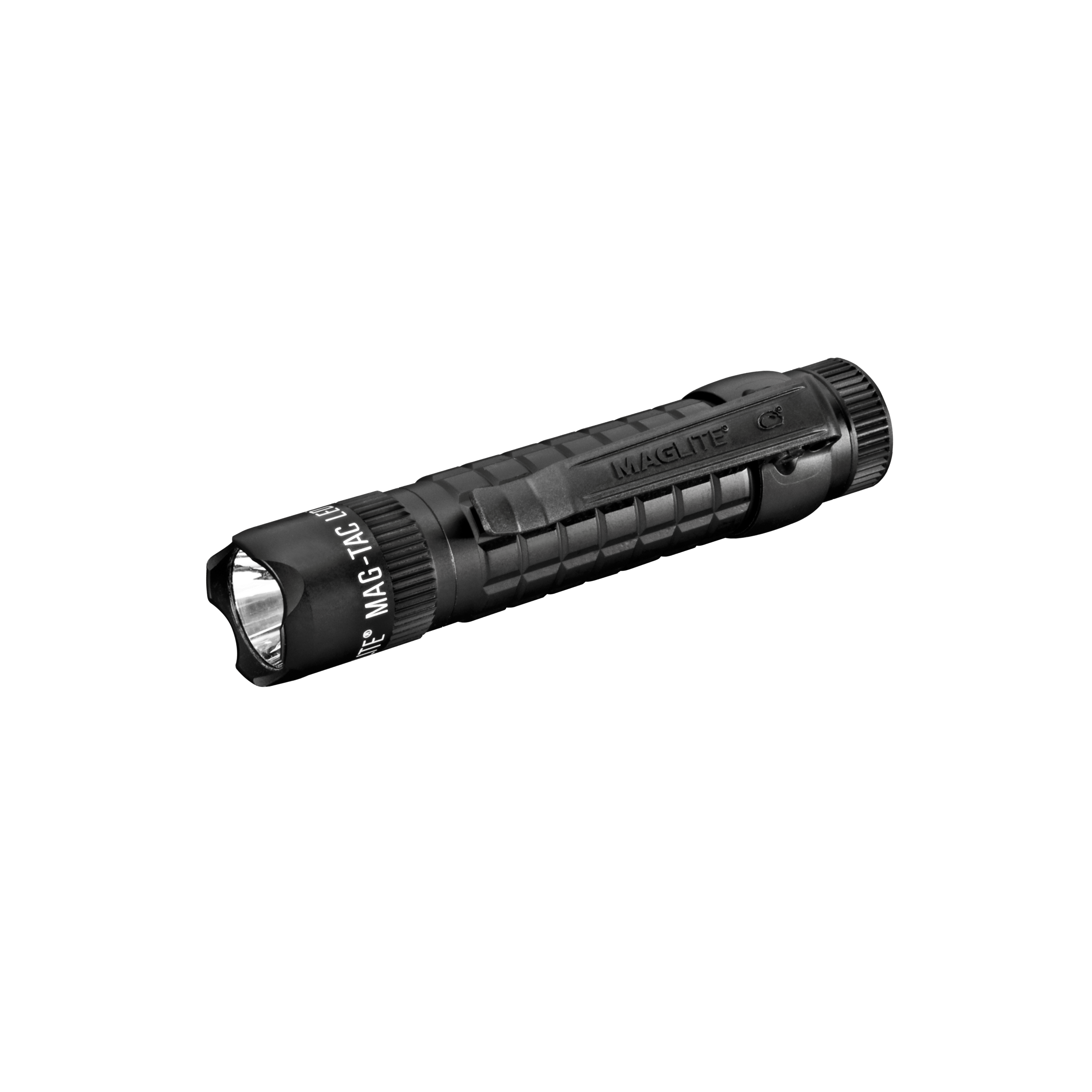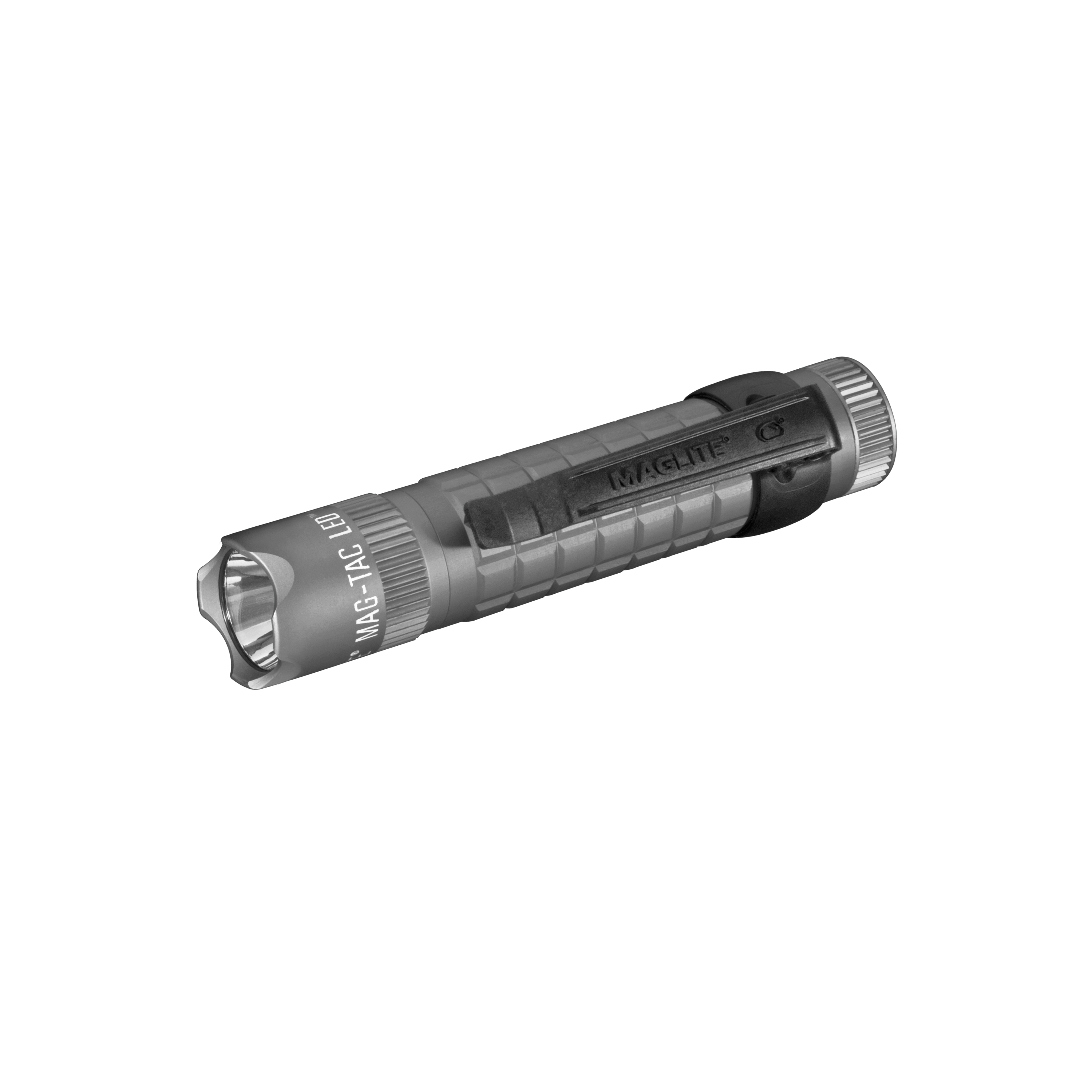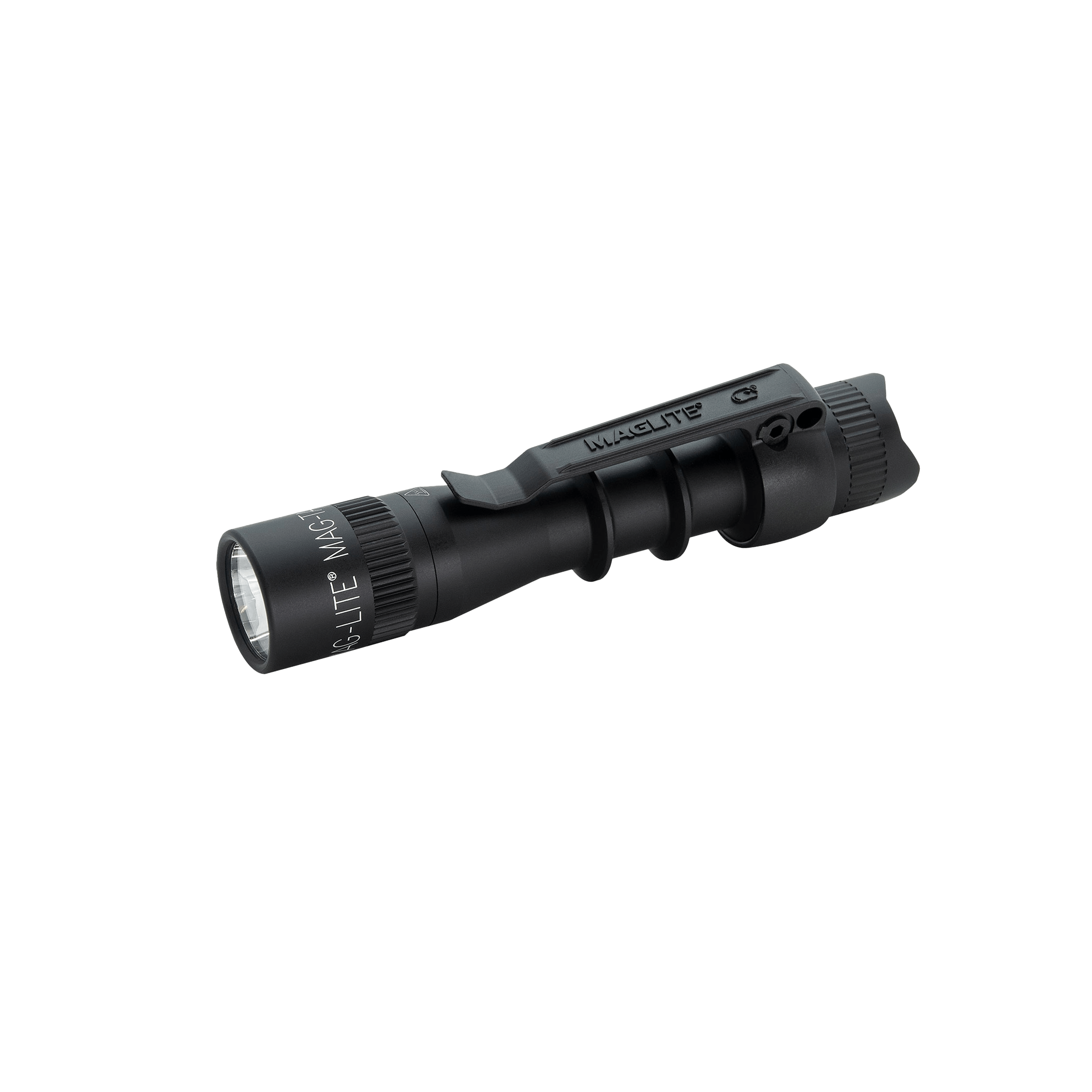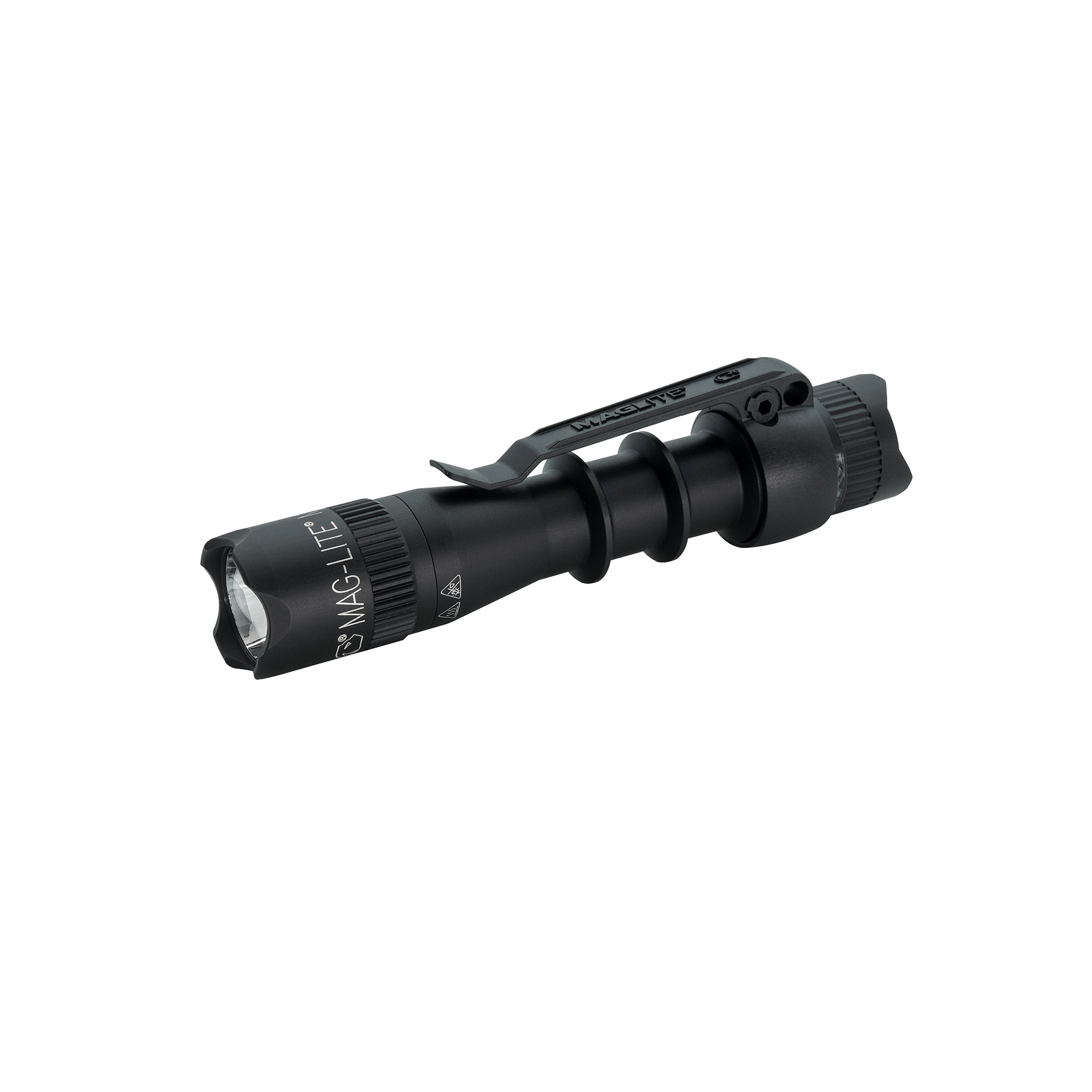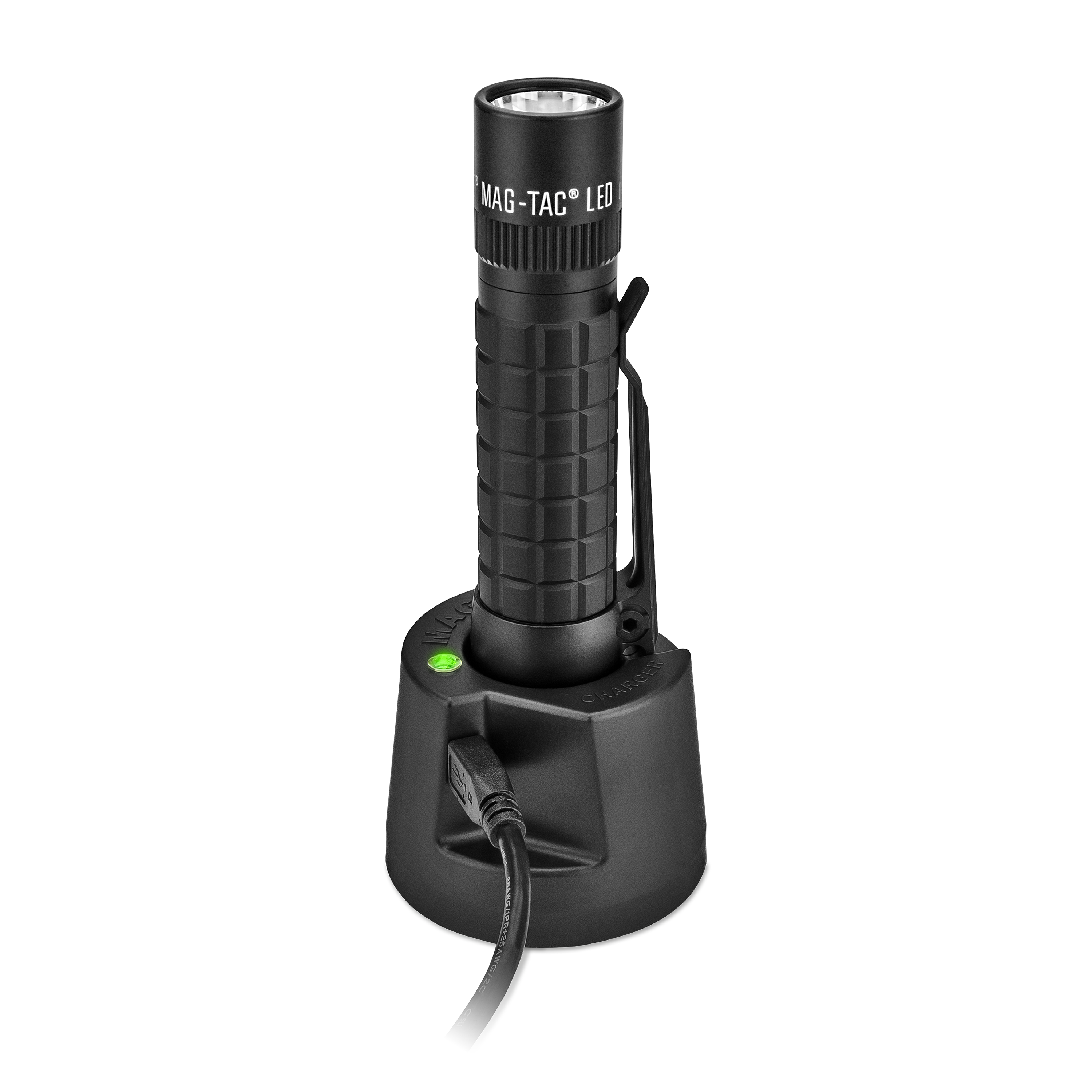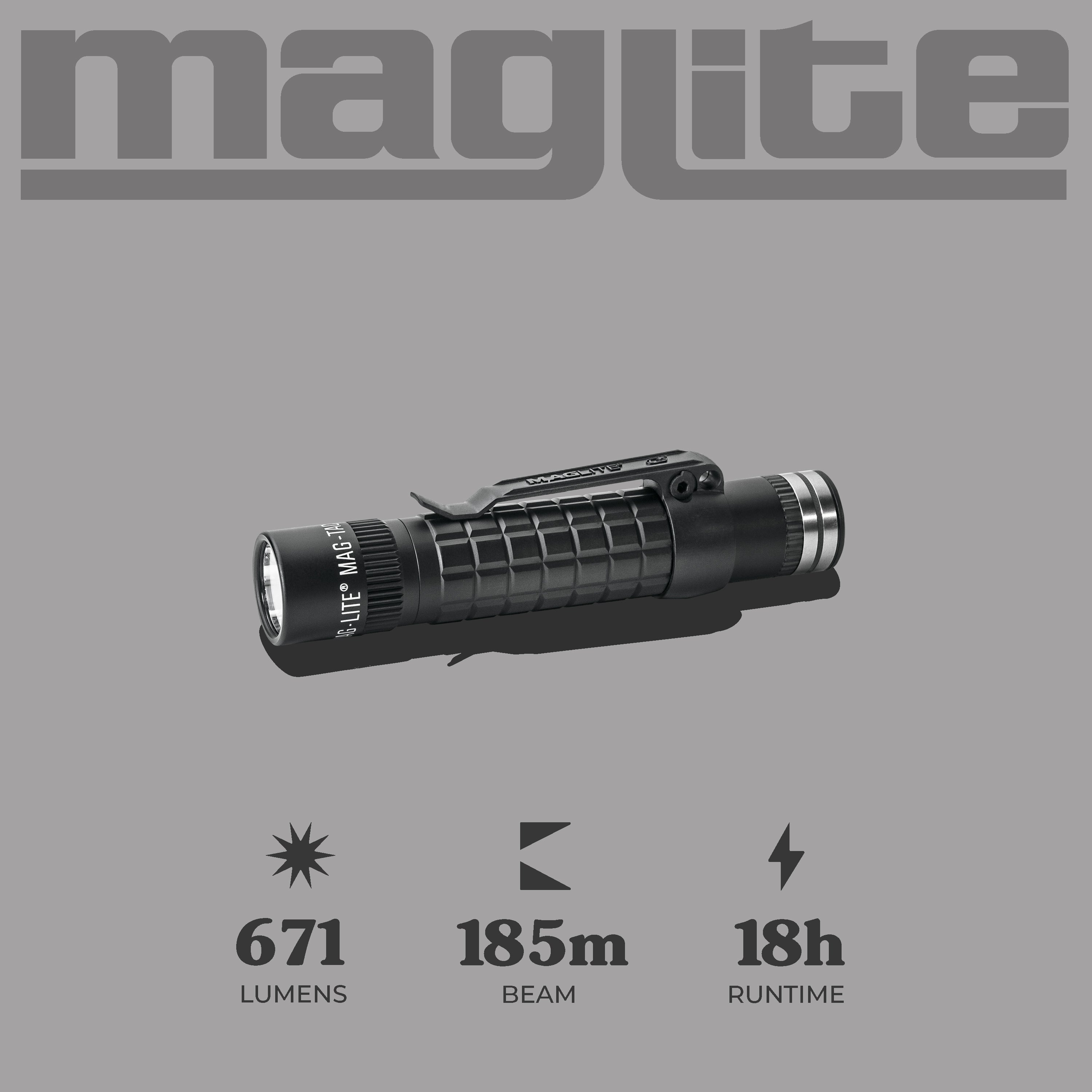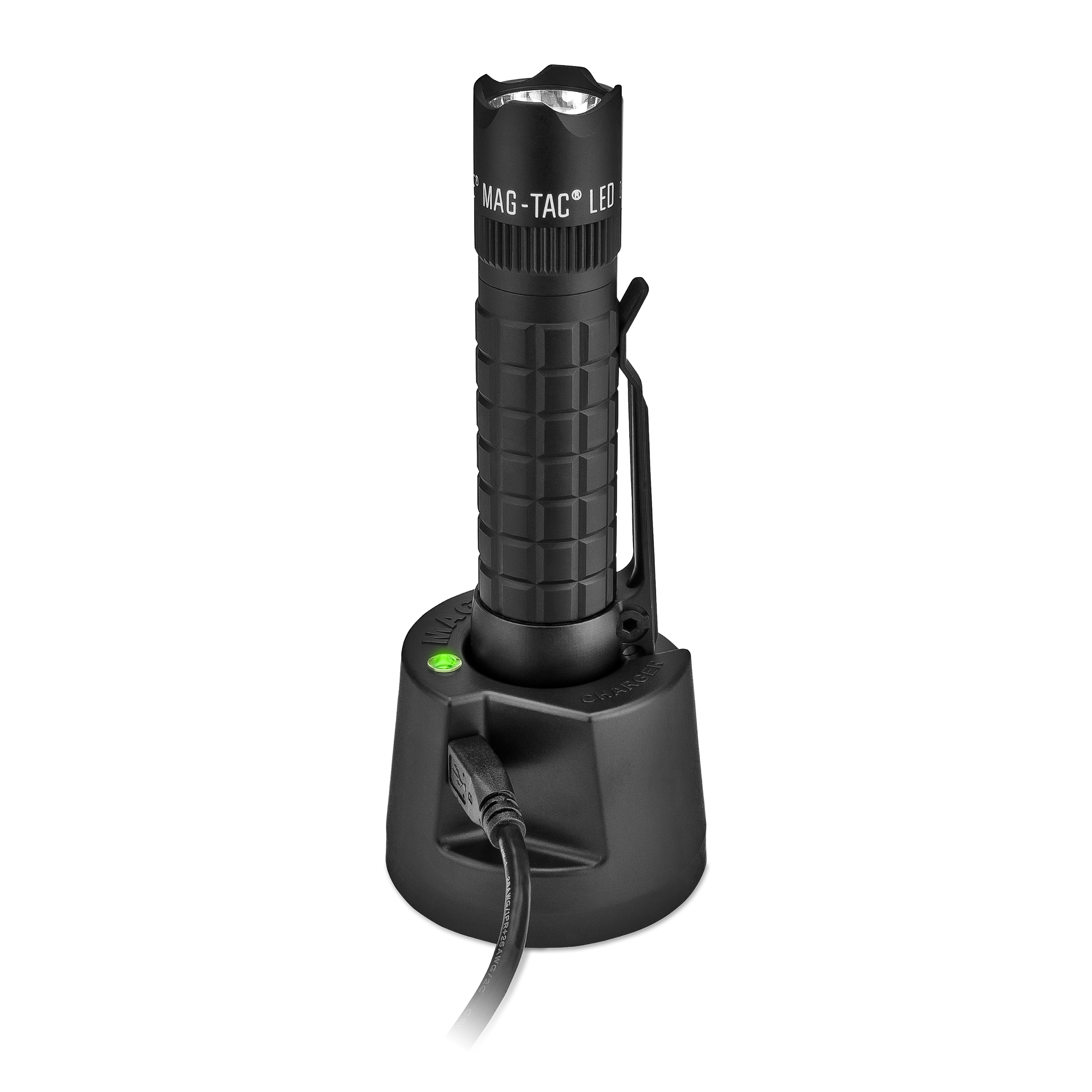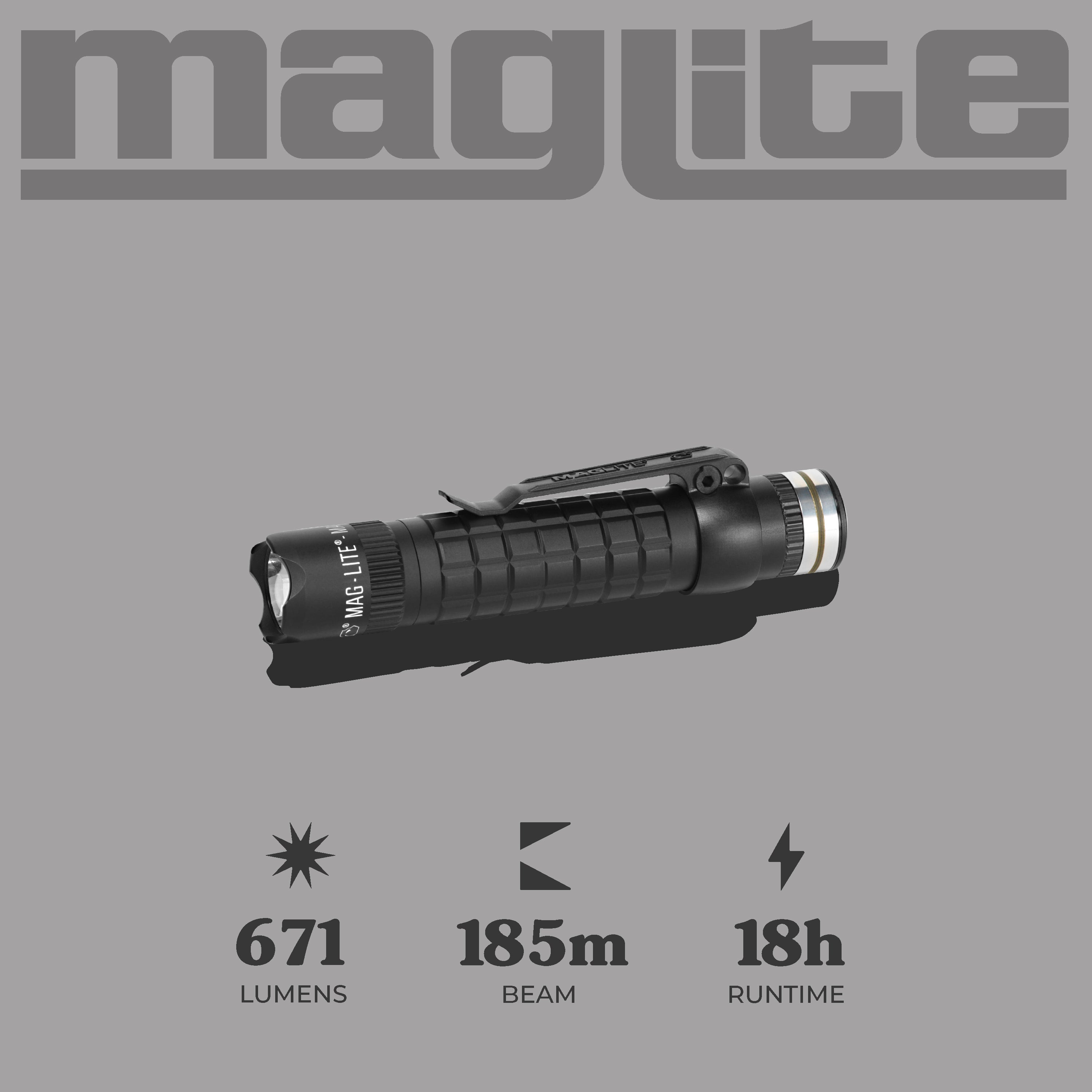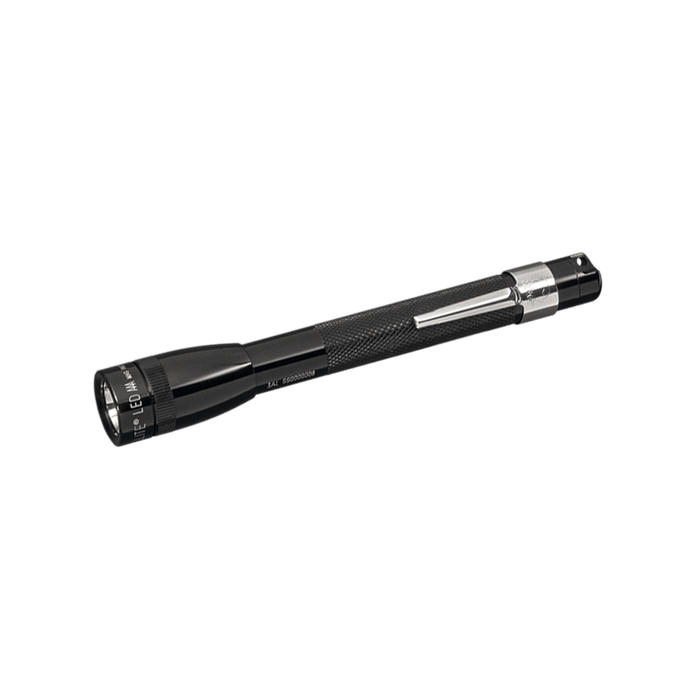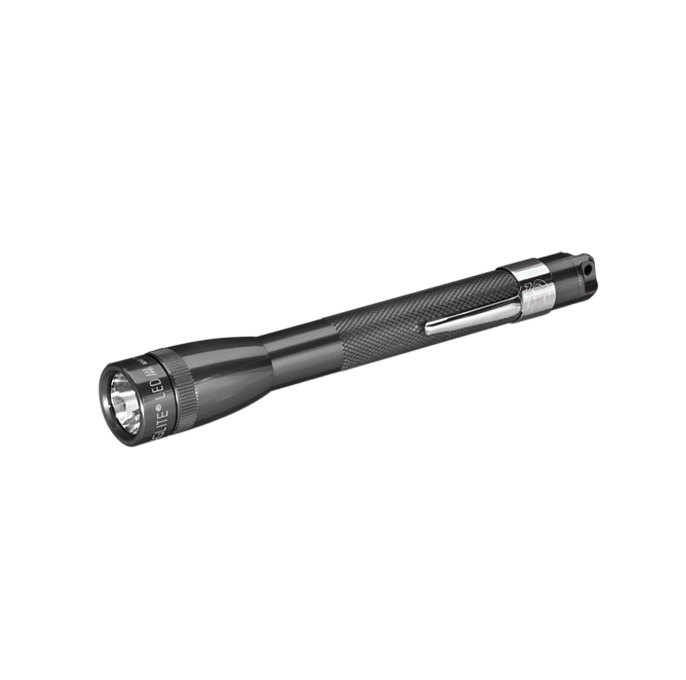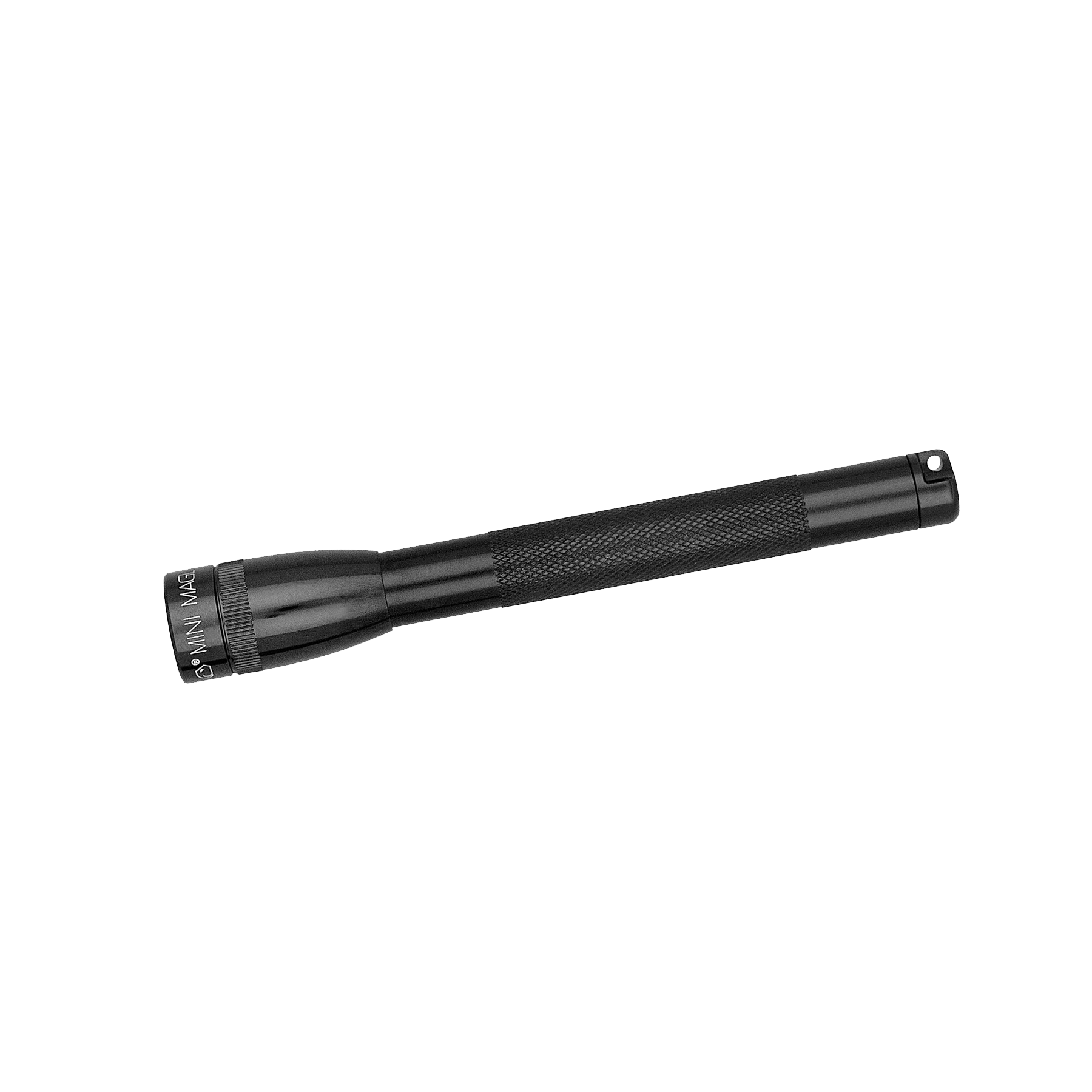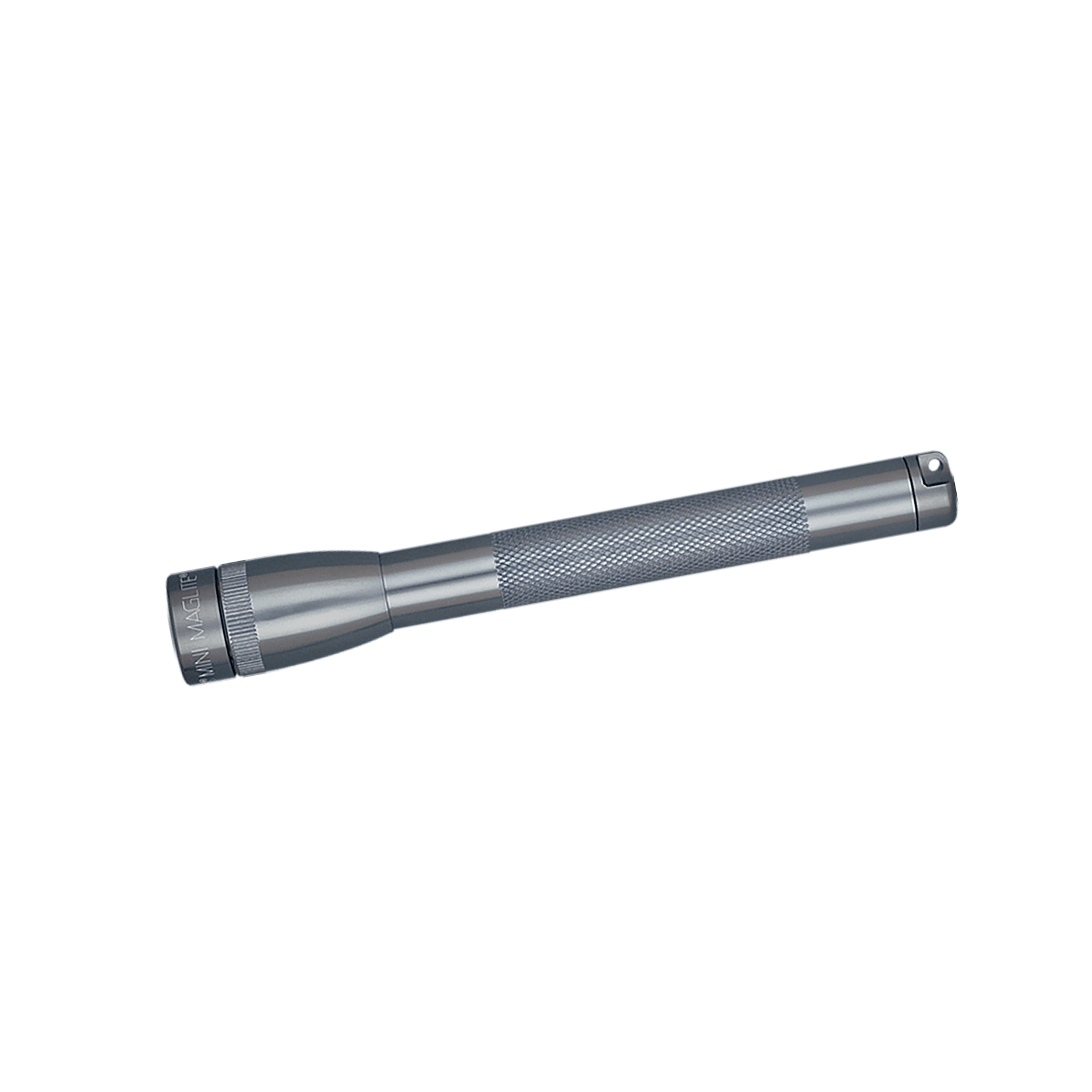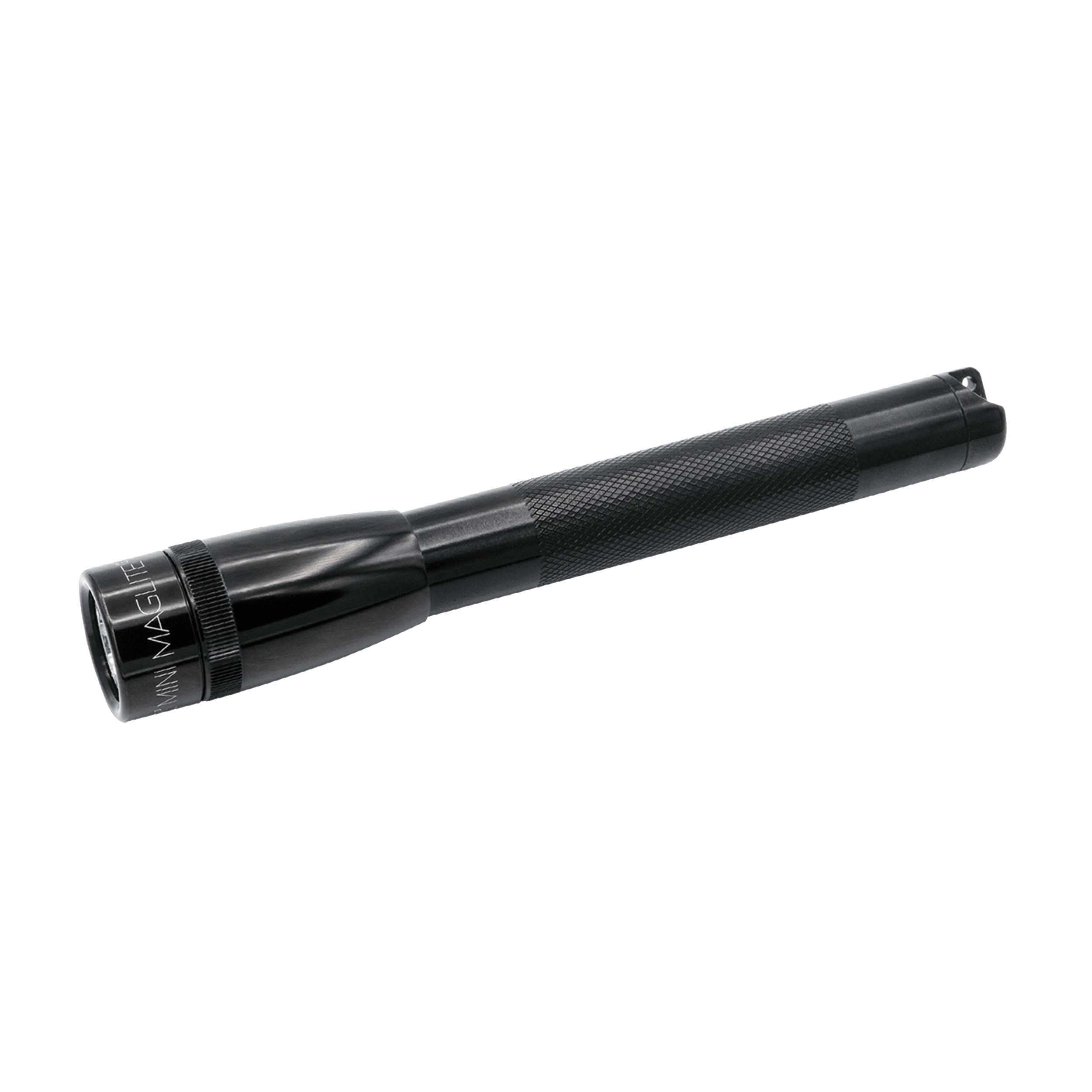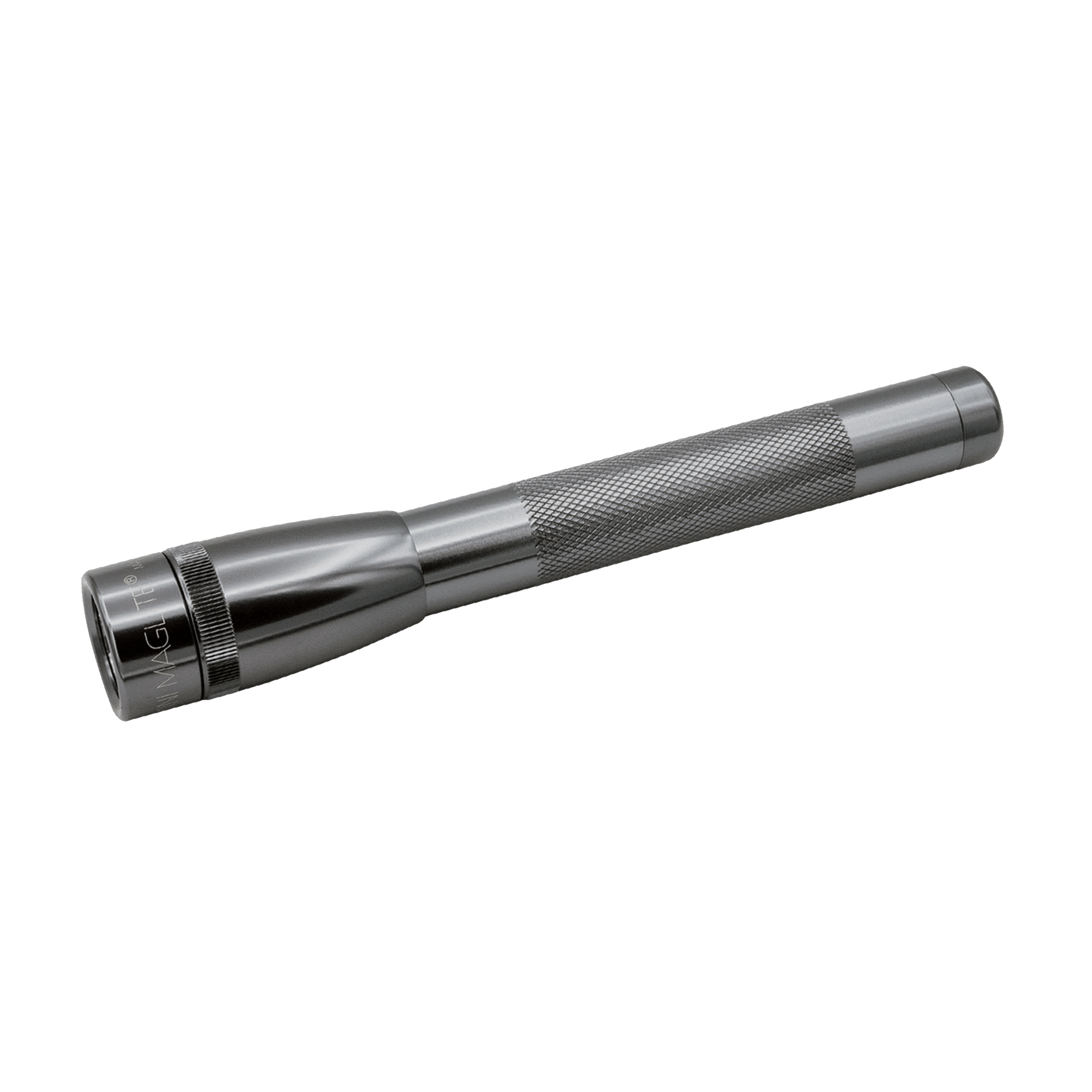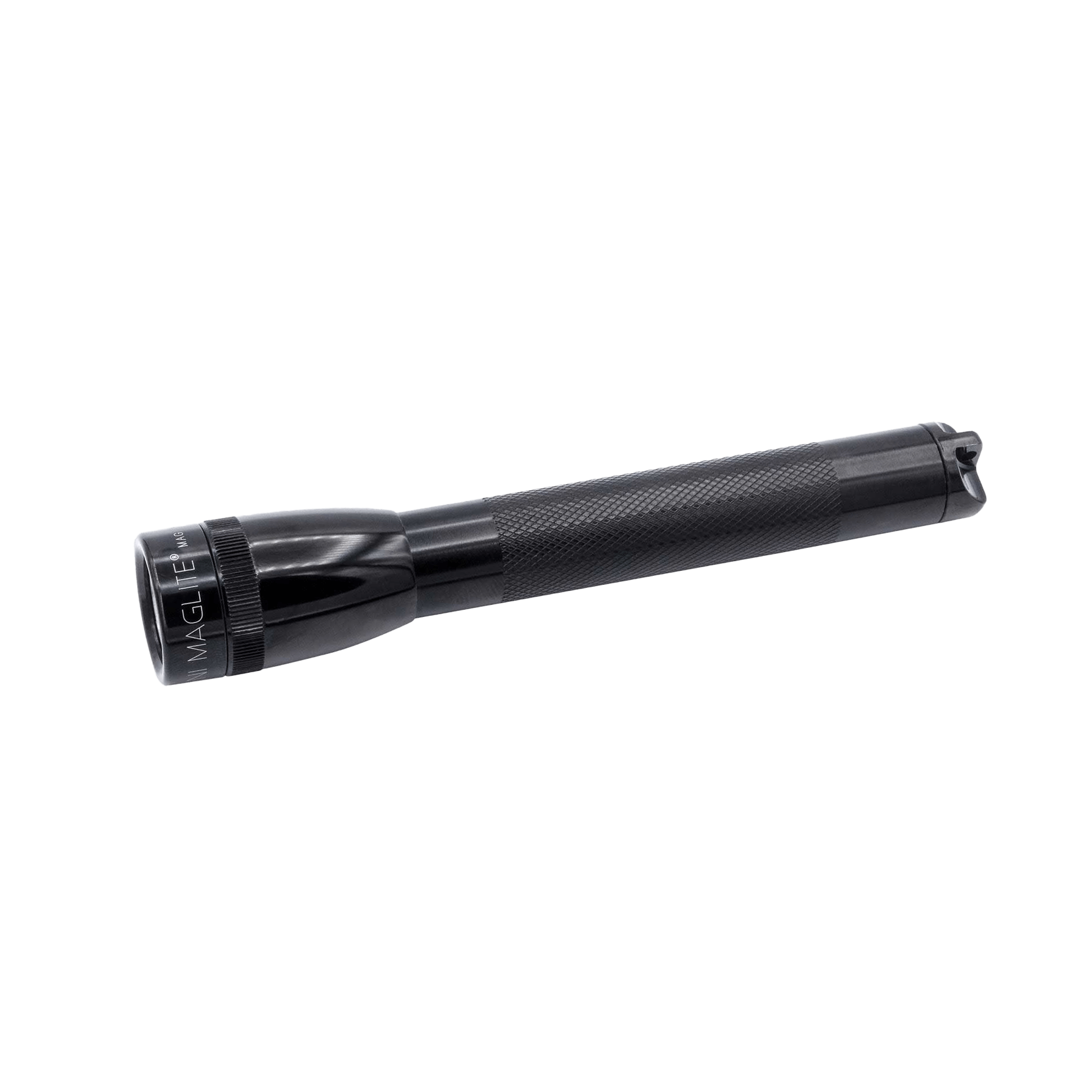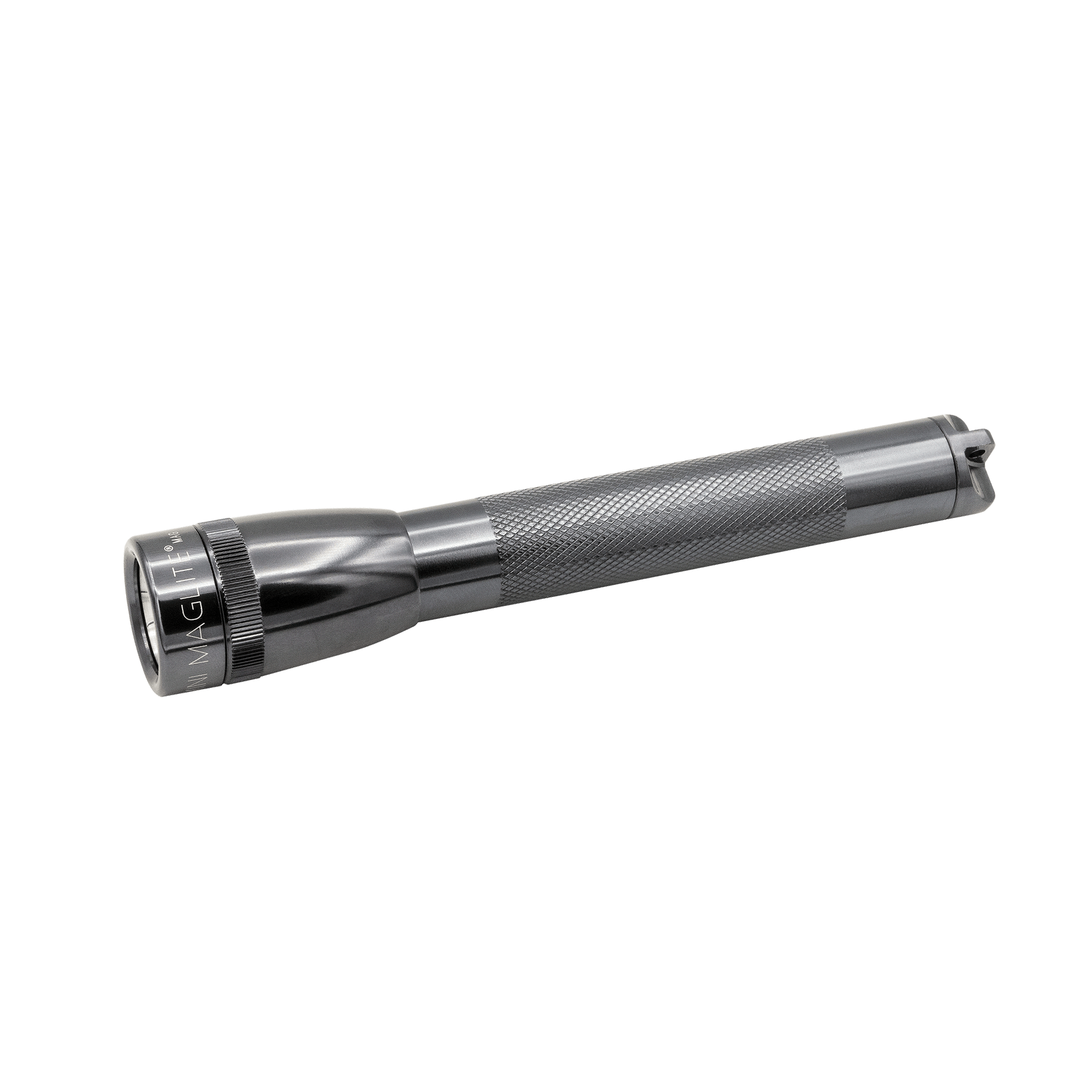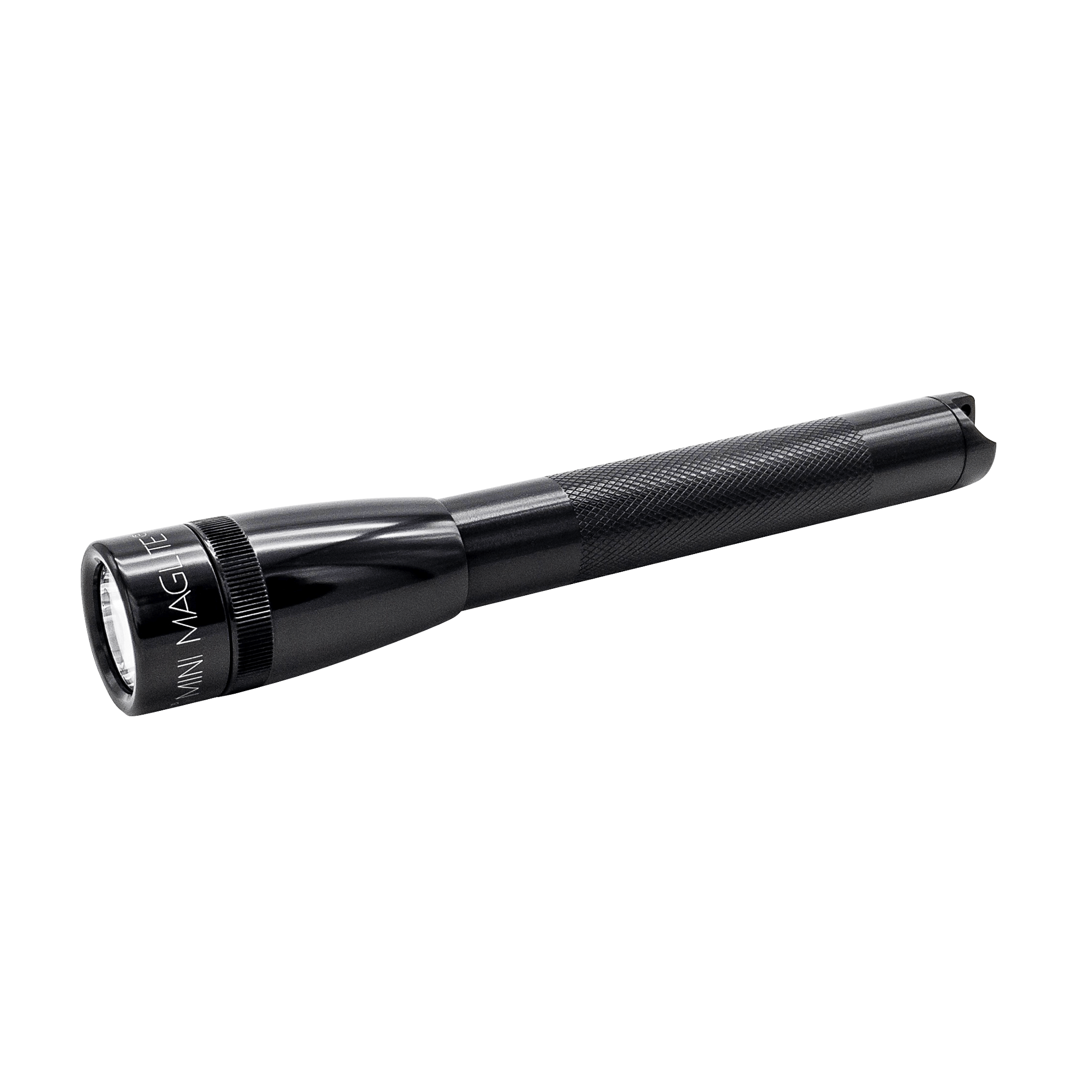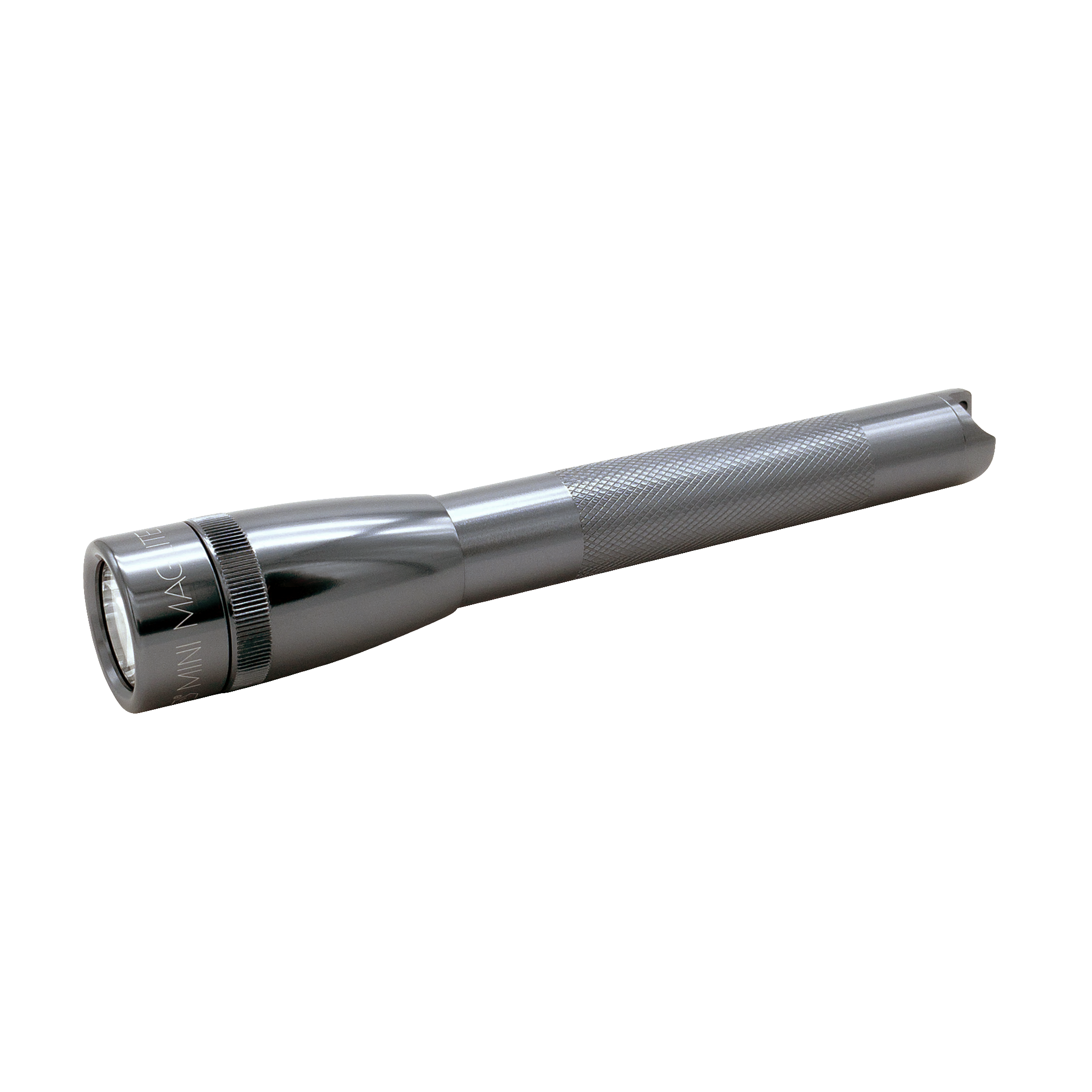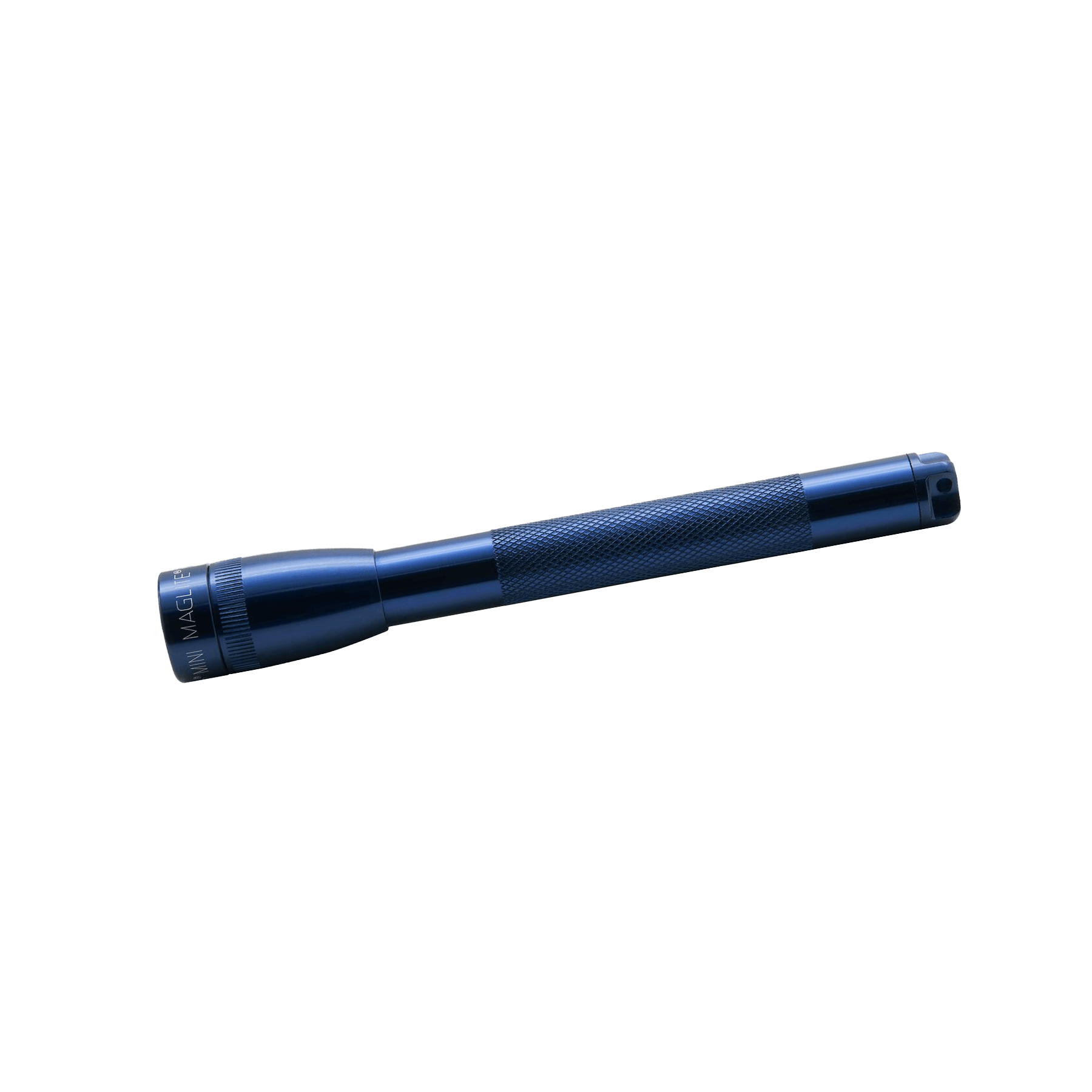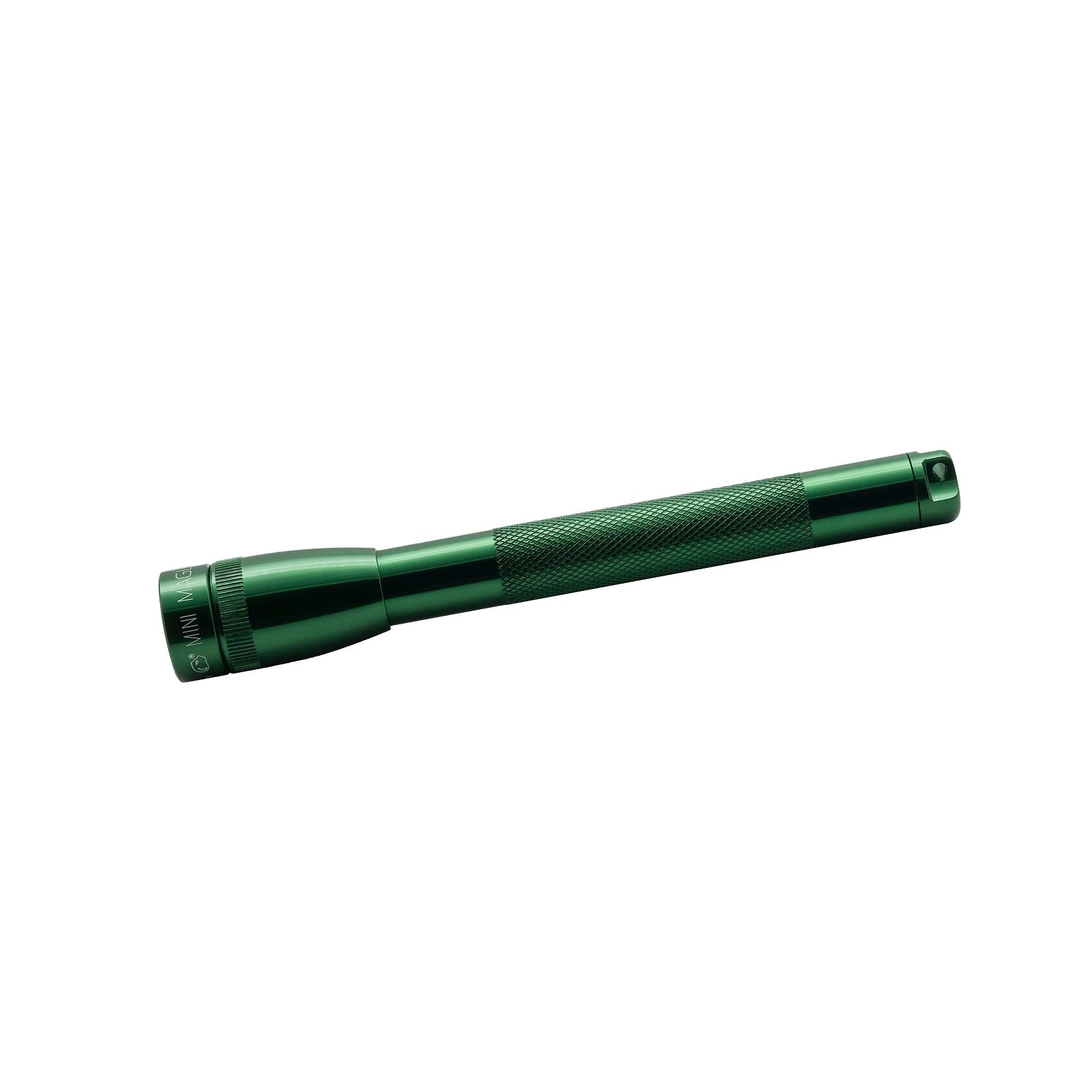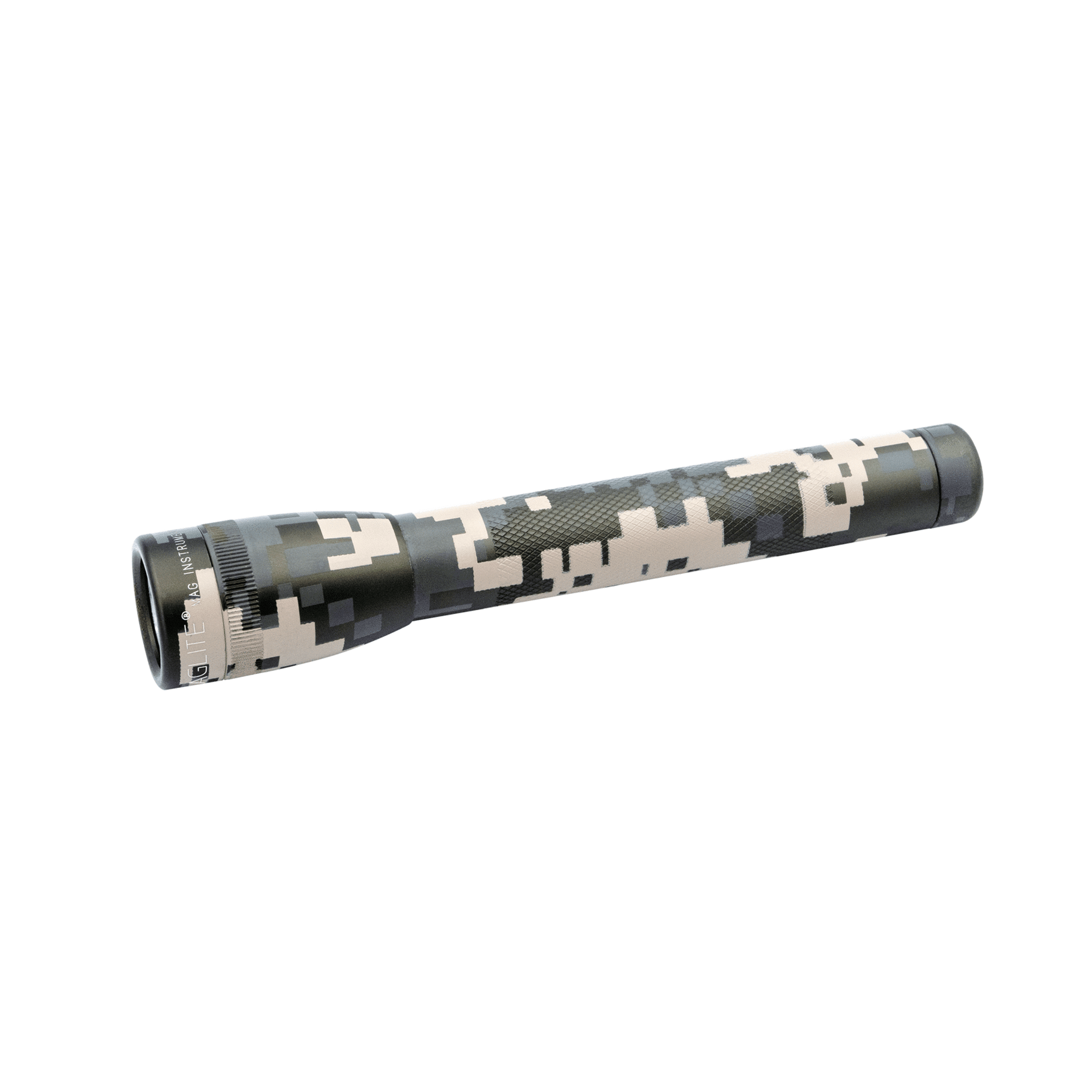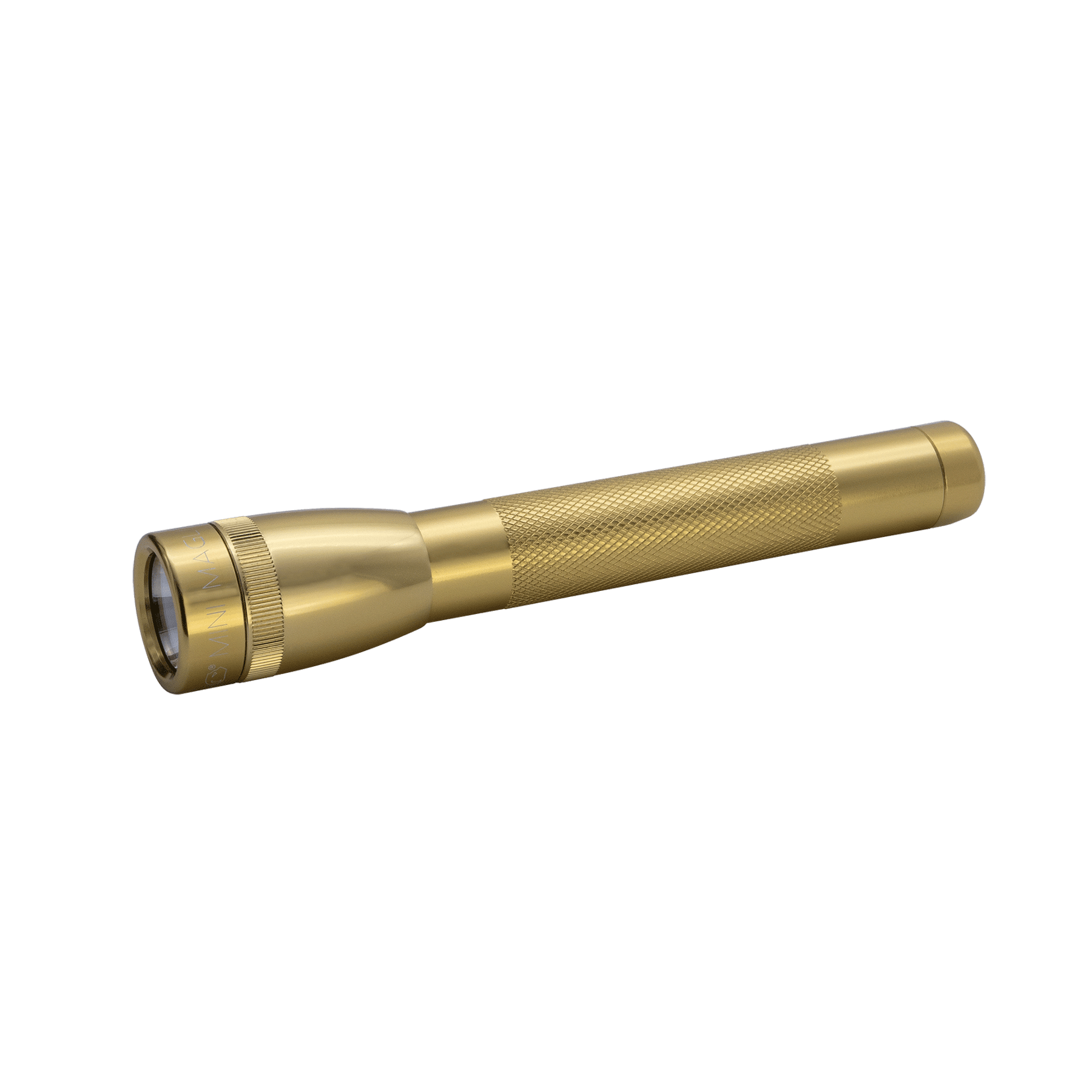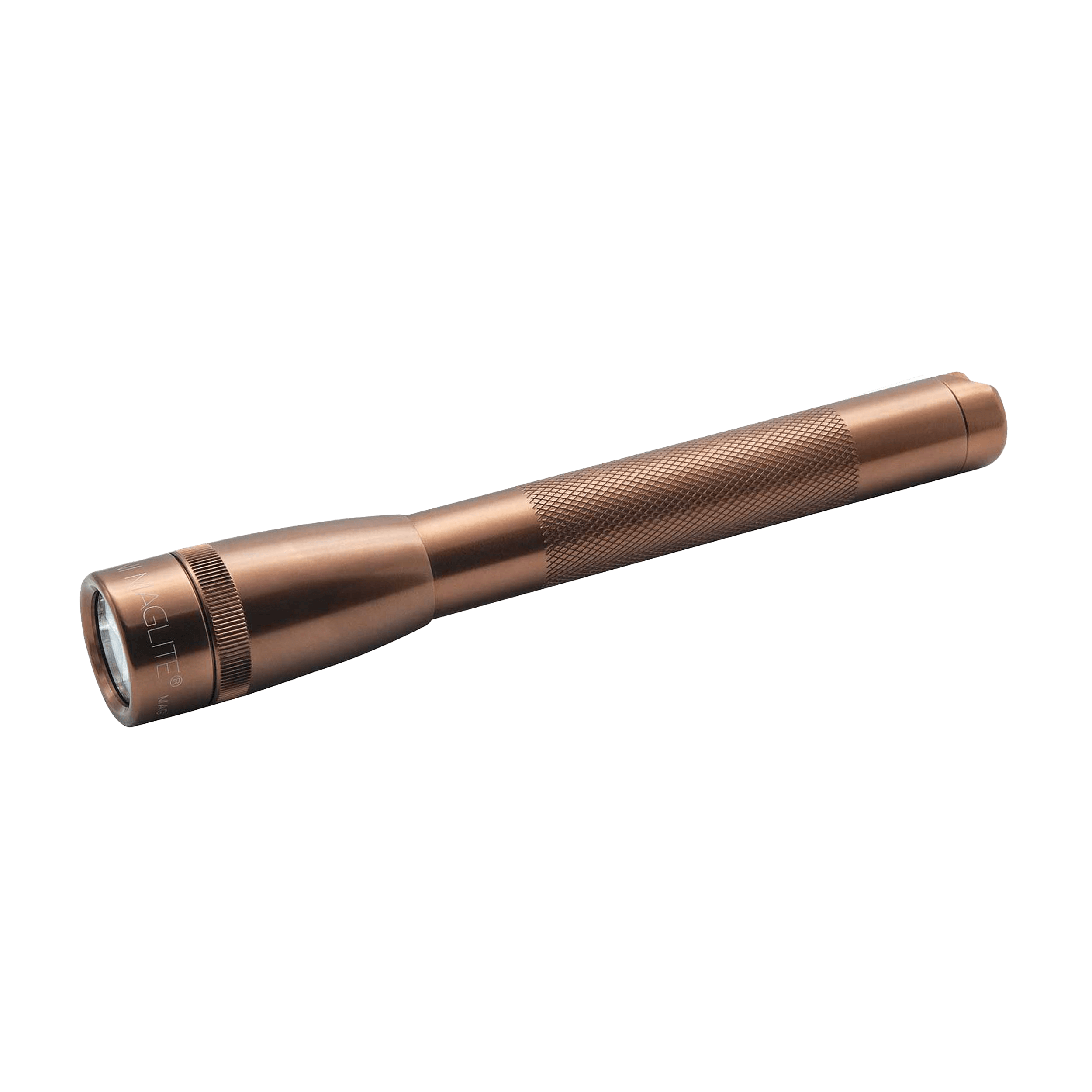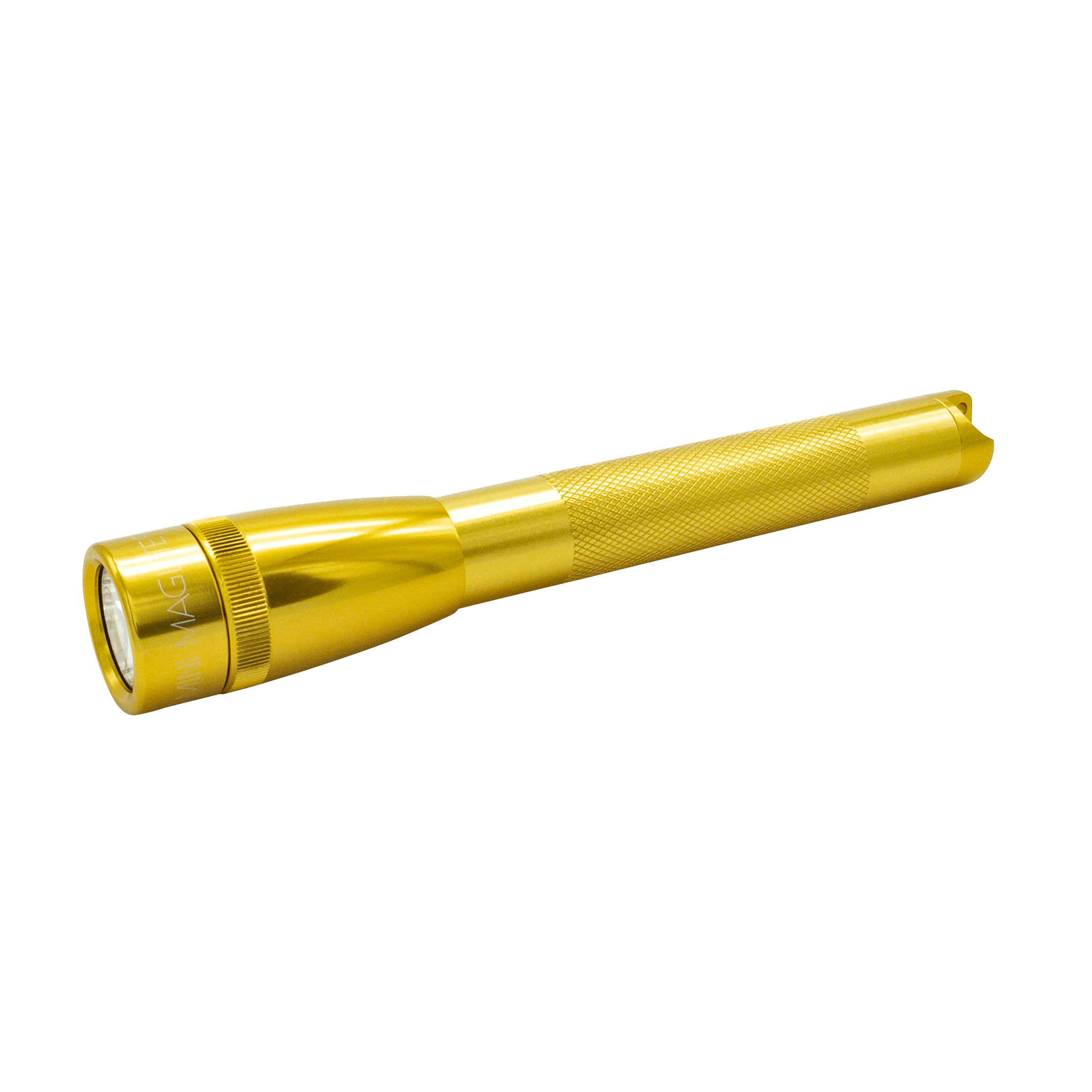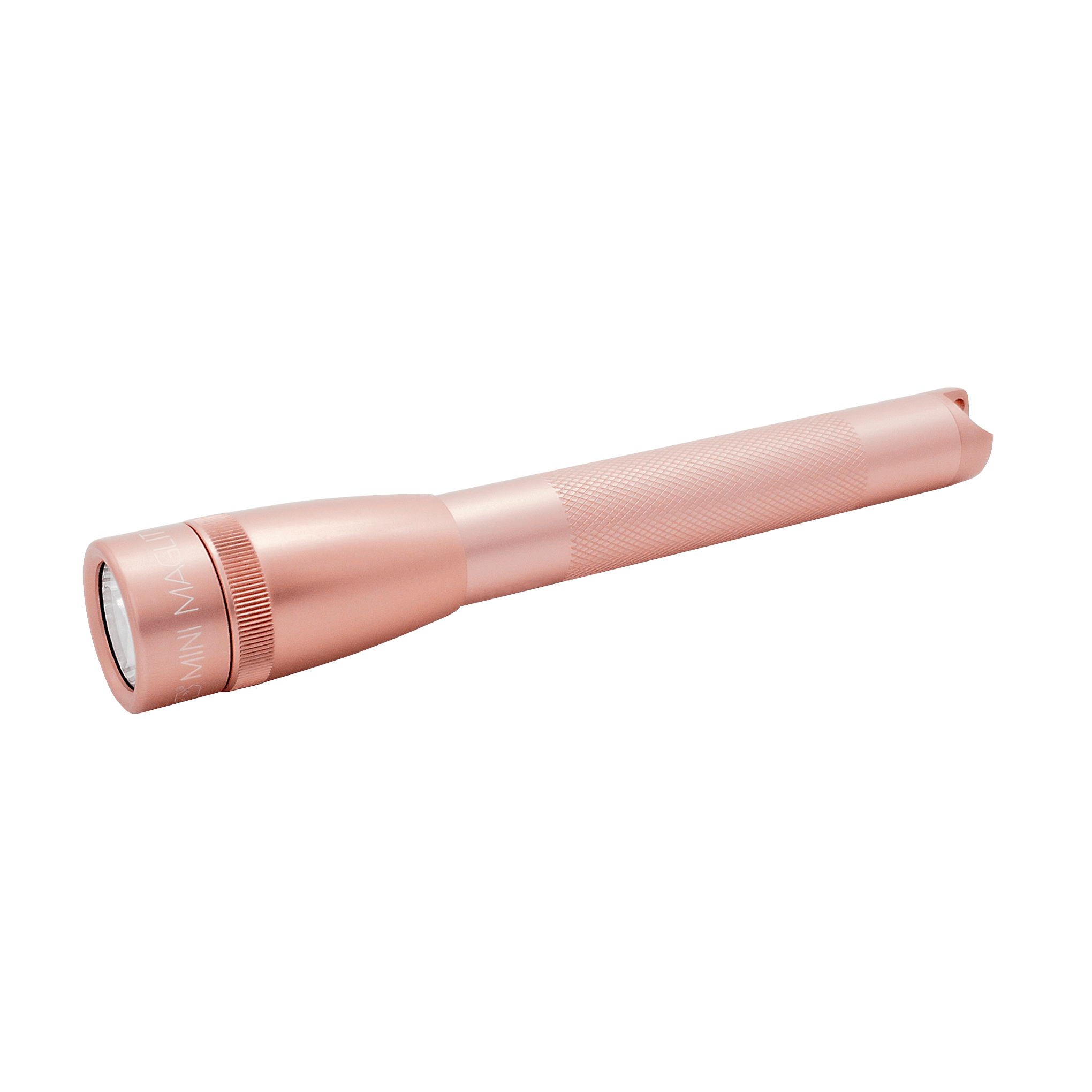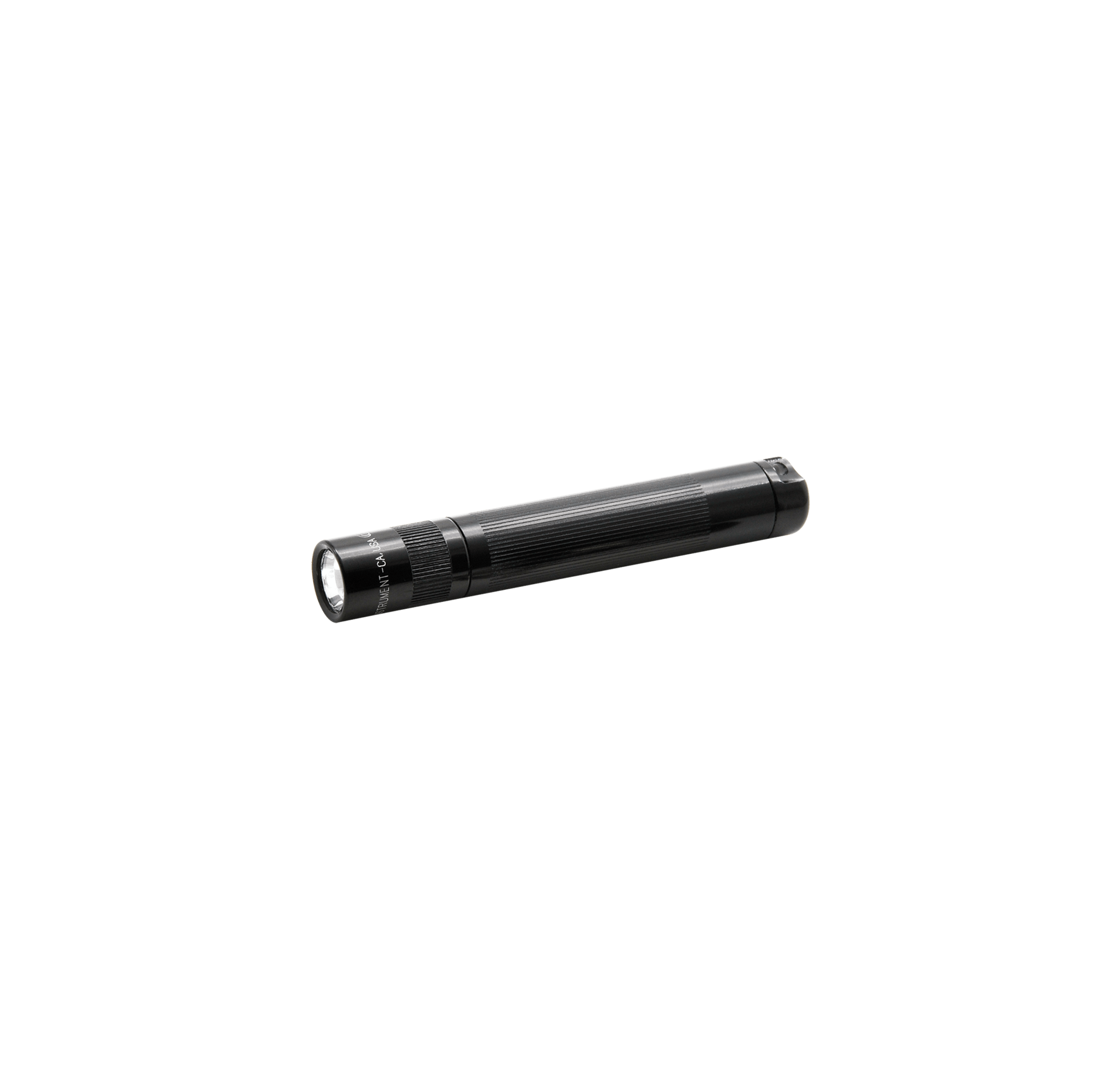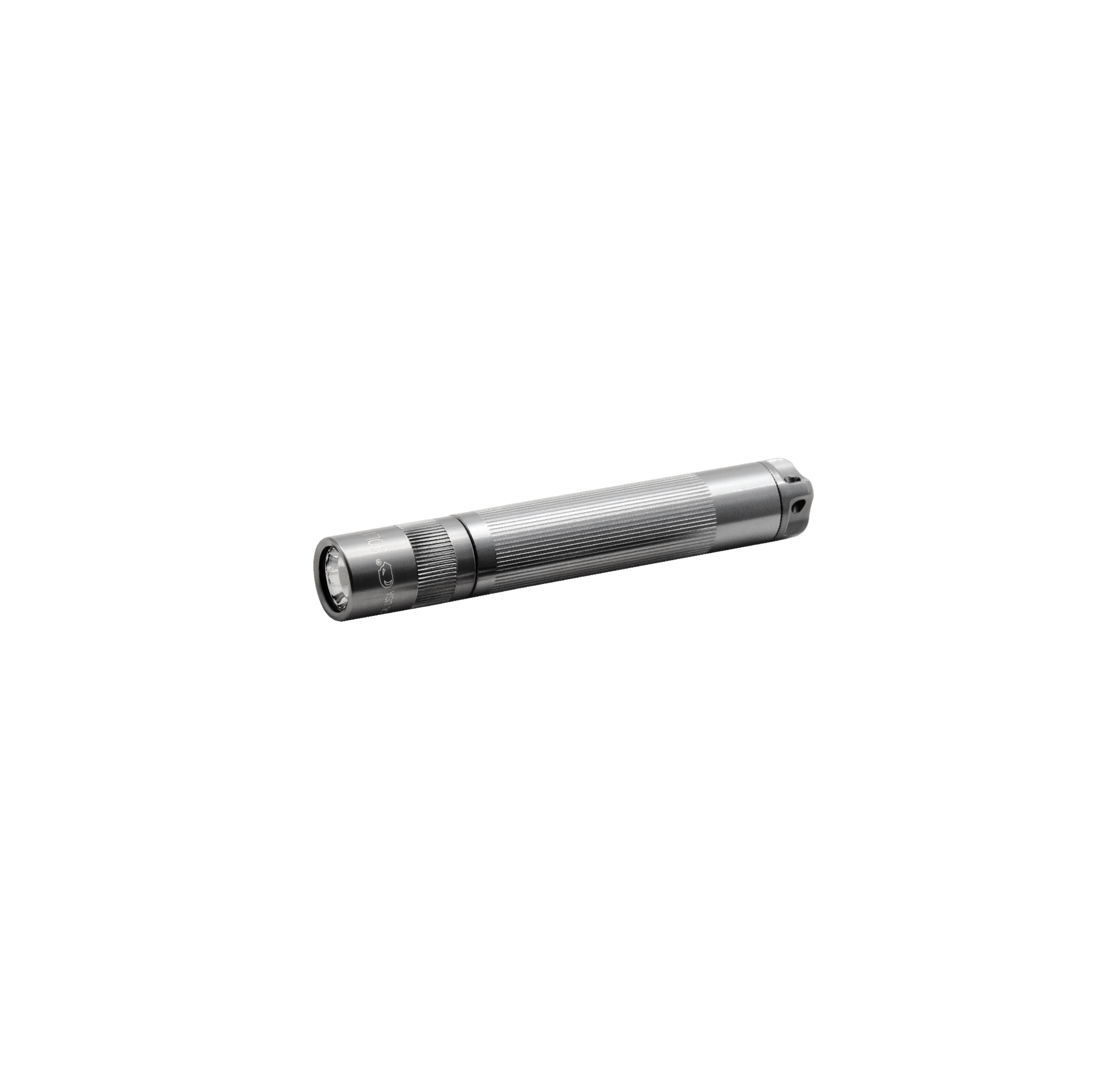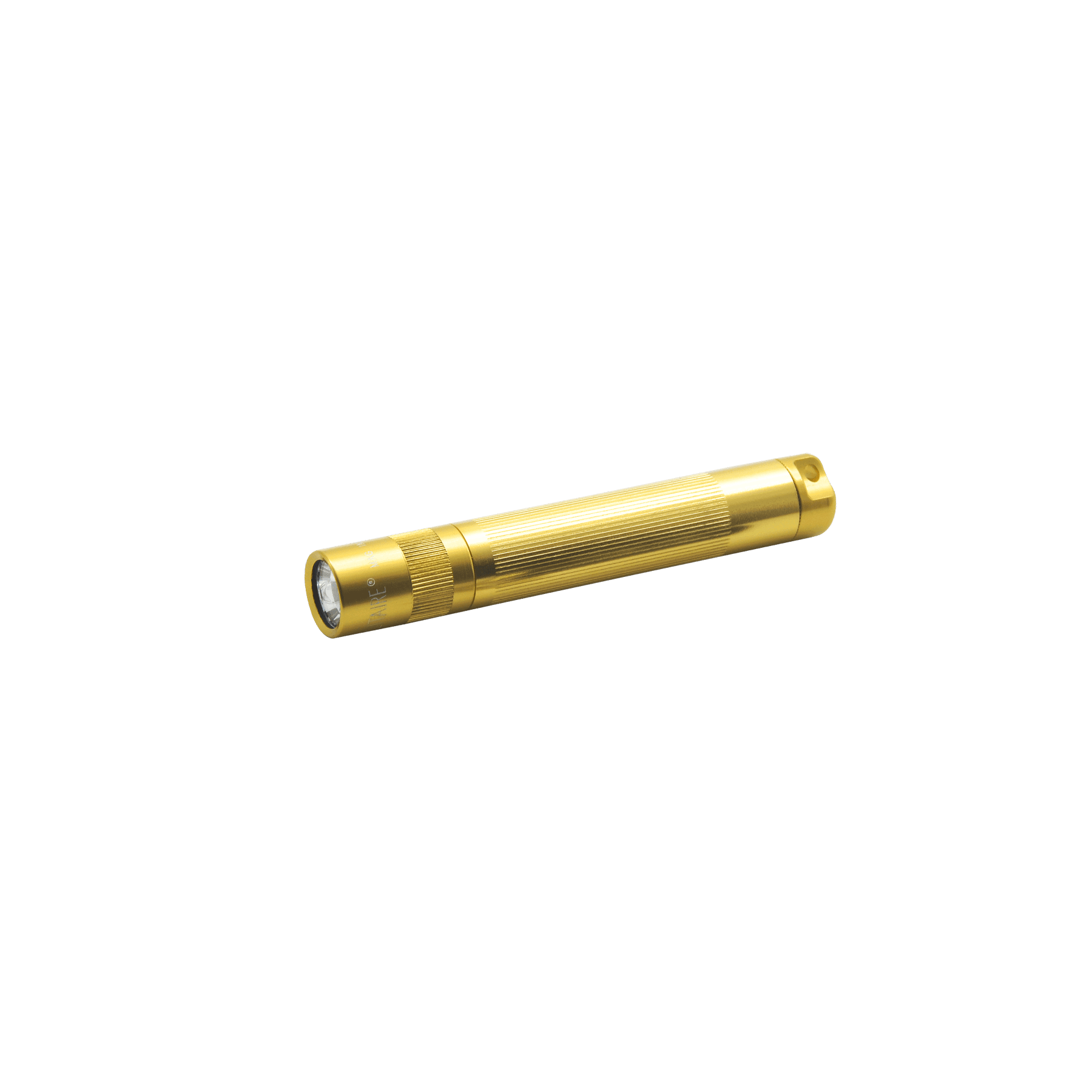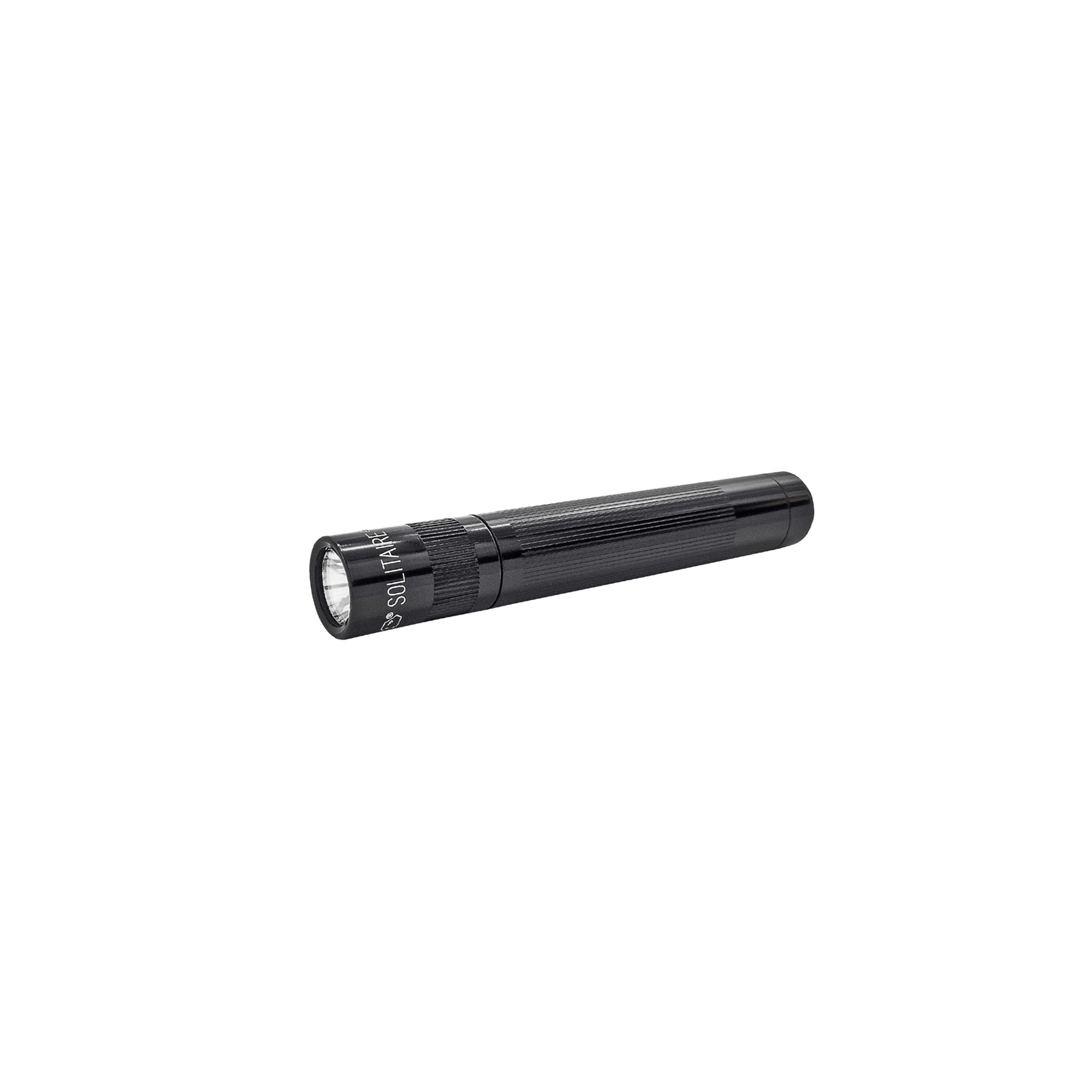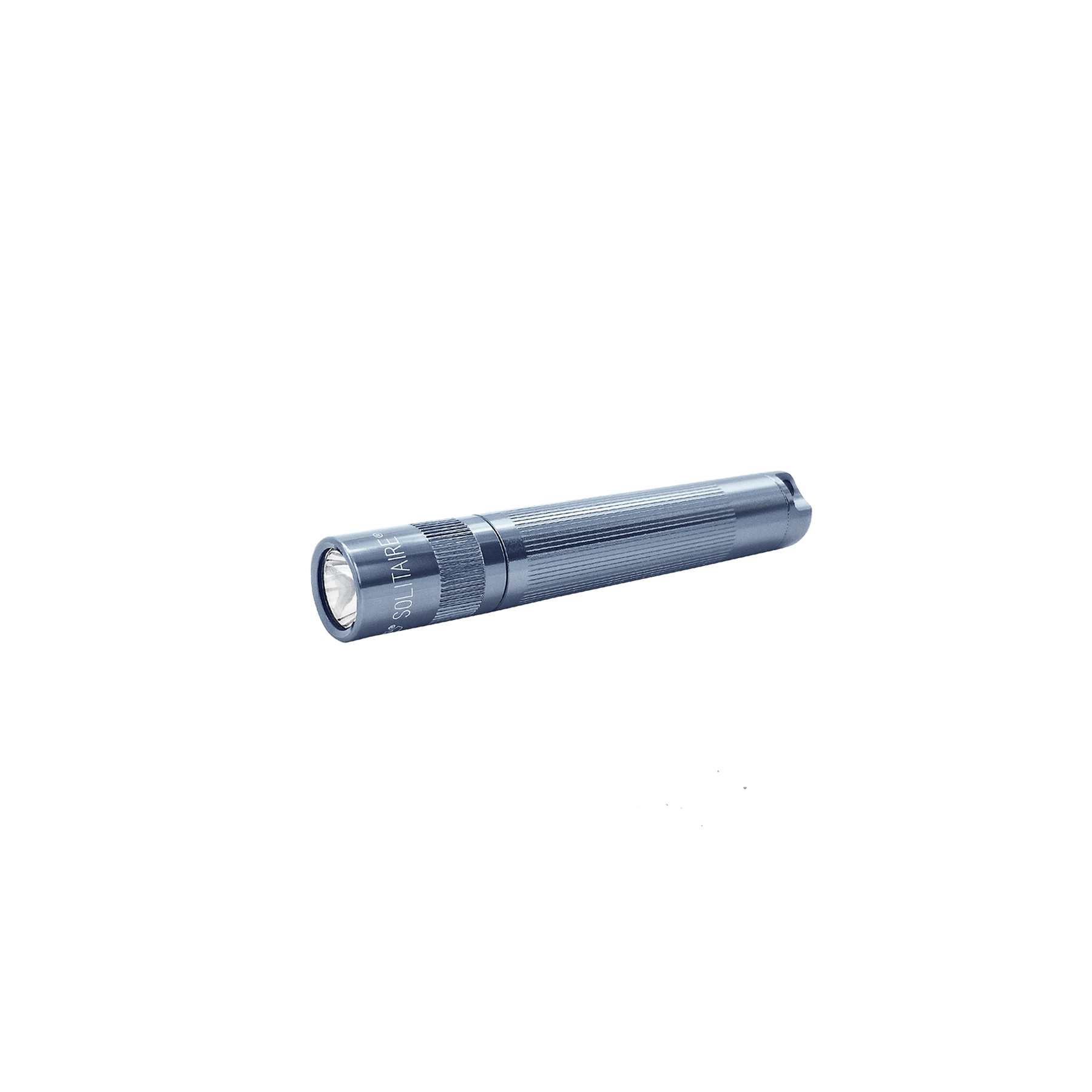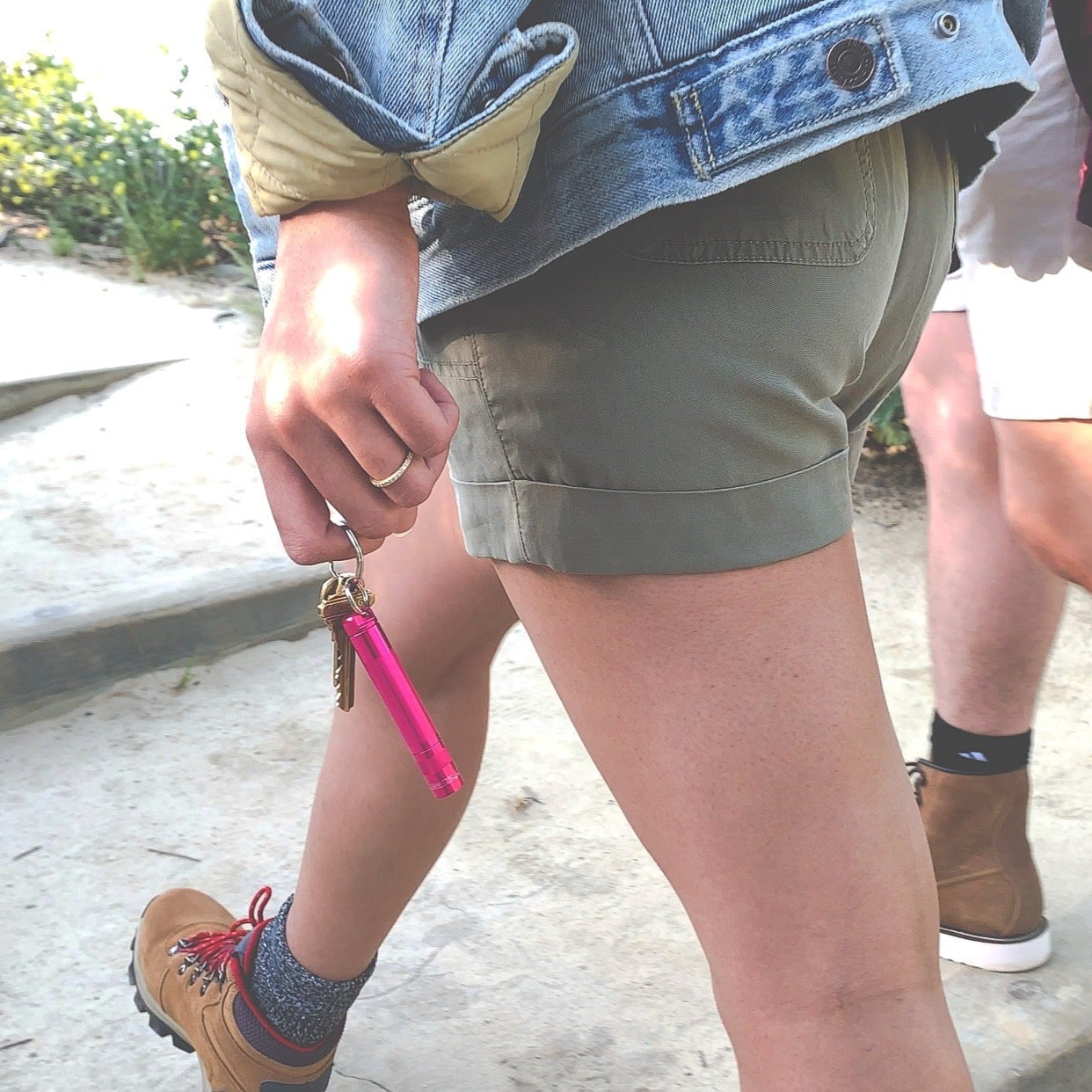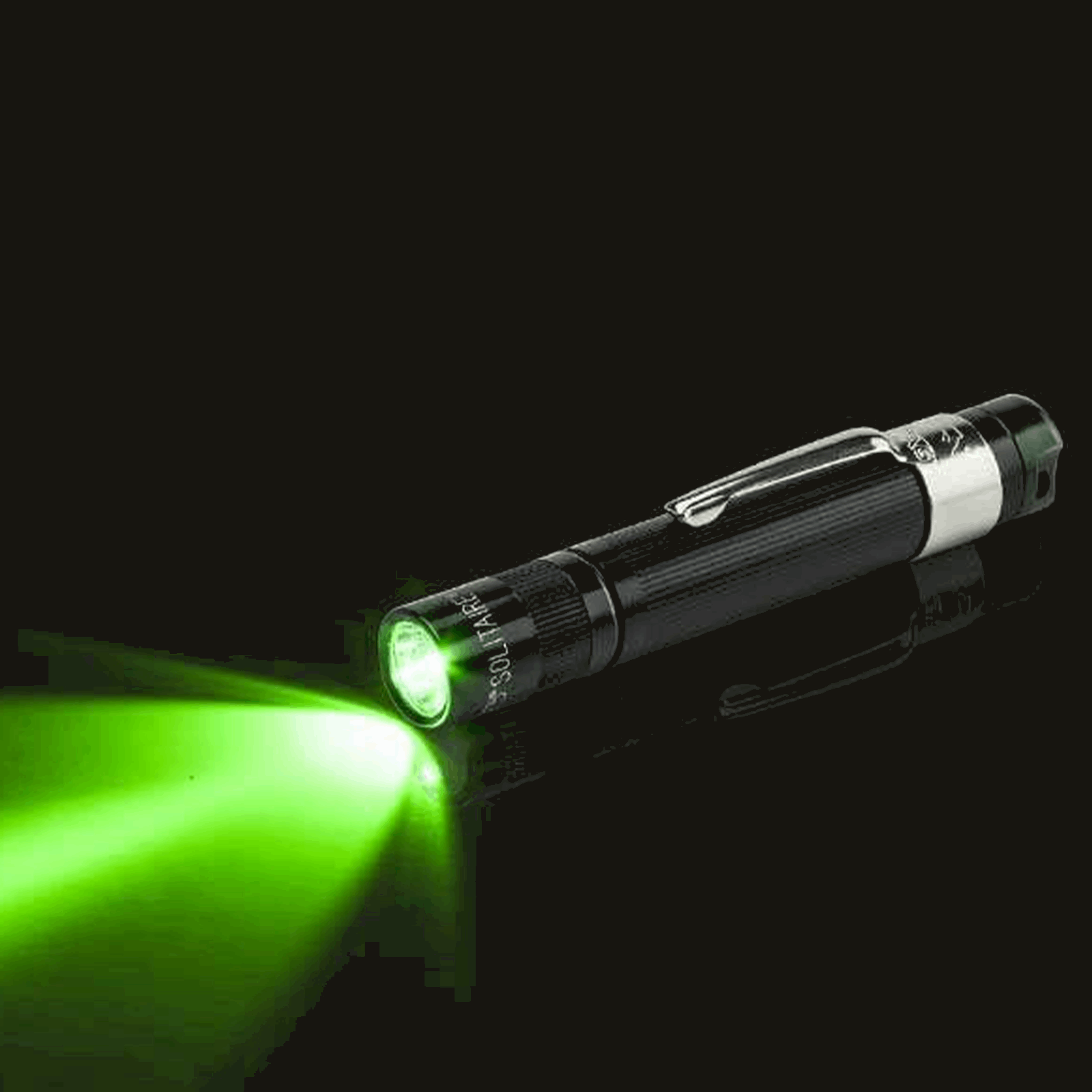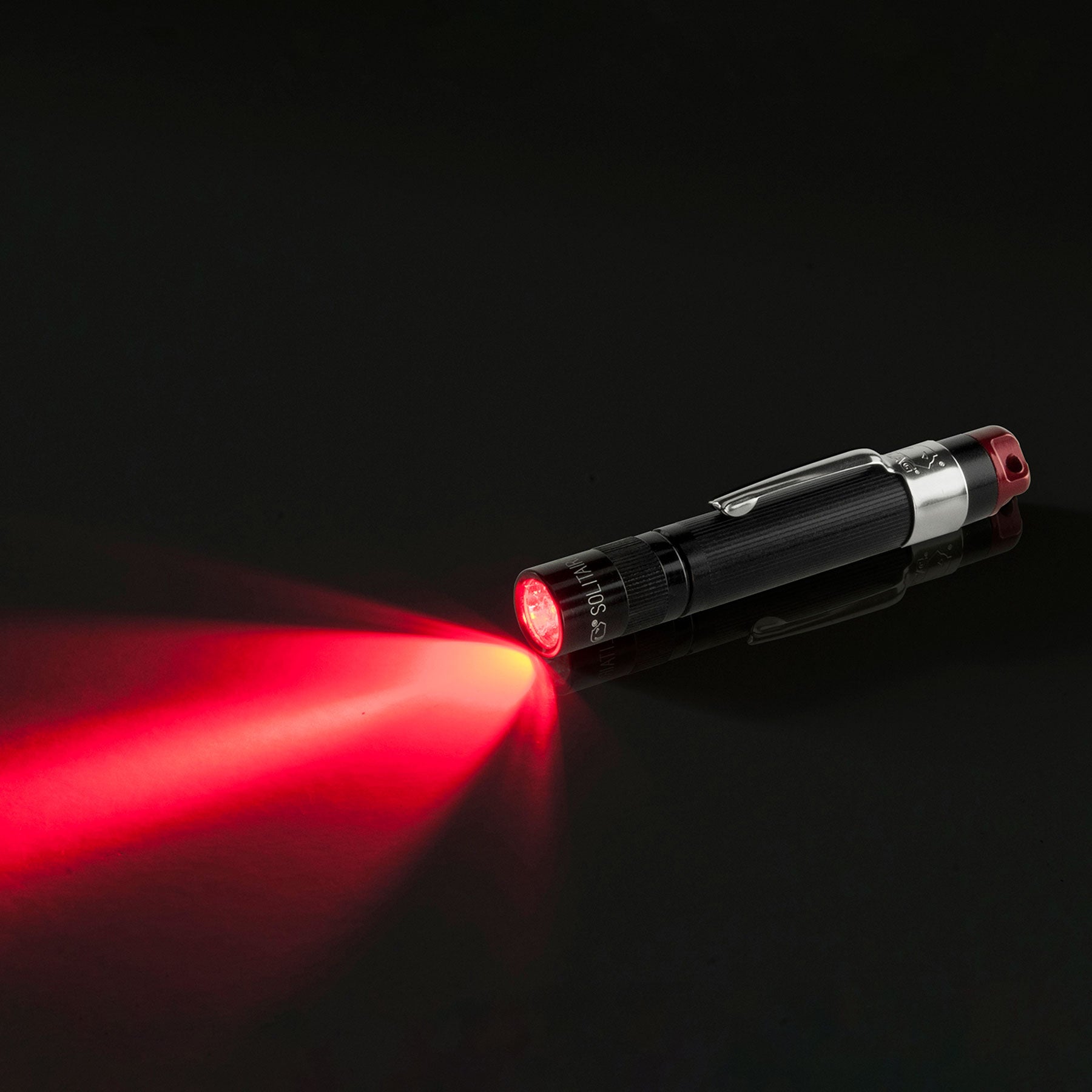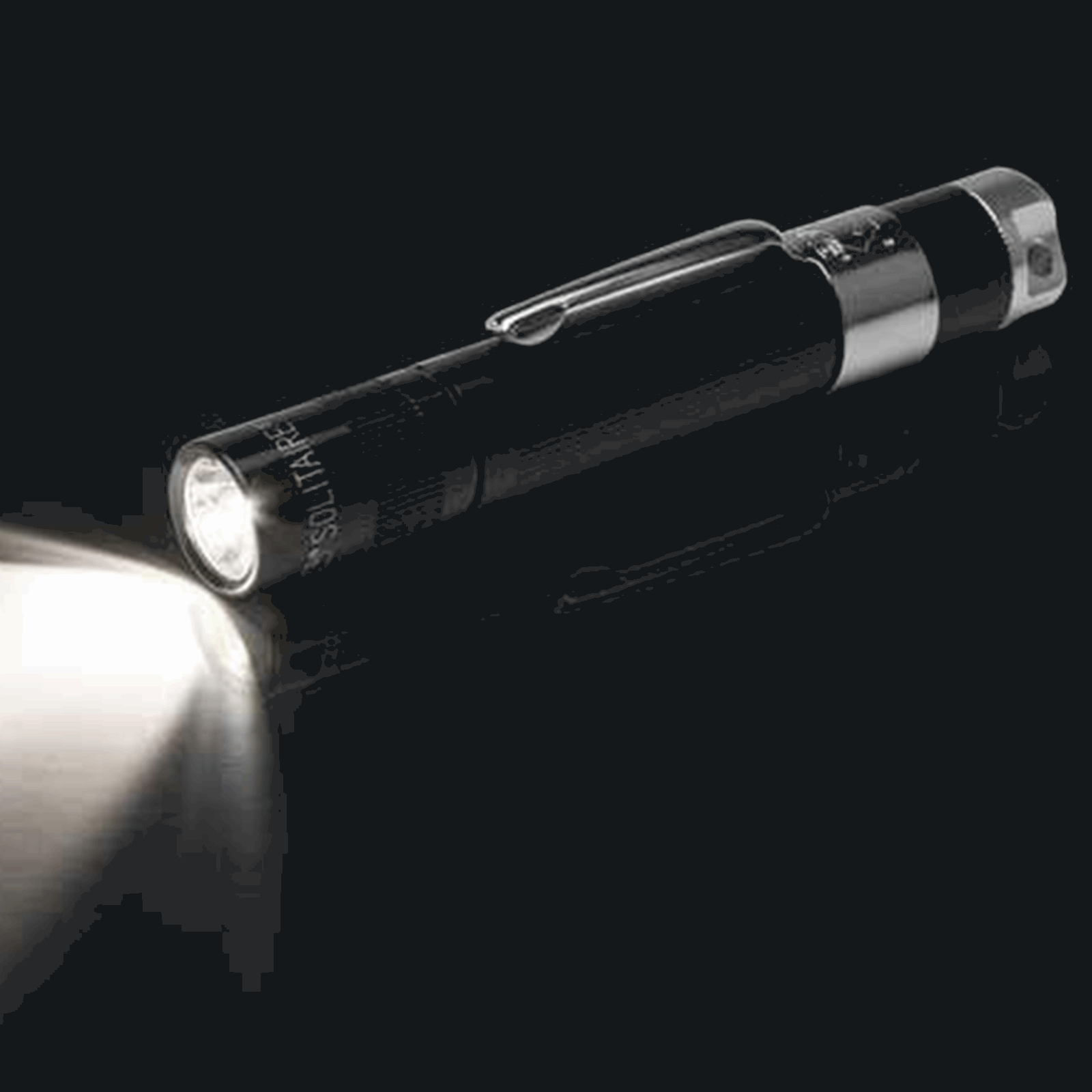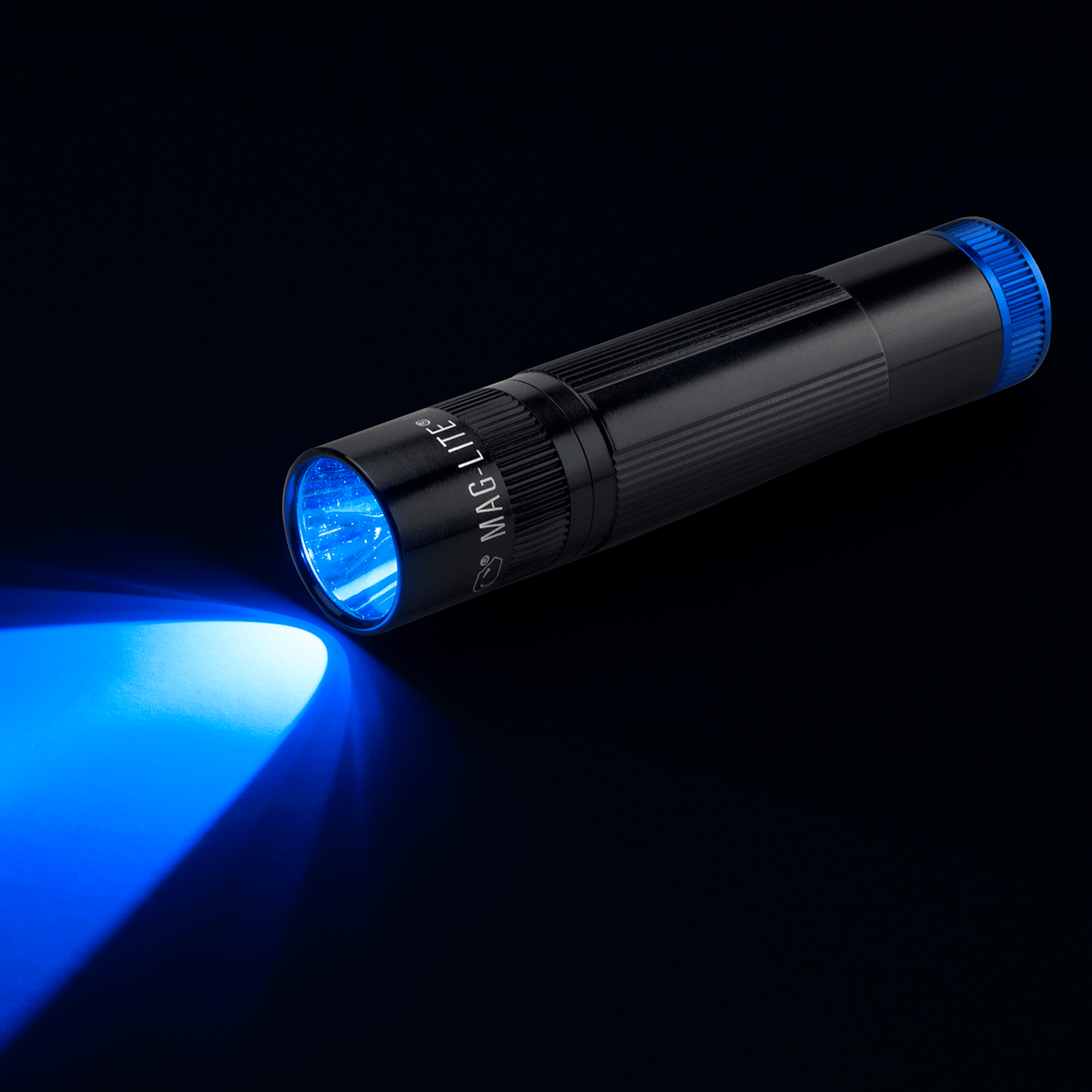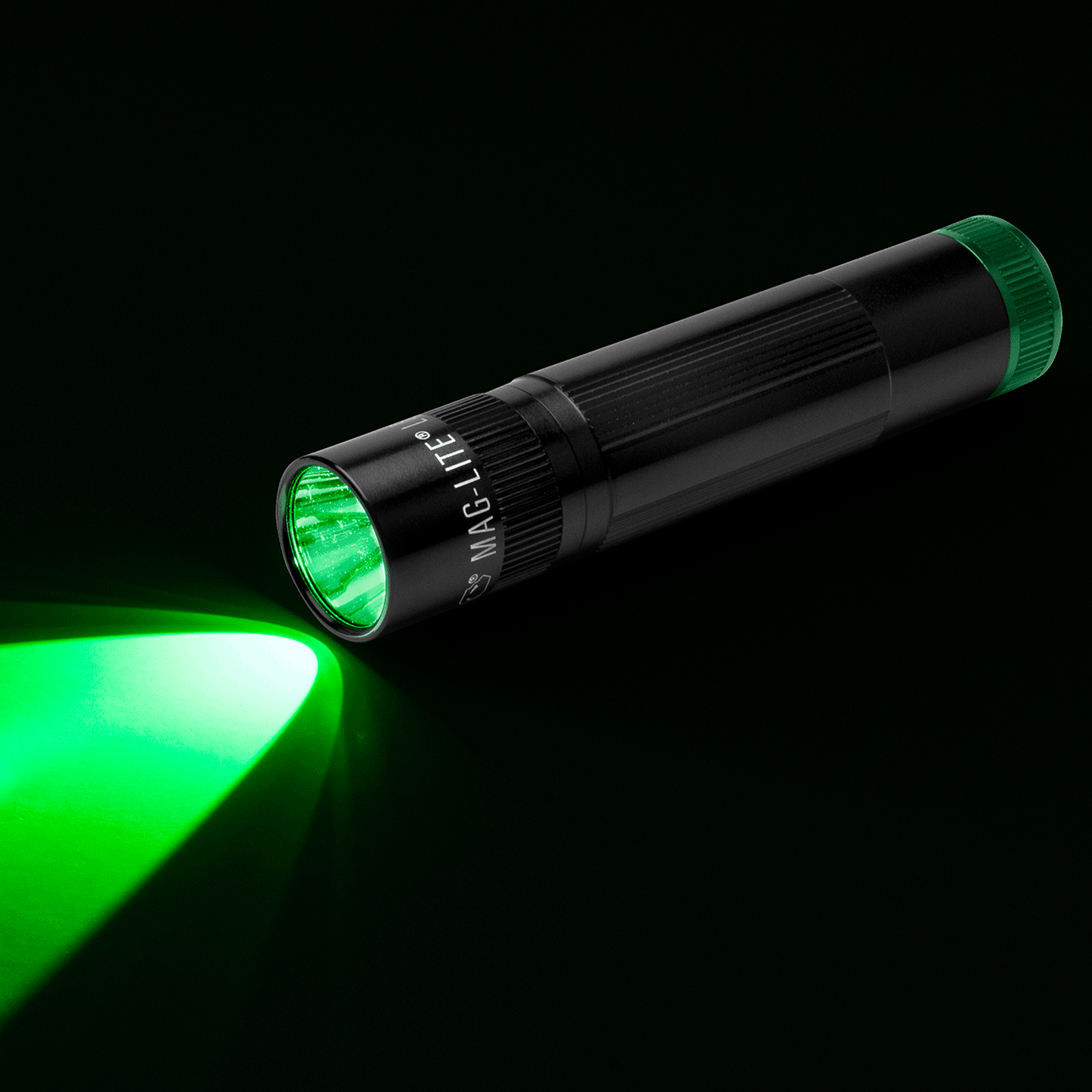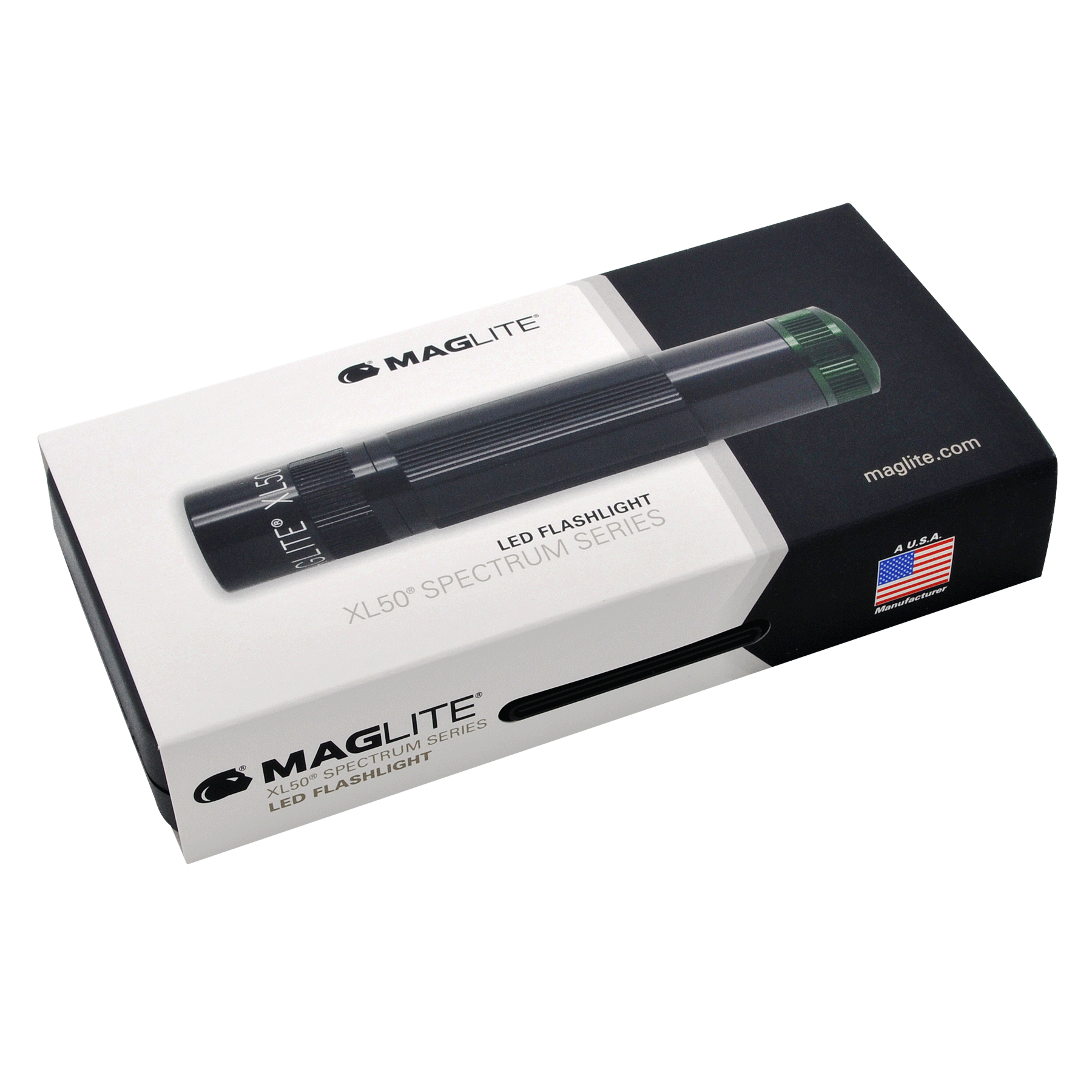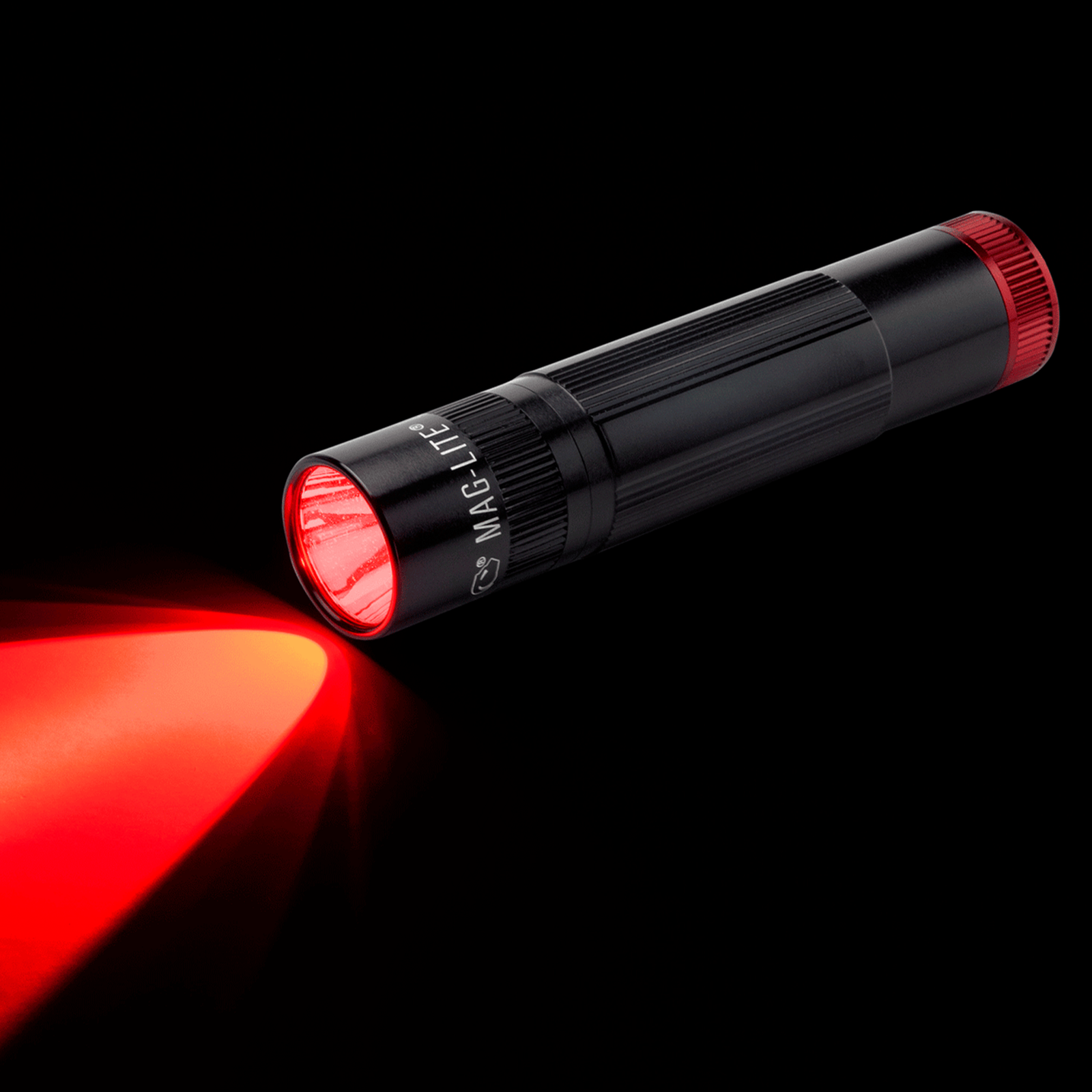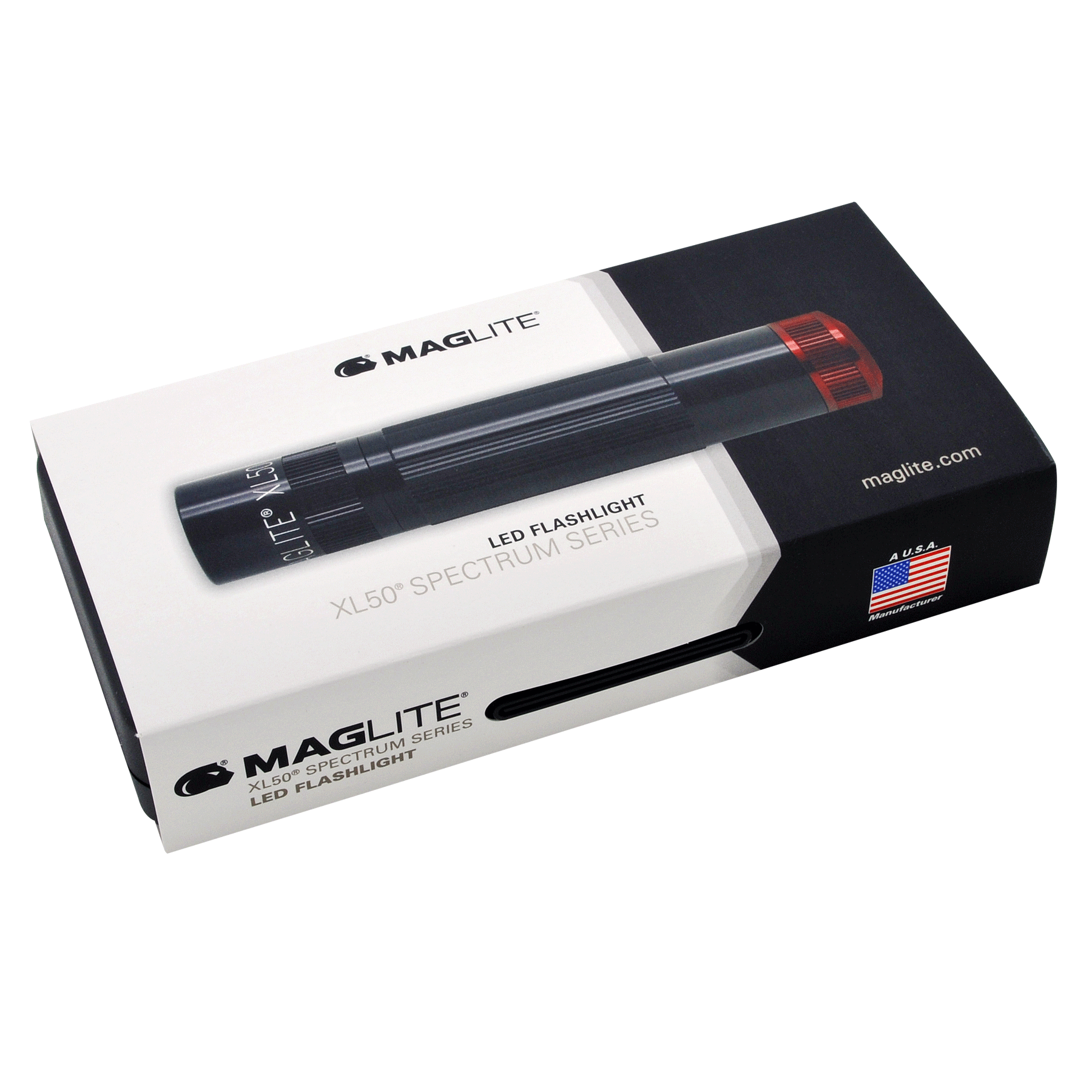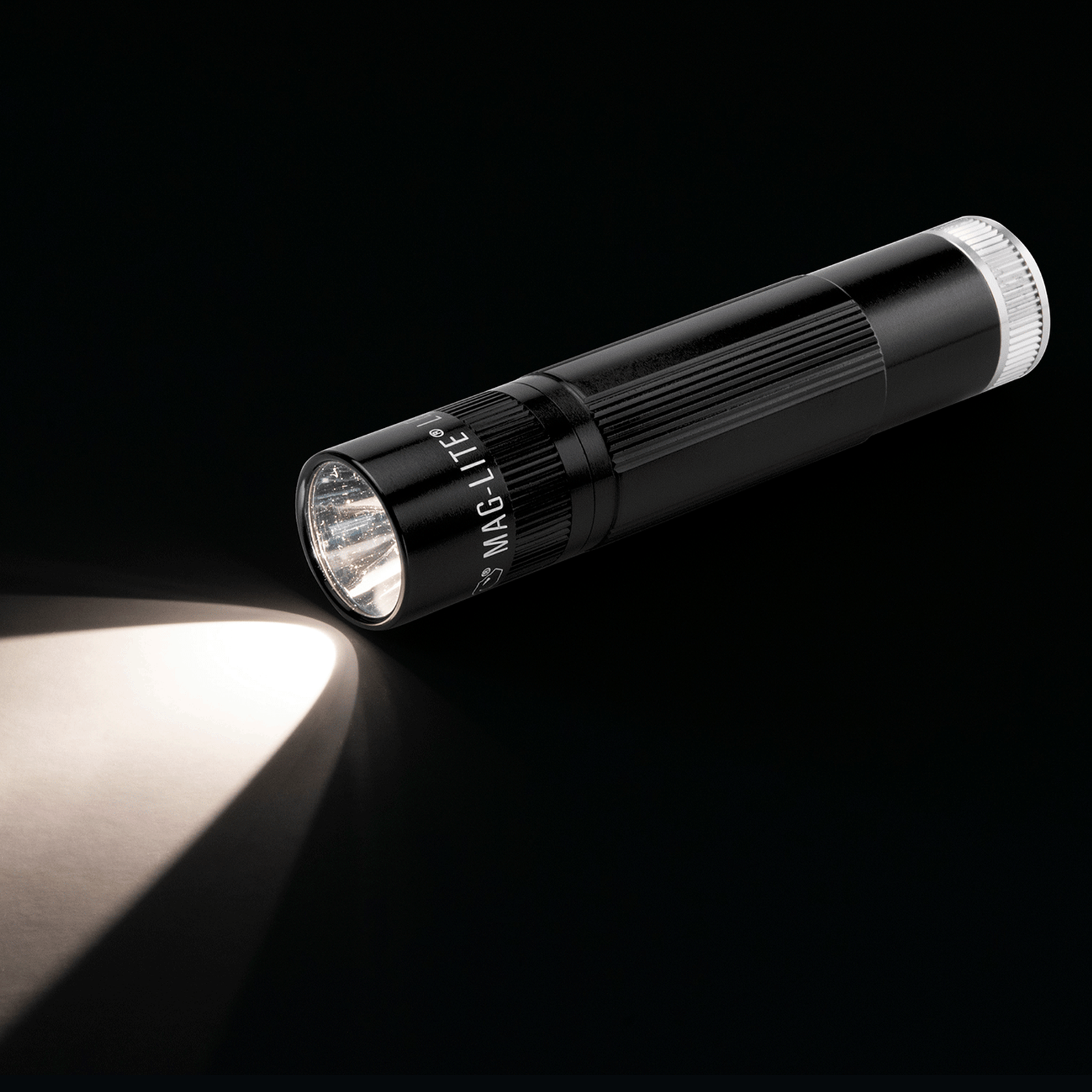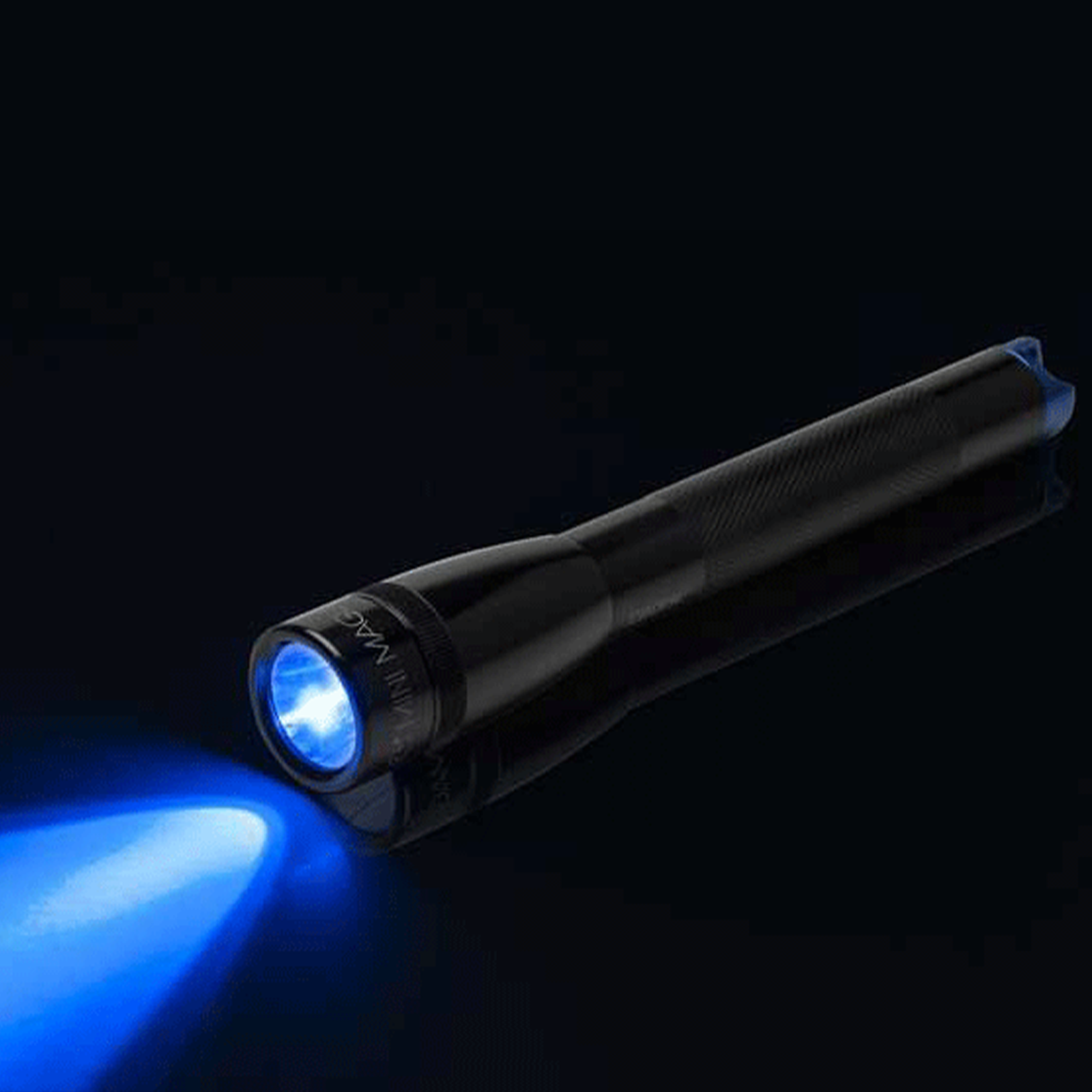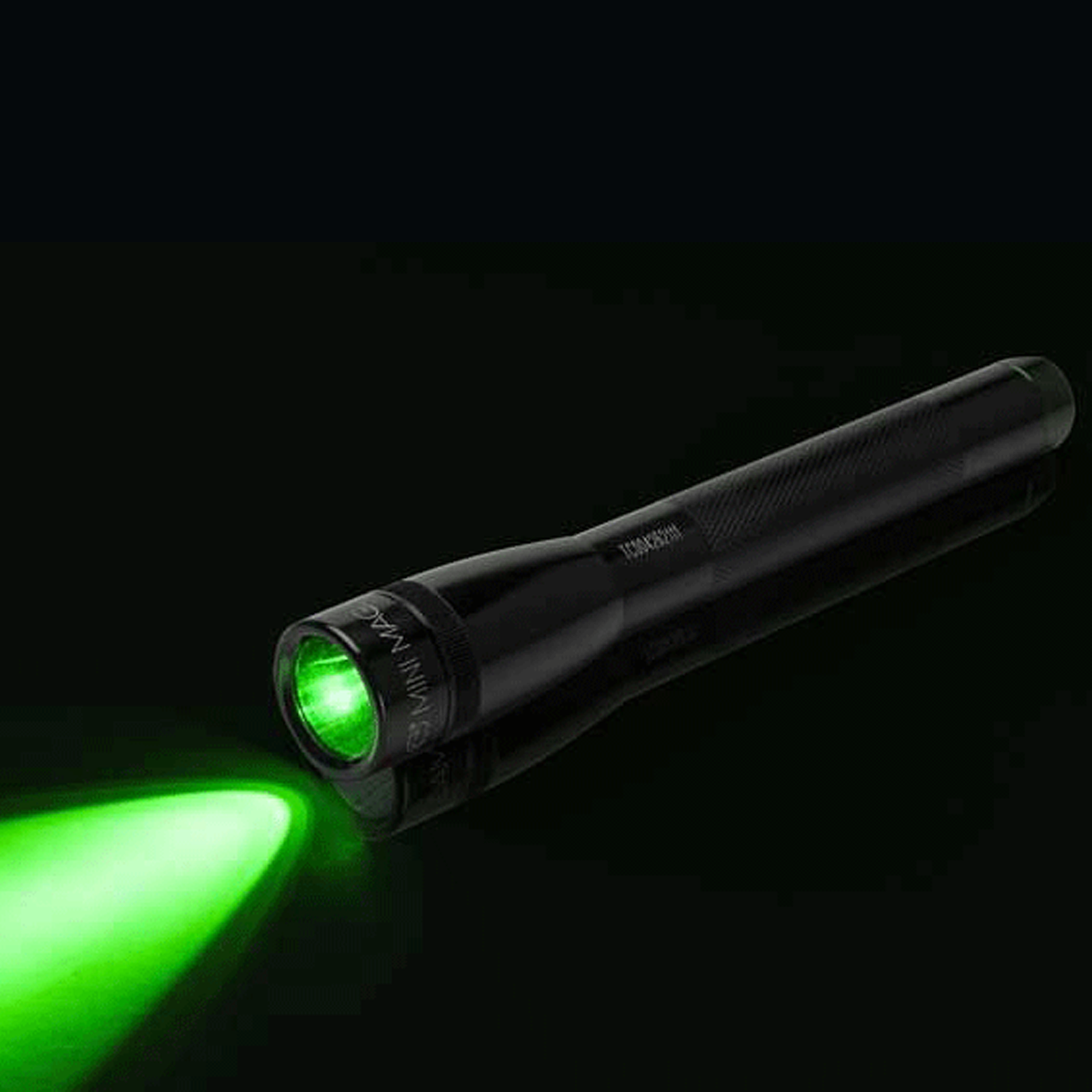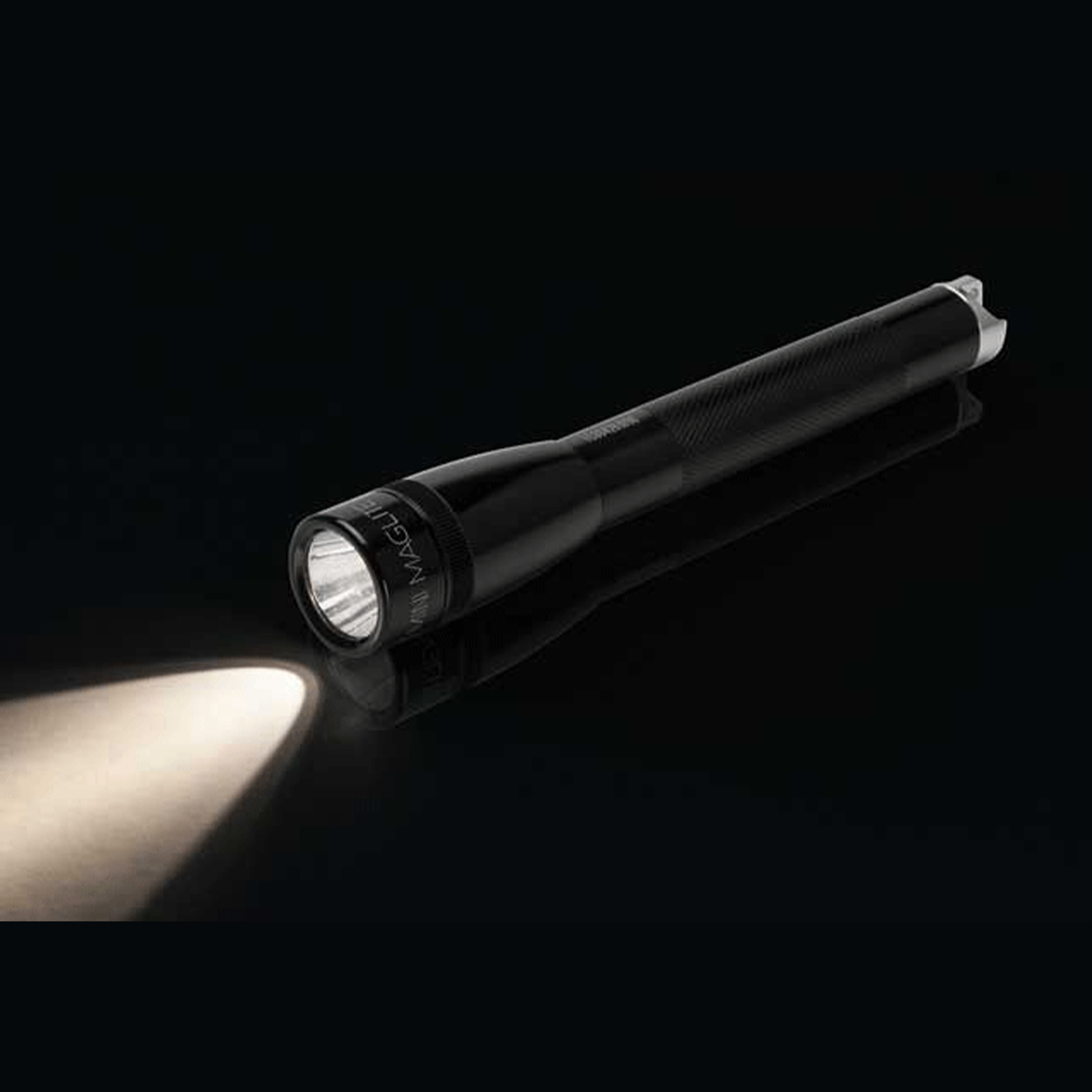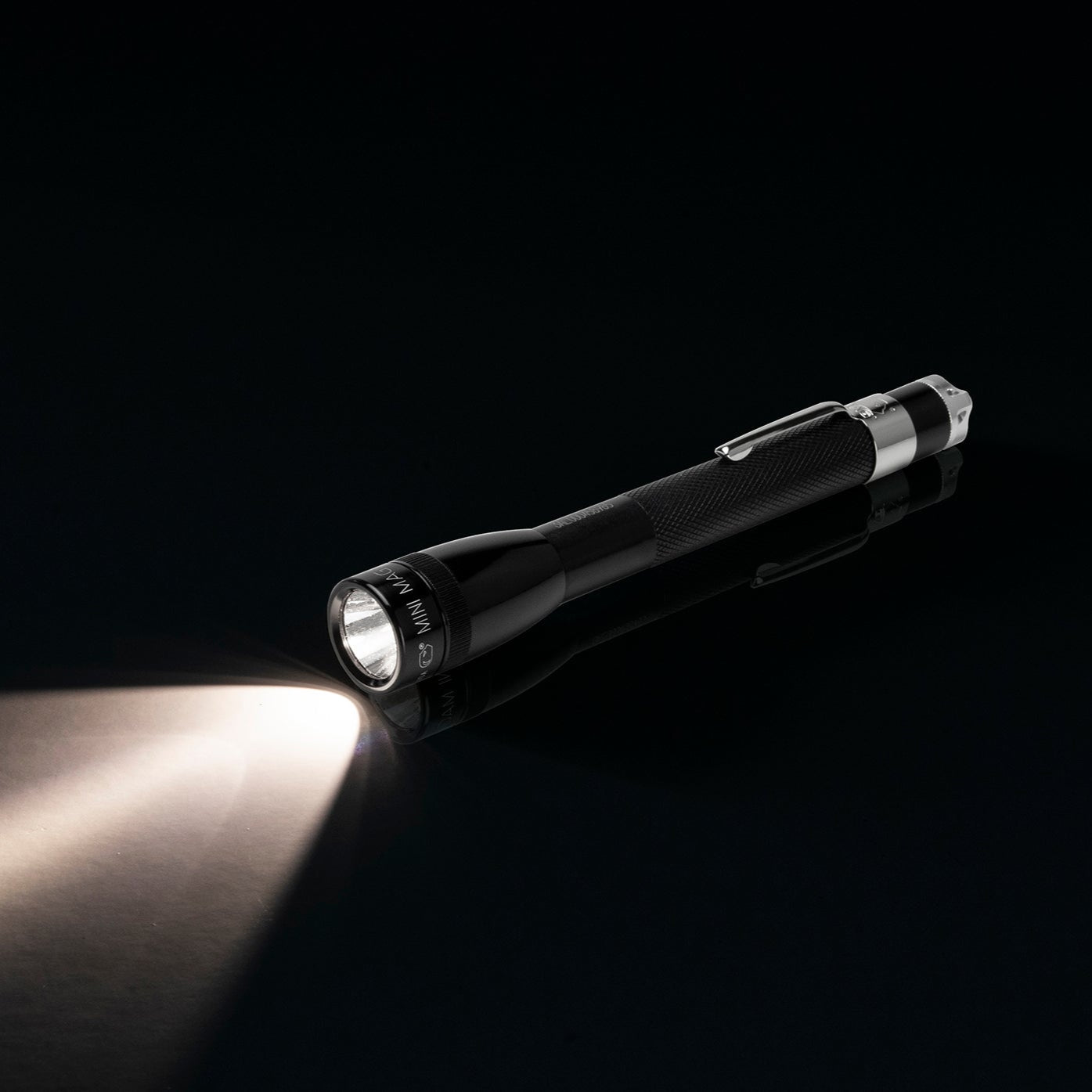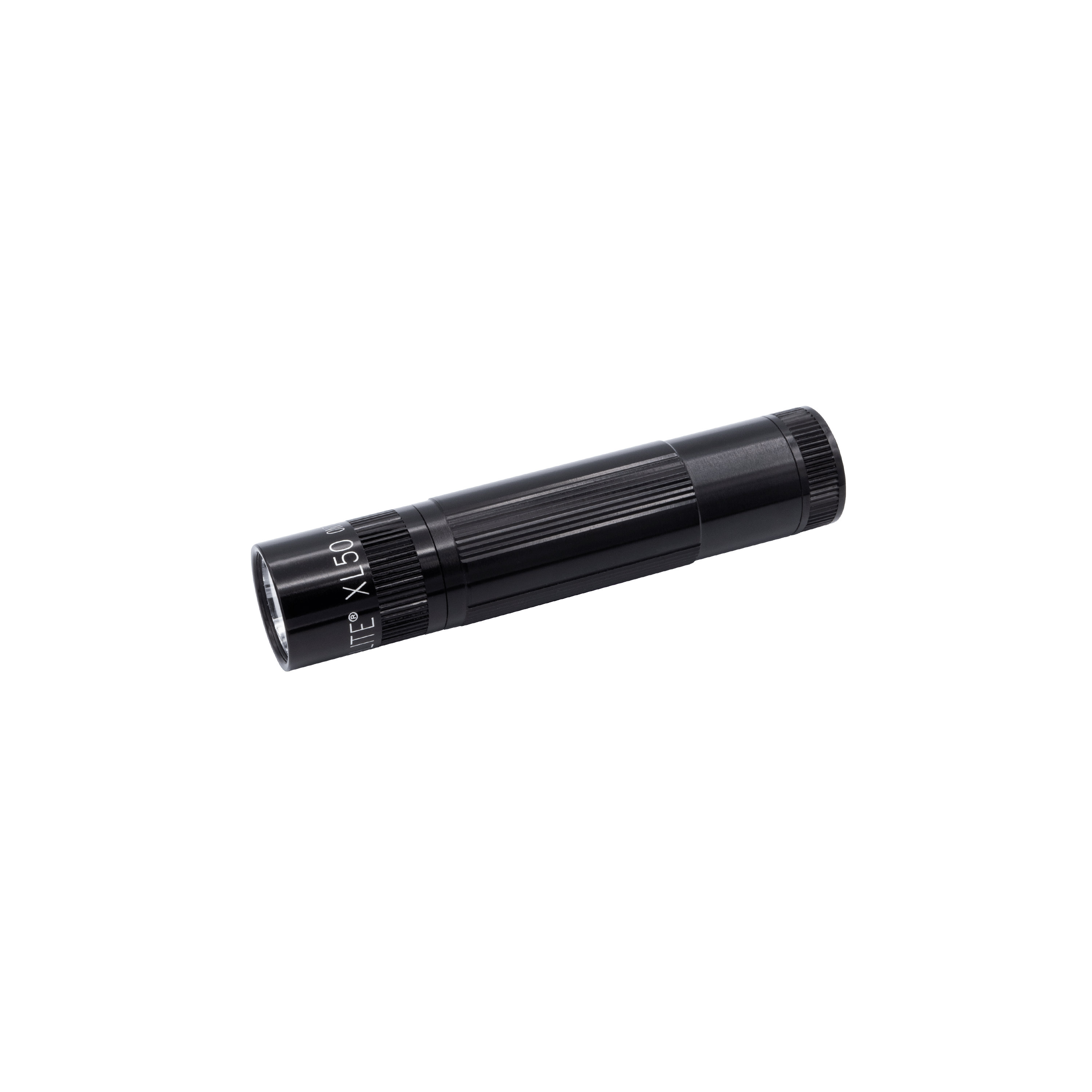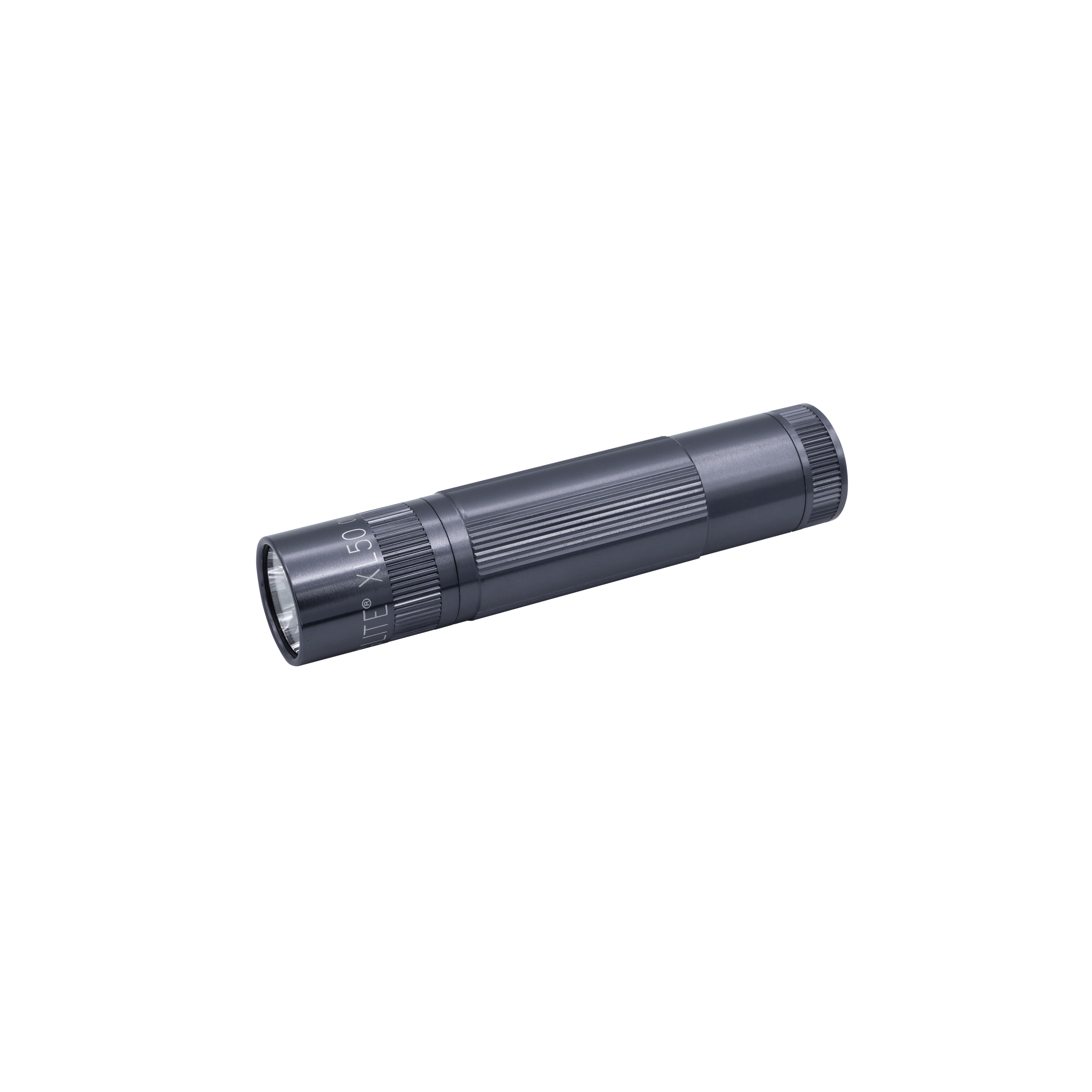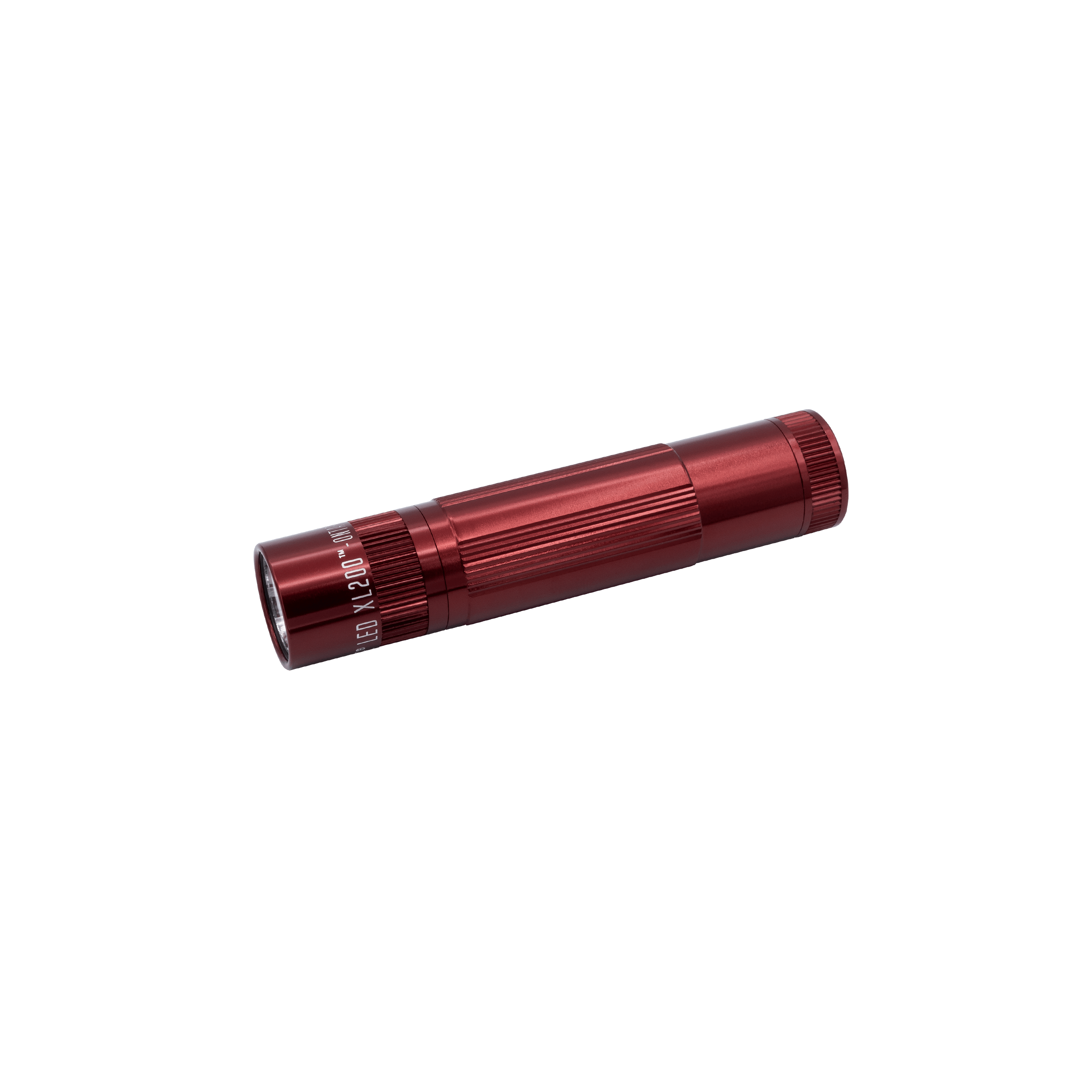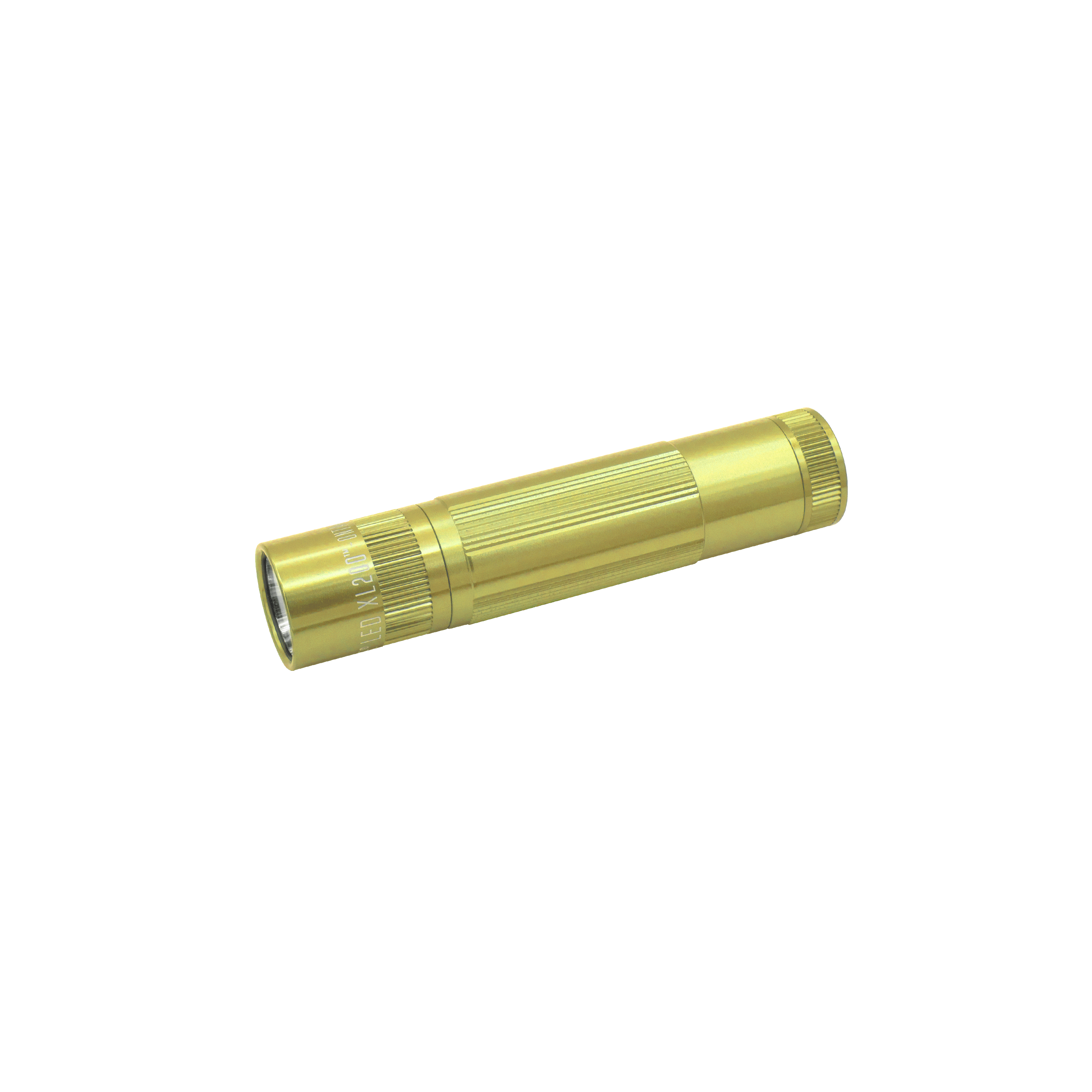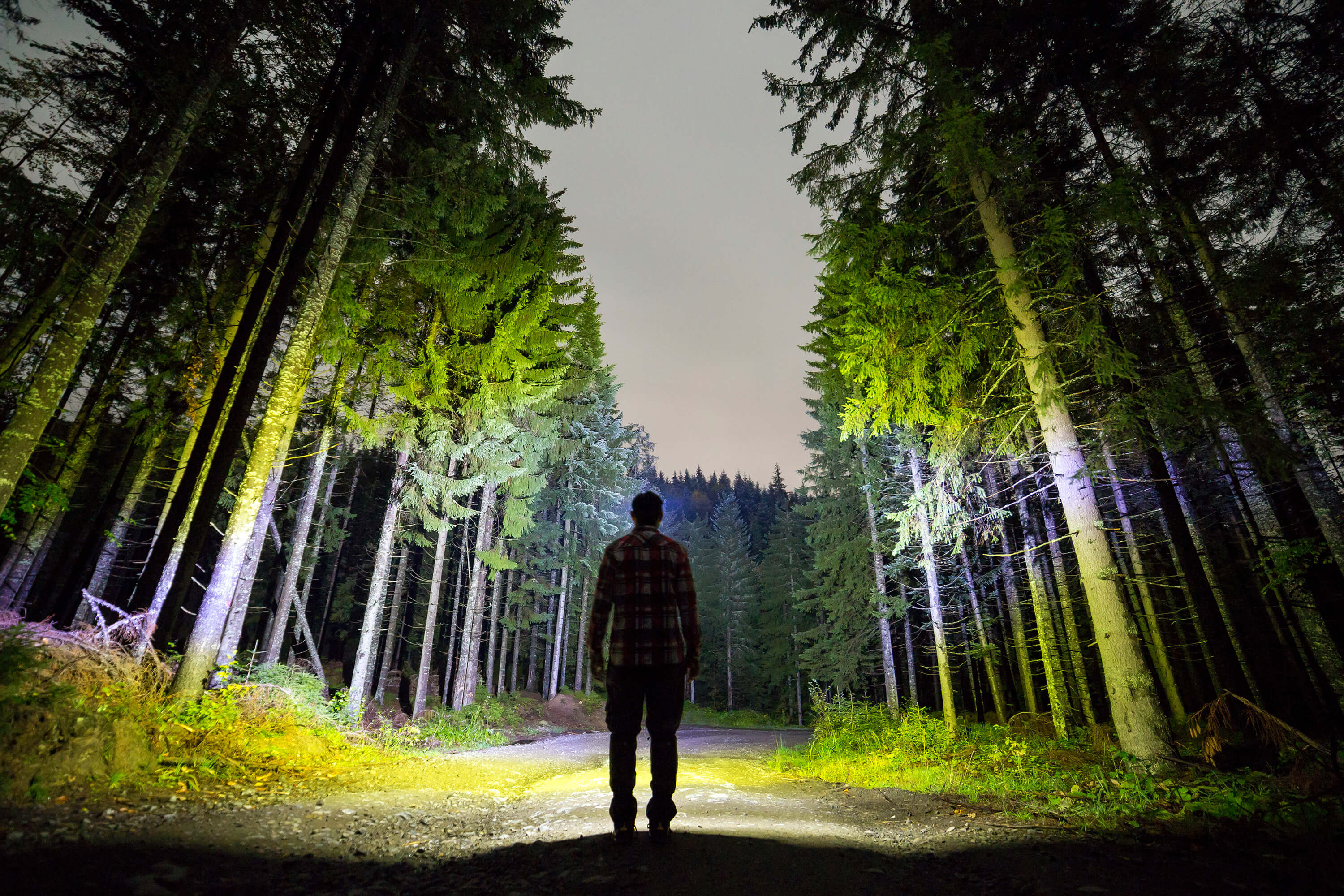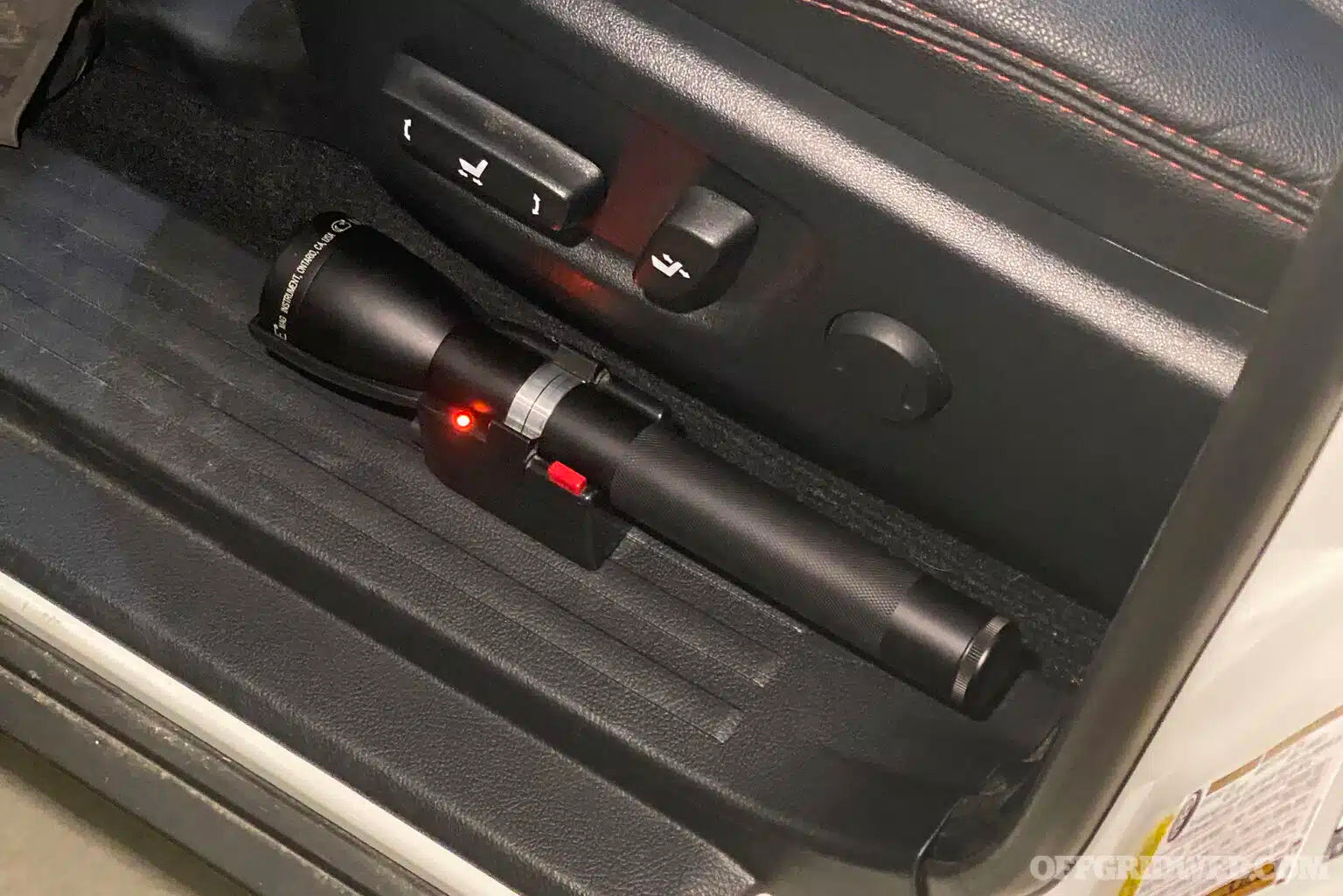What’s it like policing where sometimes it’s the Elk that are the real problem? Officer Heath Layman the proprietor of Willapa Firearms Training talks about his life as a rural lawman and his expertise in use of firearms and use of force training.
Transcript:
Producer:
Welcome to the MAGTAC Podcast with your host, Lou Desmond. Let's join Lou and business owner/police officer Heath Layman, as they discuss the latest in tactical gear and procedures.
Lou Desmond:
We're joined here today by Officer Heath Layman. He is also the proprietor of Willapa Firearms Training. Did I say that right?
Heath Layman:
Willapa Firearms Training.
Lou Desmond:
Willapa. I was putting in the emphasis on the wrong syllable, so that's what happens. Willapa. Firearms Training. I'm still getting used to the names of everything here in Washington State. As you know, I'm a newer resident. A lot of the names, people laugh at me because a lot of the Native American named things, I still get wrong. It's kind of funny. Talk to us about the area where you are a law enforcement officer. It's a mix of urban and rural, right?
Heath Layman:
That depends on your definition of urban. Small communities, but what I think is a big town for most people that live in real big towns, they would laugh and think that it was the suburbs. City of Aberdeen. It's not that big, but to me, that's going to town. I live in a small community. The City of Raymond. Neighborhood of 5,000 people. It's a very rural area outside of the city. Lots of small businesses. Growing up as a kid, Dairy Queen was the big deal in town. Now it's a small town. Small town vibes, and I live outside of town. Get to enjoy a herd of elk down below my house just about every evening and early morning. That's a good life, far as I'm concerned.
Lou Desmond:
As far as the type of policing that you do, what's a typical day like?
Heath Layman:
Lately it's been domestic violence calls and mental health calls, is pretty much been in the forefront of everything. We've had some disorderly conducts. Just about everything lately seems like it involves mental health. I don't know if it's just this Corona stuff that we've been dealing with that's causing people that are a little bit cracked to become broken, but it's definitely been the predominant amount of calls for service that we in our small community have had.
Lou Desmond:
A lot of people's cracking under the strain of the, basically what is amounted to house arrest for a lot of people. It is causing people a little bit of mental stress.
Heath Layman:
Absolutely. Like I said, people that were just a little fractured, that were getting by with their group things that they would go and participate in, take their medications, seeing their doctors and stuff like that, a lot of them are self-medicating and not taking the medications as prescribed. Not getting their social interaction that helps them stay balanced and next thing you know, we're getting calls for service and having to go deal with them. Some of them lately have been pretty bizarre and ugly. Where we don't normally-
Lou Desmond:
An unfortunate side effect of the self-quarantine.
Heath Layman:
We're very much a small town. Normally, we would have one or two or three at the most in a couple of weeks' timeframe of mental health holds. I had three or four in one day, last week. That's a lot for us, because we have one officer on duty at a time. We're a small town.
Lou Desmond:
Before Coronavirus, describe your typical life as a police officer in that. It's decidedly a more rural area than say, Southern California.
Heath Layman:
Definitely more rural than Southern California. We get the exact same calls for service that the big cities get. We just get them in a smaller percentage. Instead of having nine or ten guys show up on scene to handle a call for service, I've got me, myself and I to handle the call for service. We're pretty lucky. The city that I work for, we border a slightly larger community where they have normally, four to five guys on duty at a time in their small town. If the crap hits the fan for us, without a doubt, they're sending guys over to help us.
Lou Desmond:
When I called you the other day, you were literally just wrapping up breaking up some sort of, I think it was a bar fight or something. Is that what was going on?
Heath Layman:
Geez. Almost 28 years in, I can't even remember the call for sure. I know that sounds bizarre, but unless it's something that, somebody's wiping bodily fecal matter all over themselves type of a call for service, most of it just blends together. You don't even remember stuff. I don't remember which call that was. I'm sorry.
Lou Desmond:
That's all right. Well, we've got a sense of the type of area where you work, the types of service calls that you get. I want to get into the difference between nighttime and daytime work.
Producer:
Want to learn more about how officers may use tactical equipment in the field? Join us for the next episode of the MAGTAC Podcast with Lou Desmond and Officer Heath Layman.


